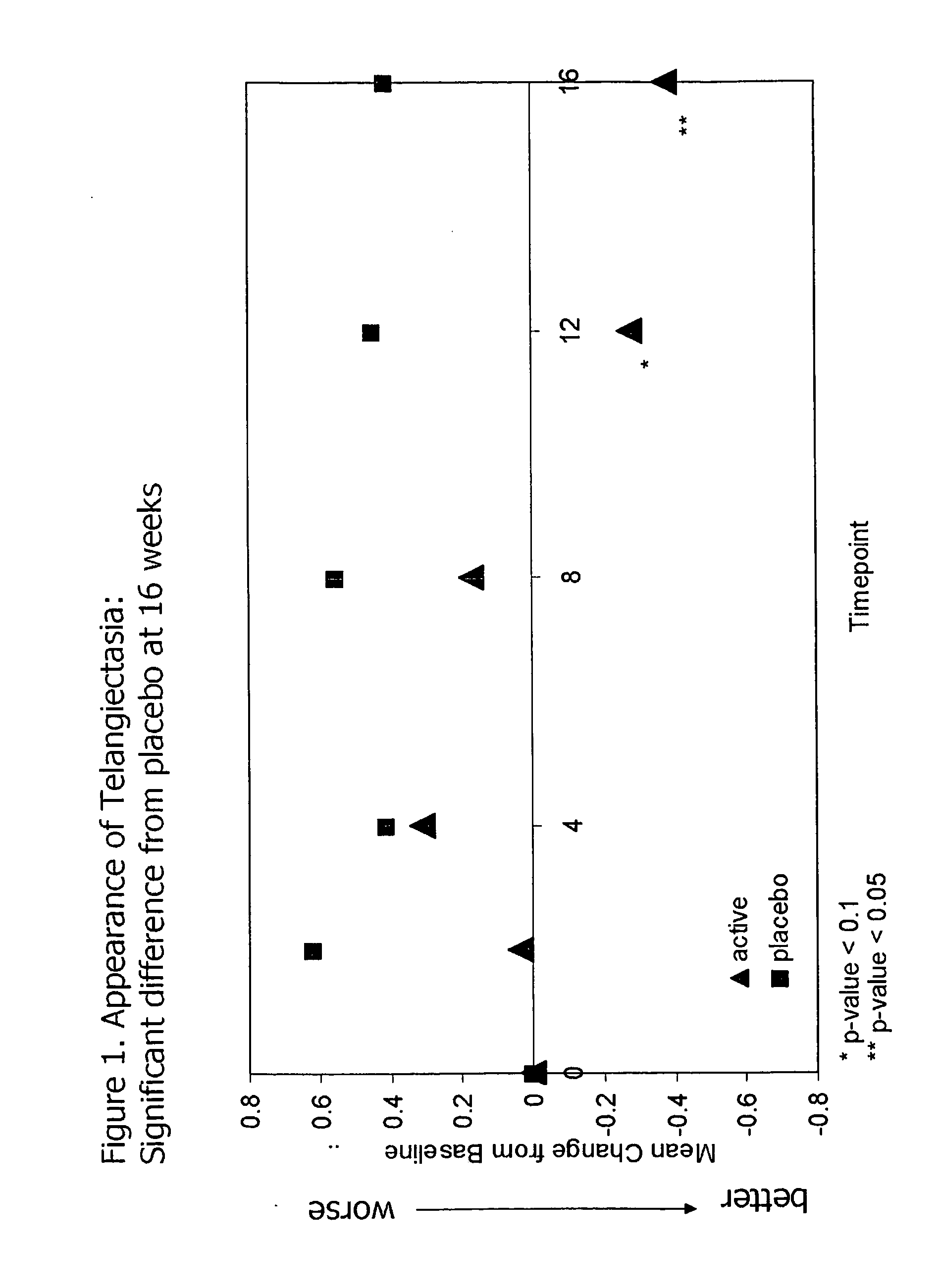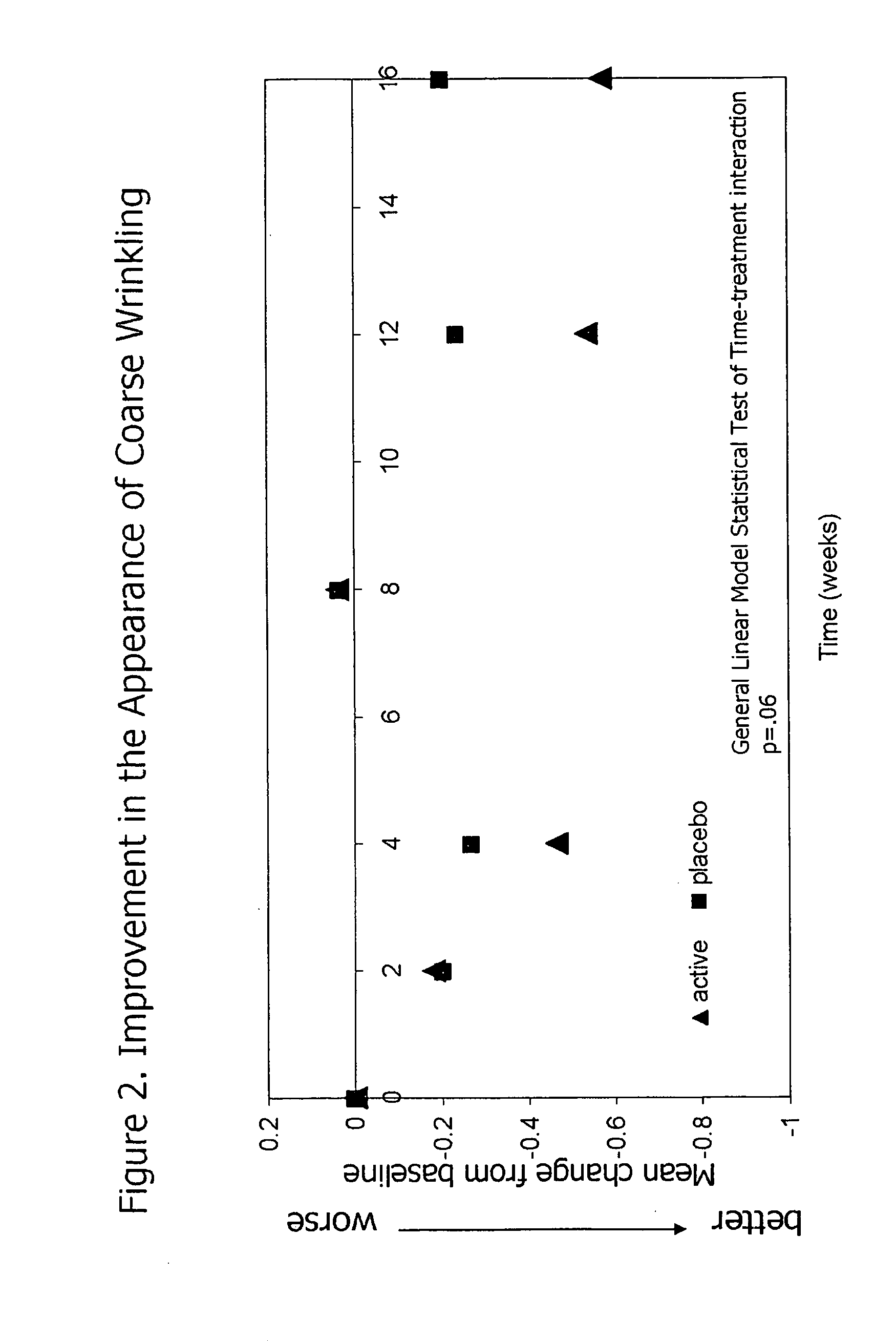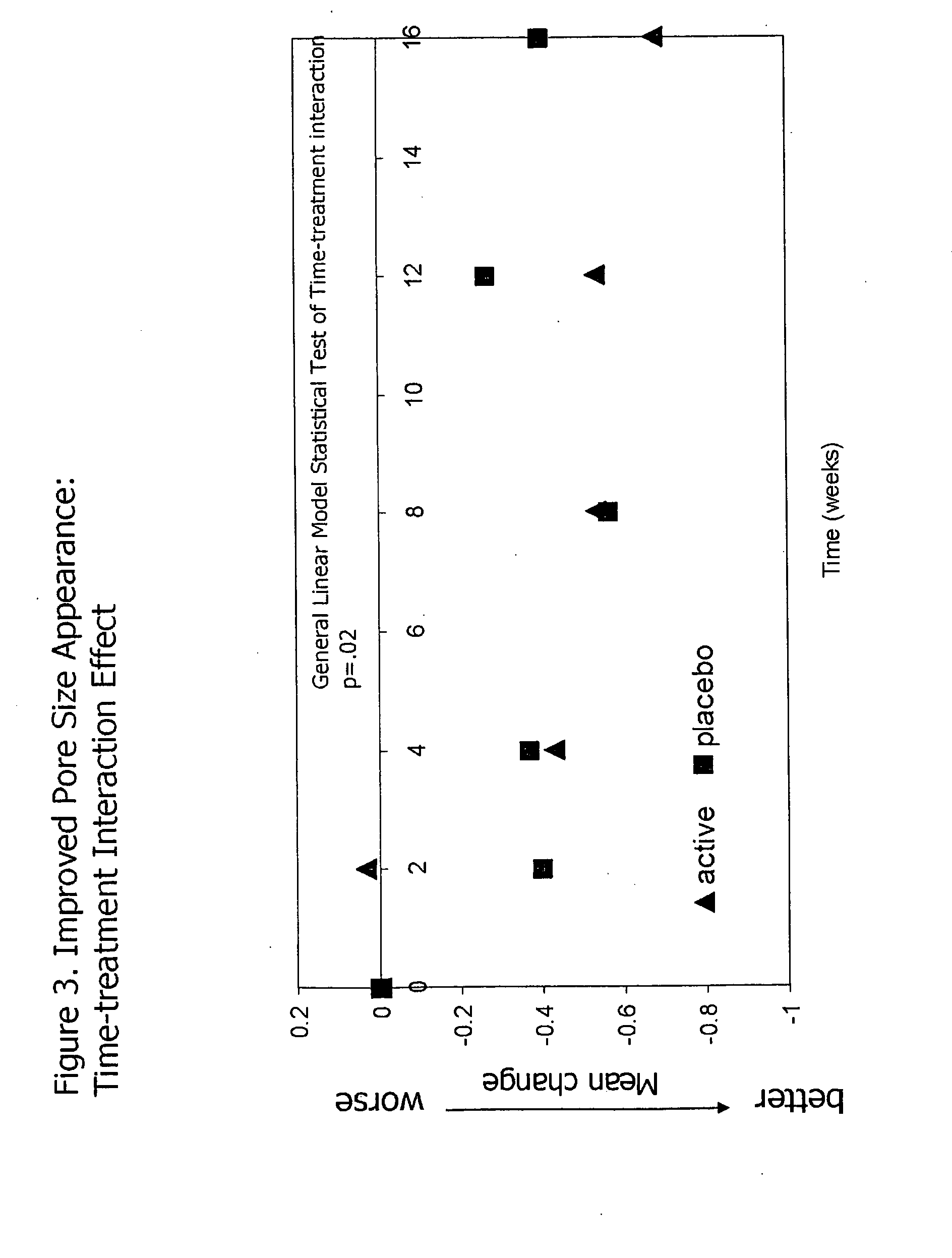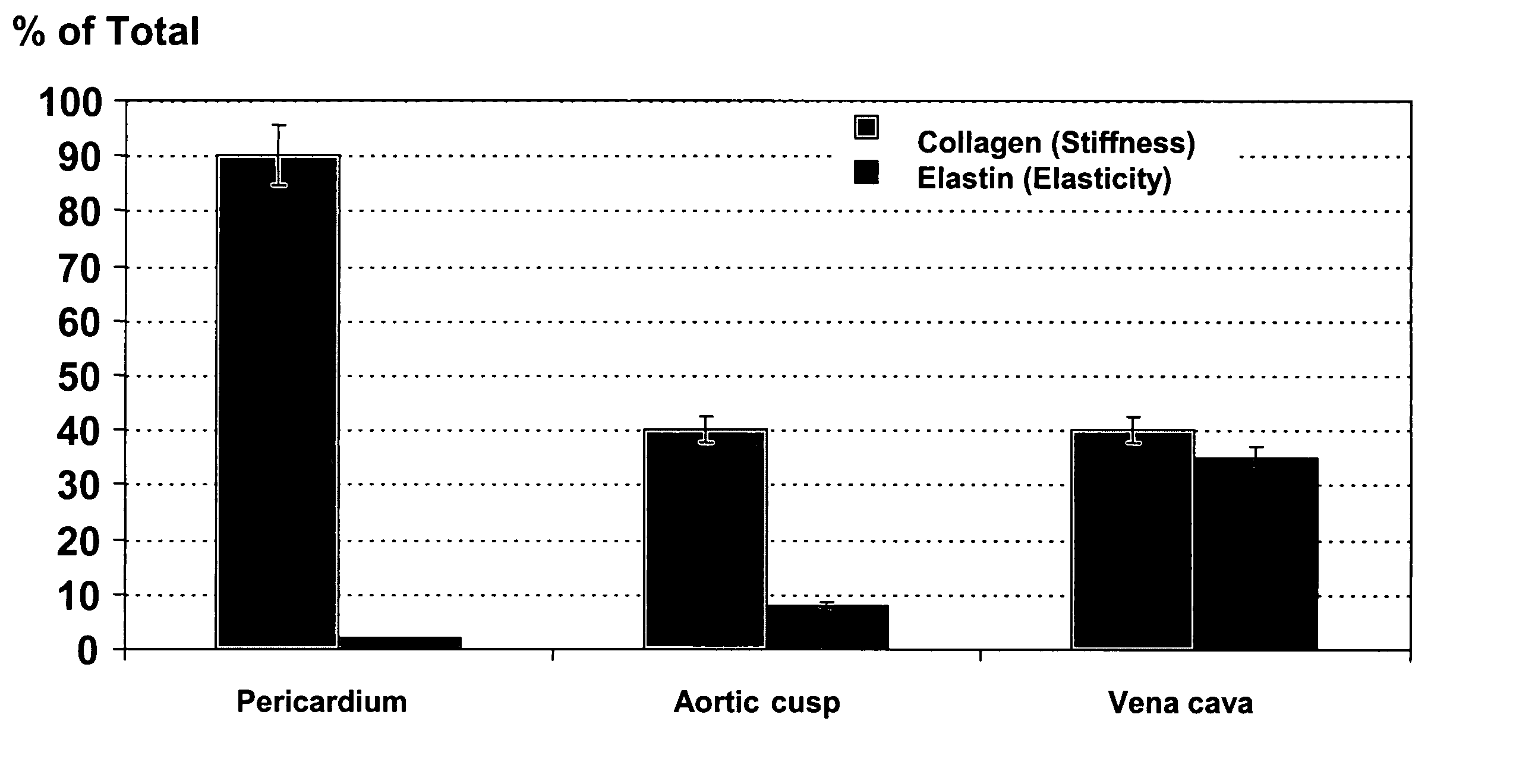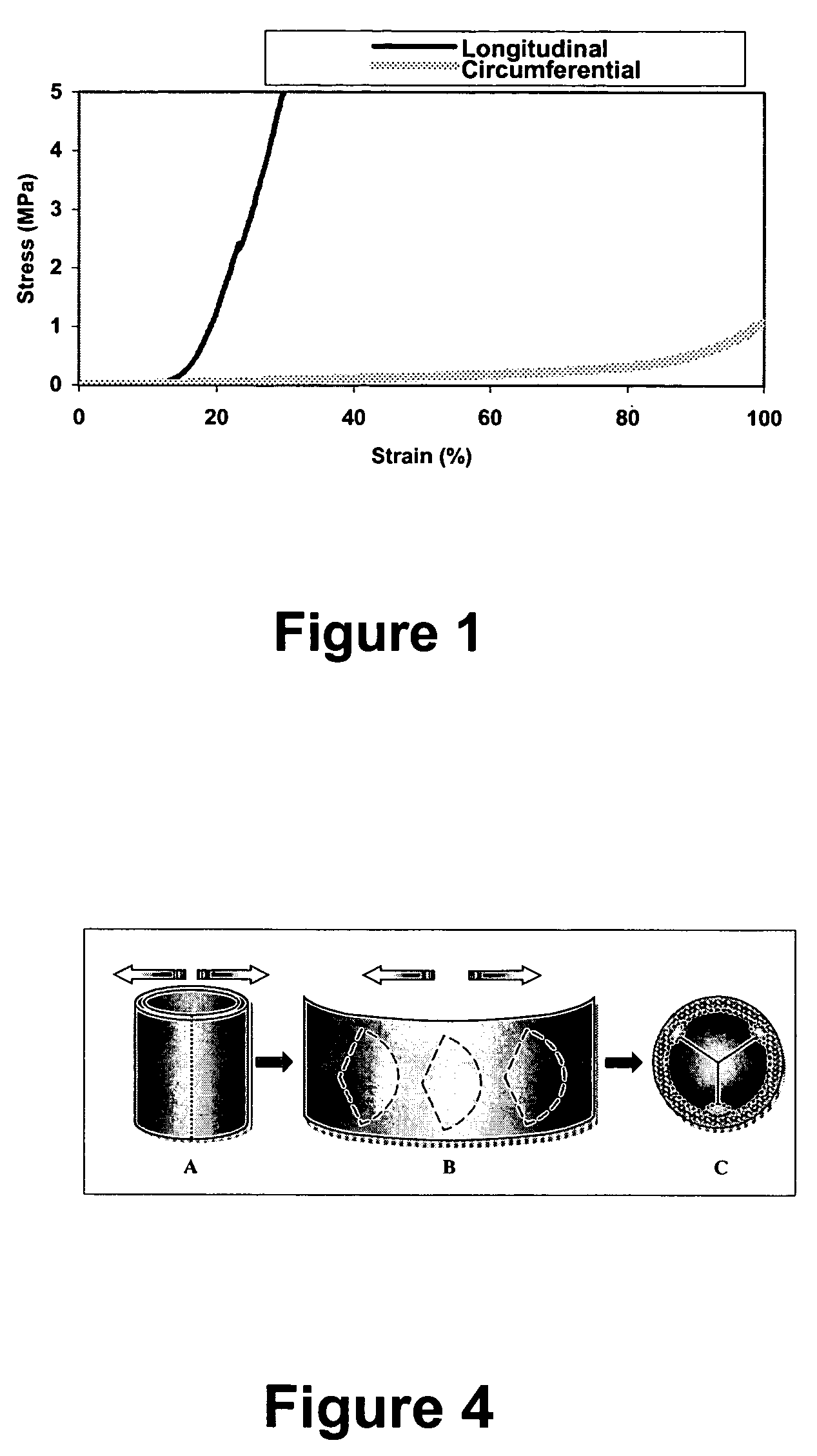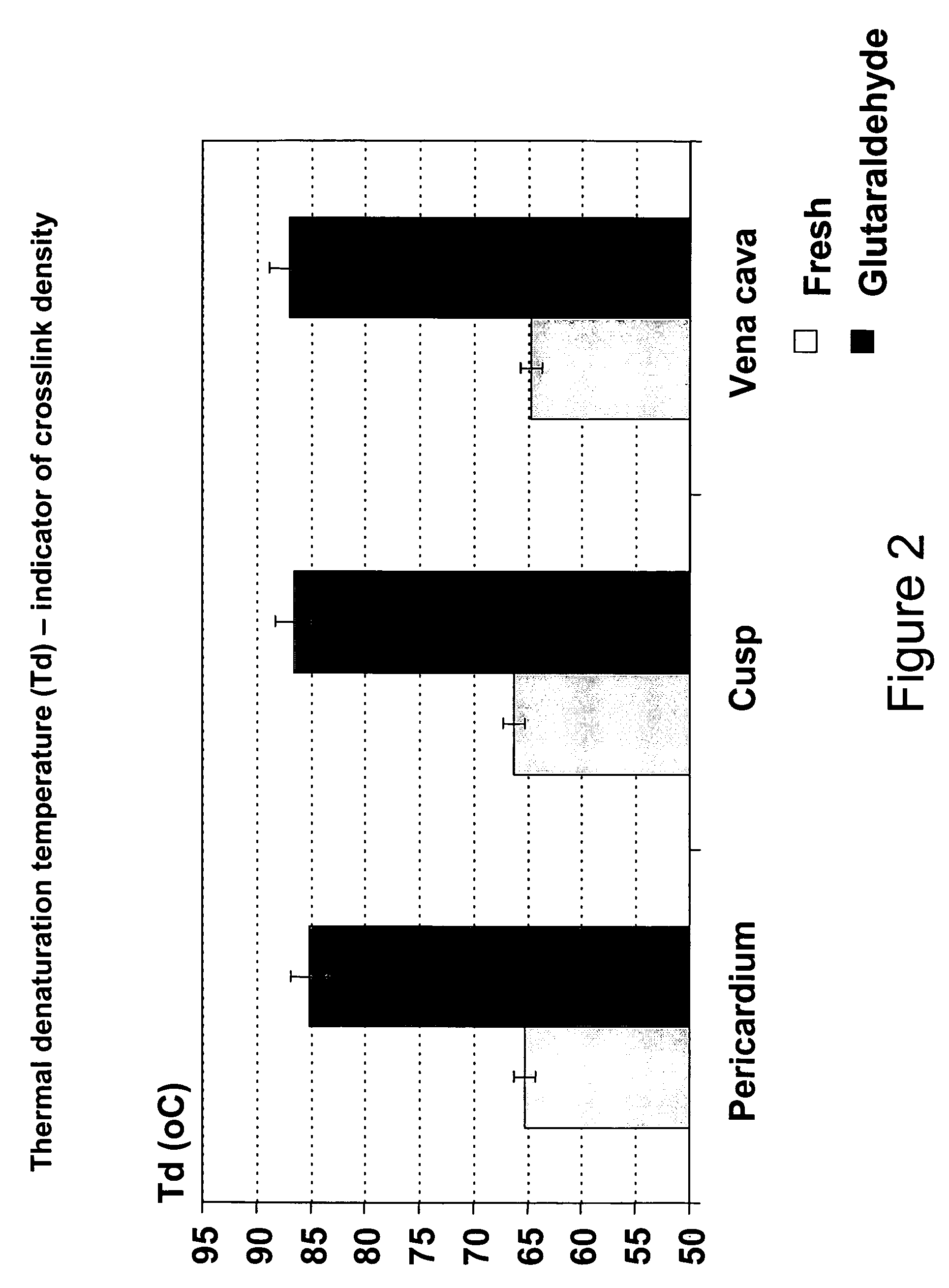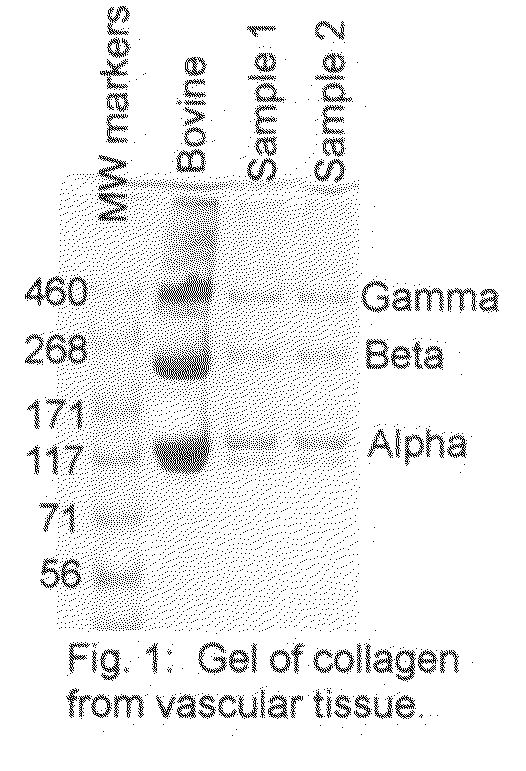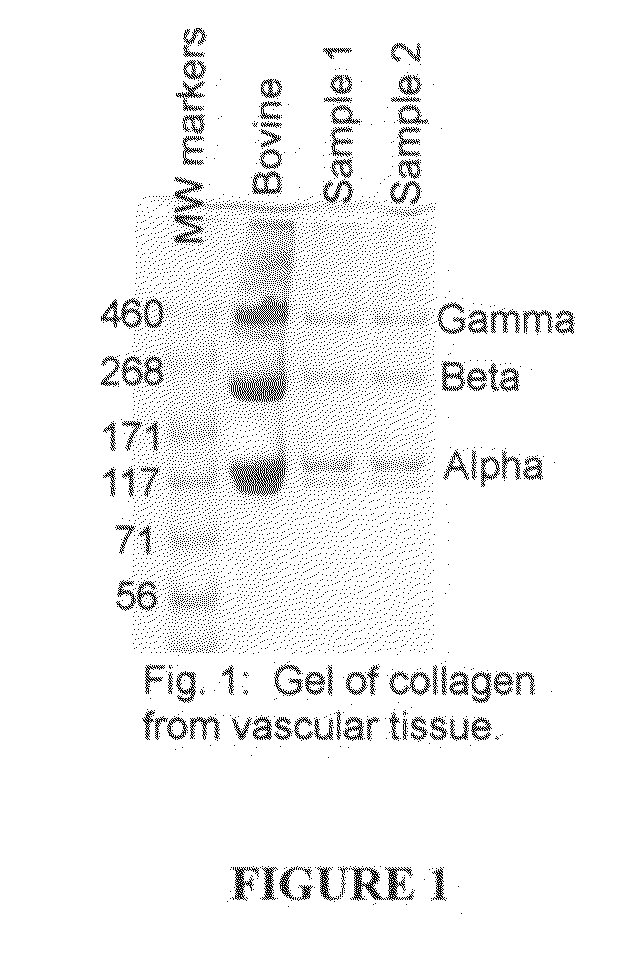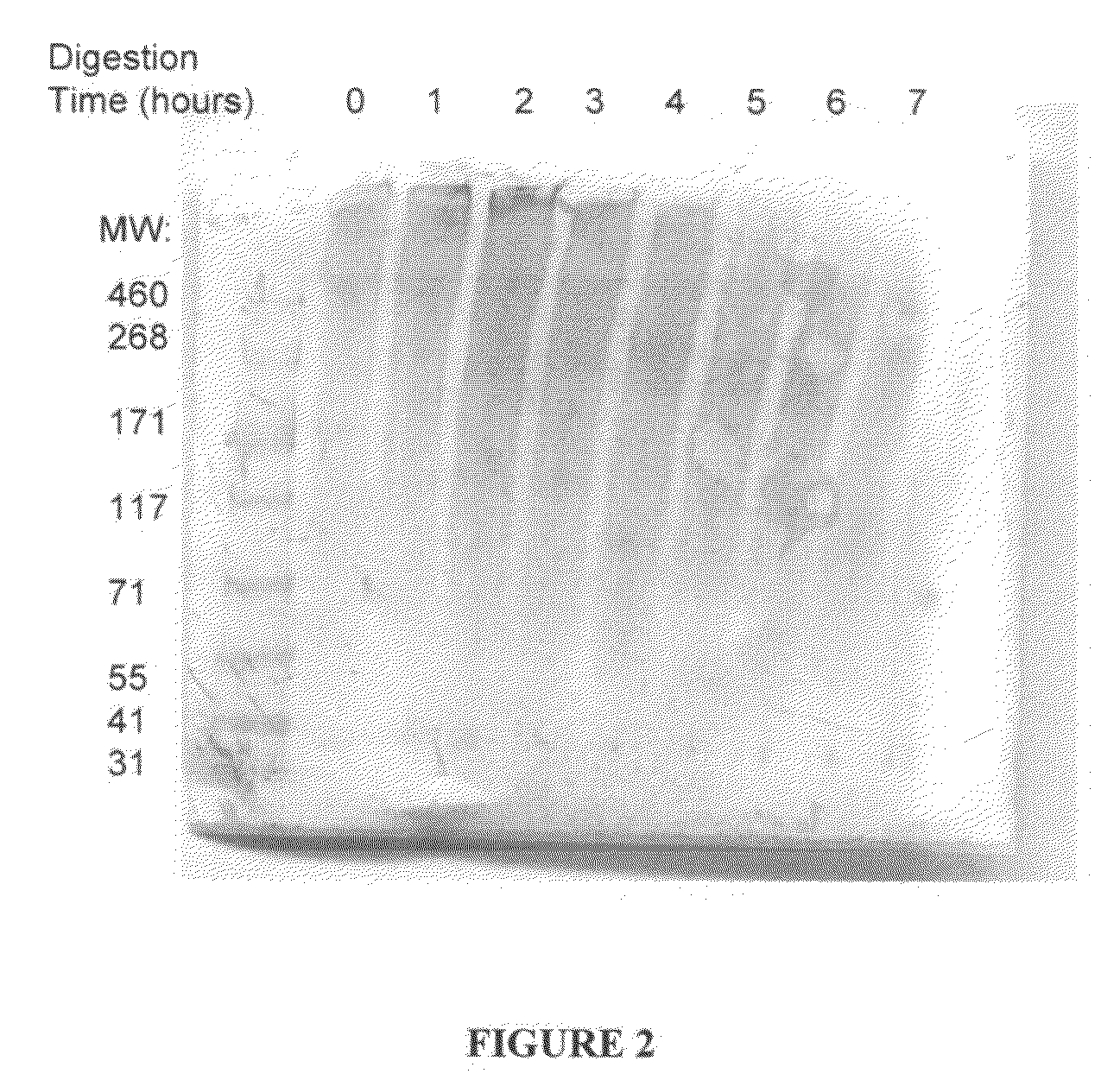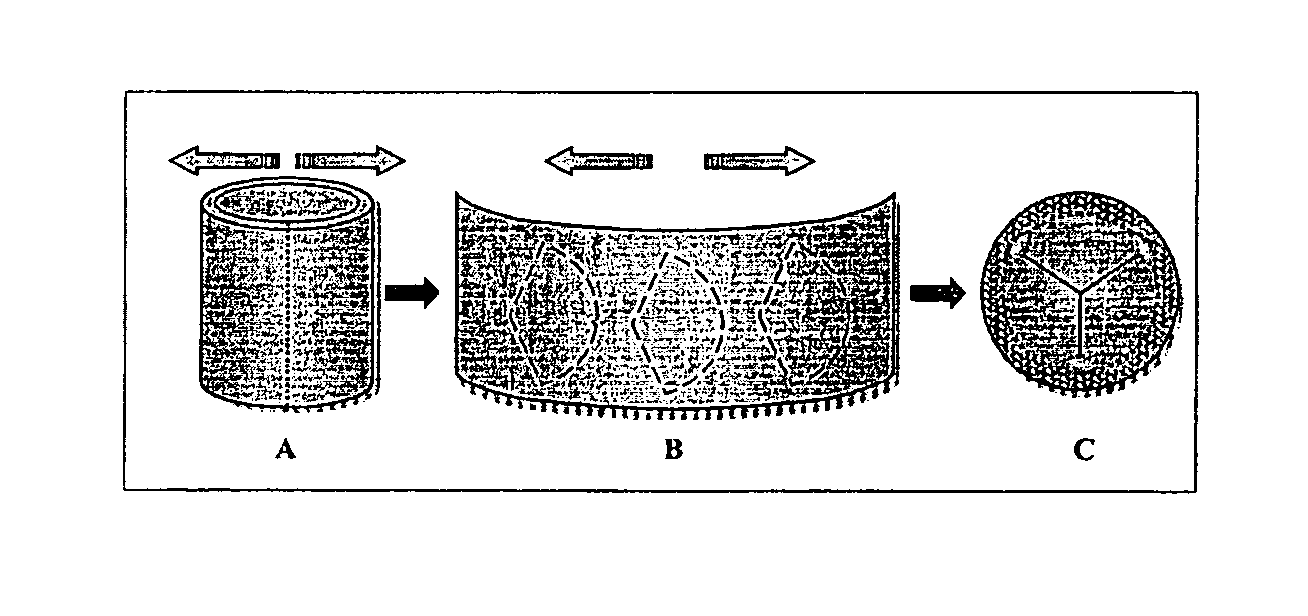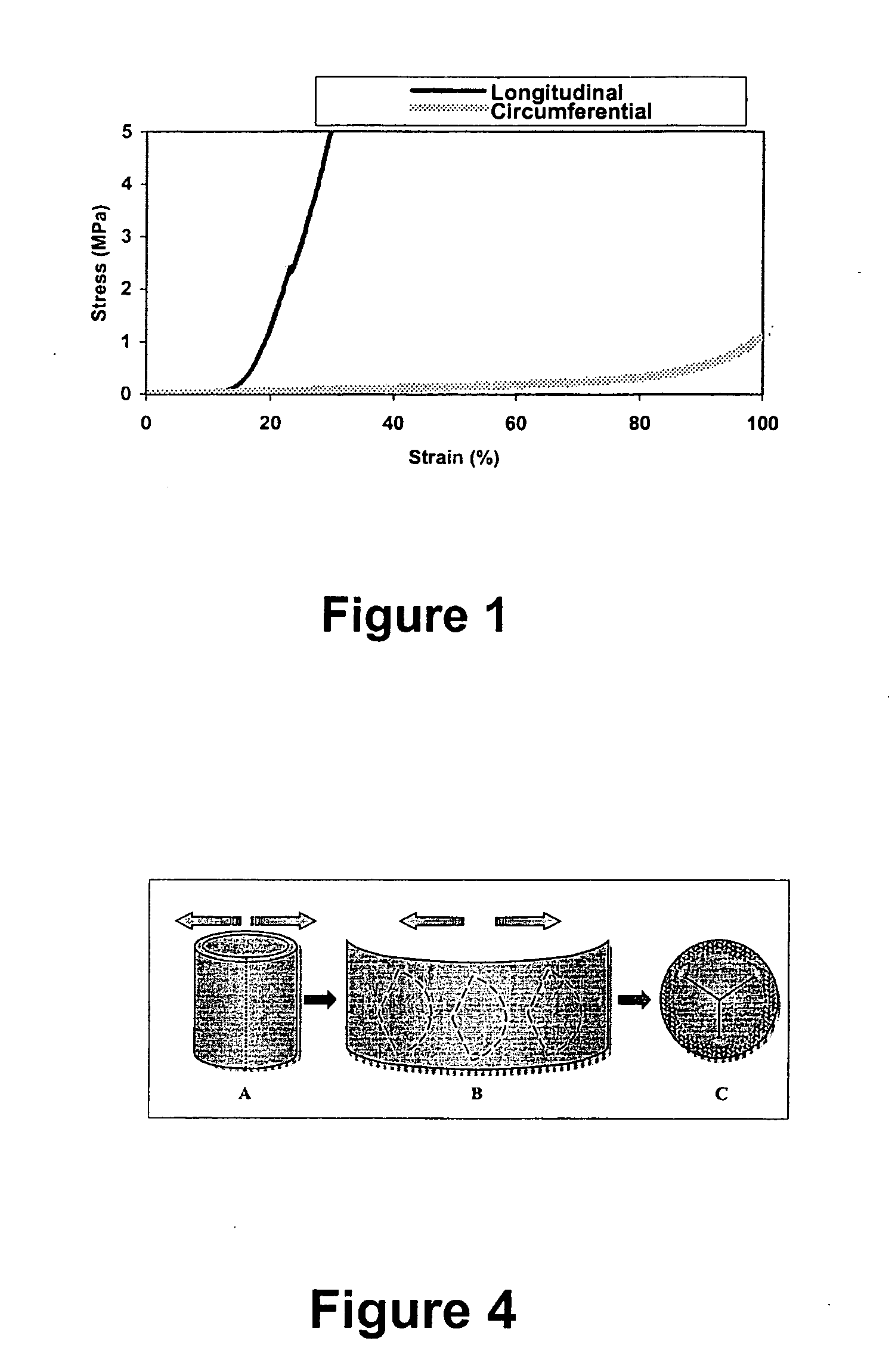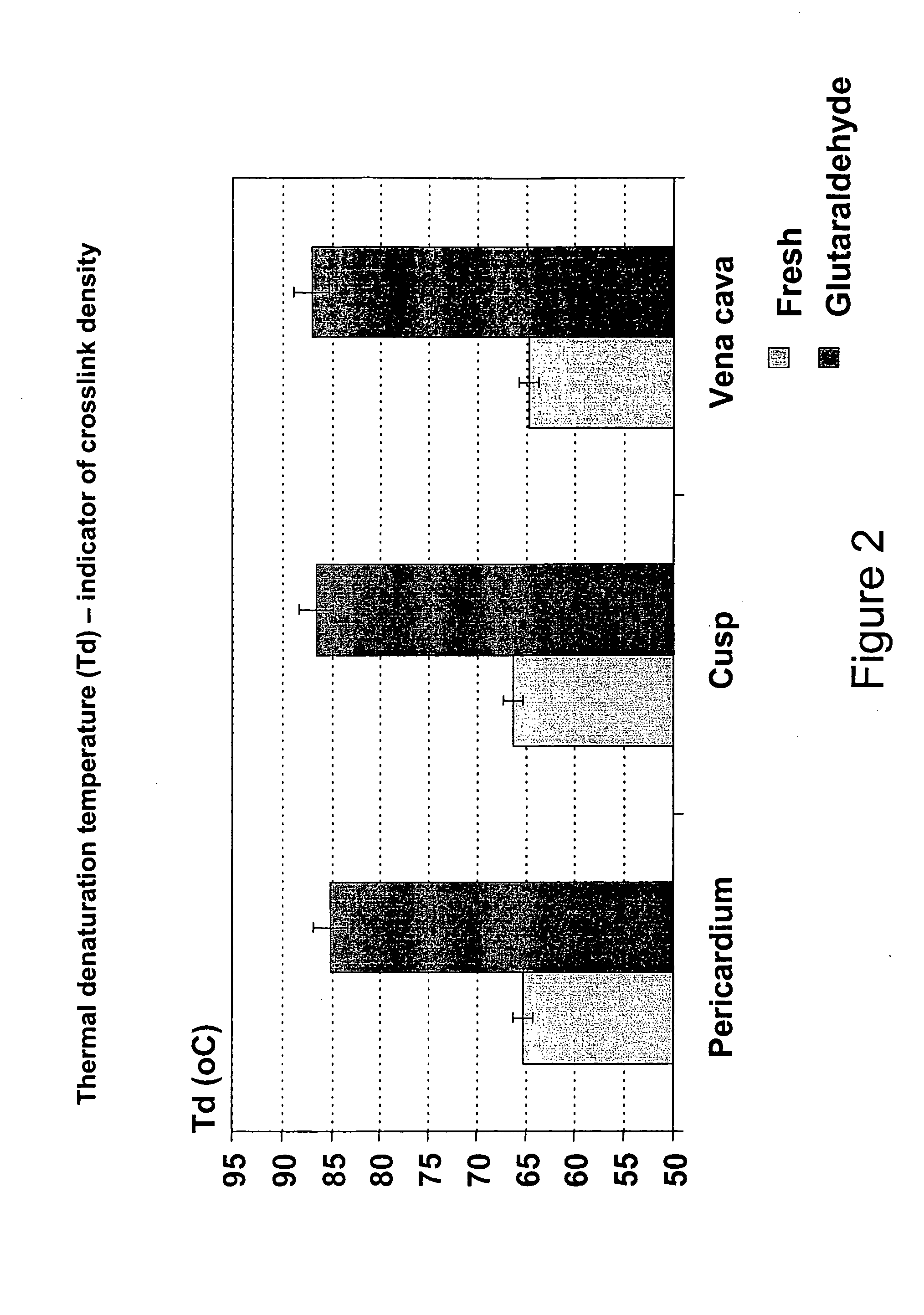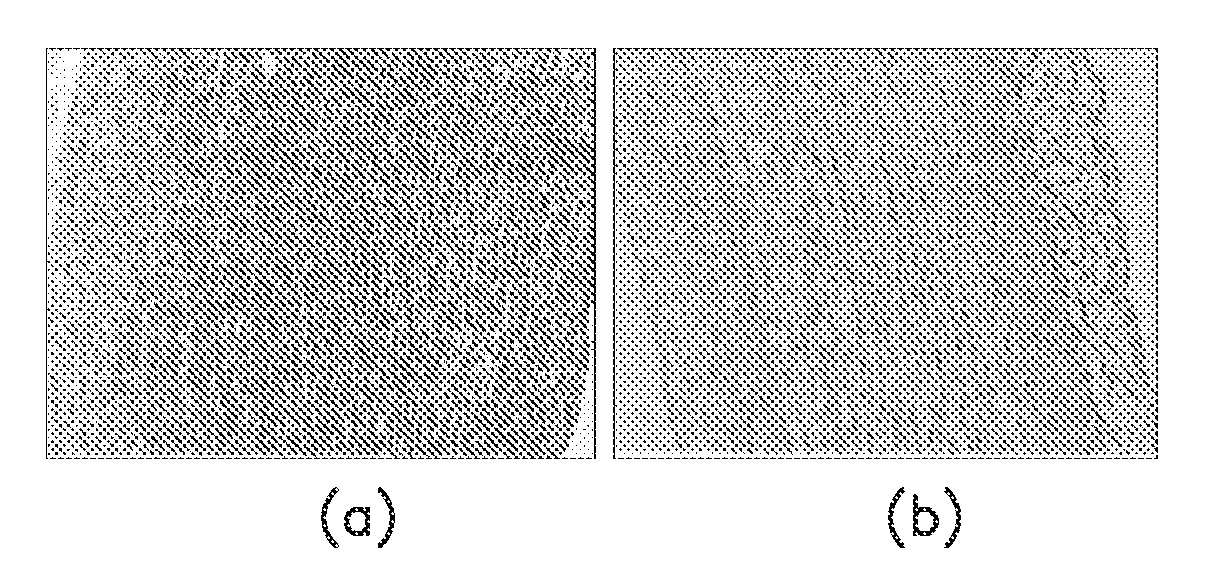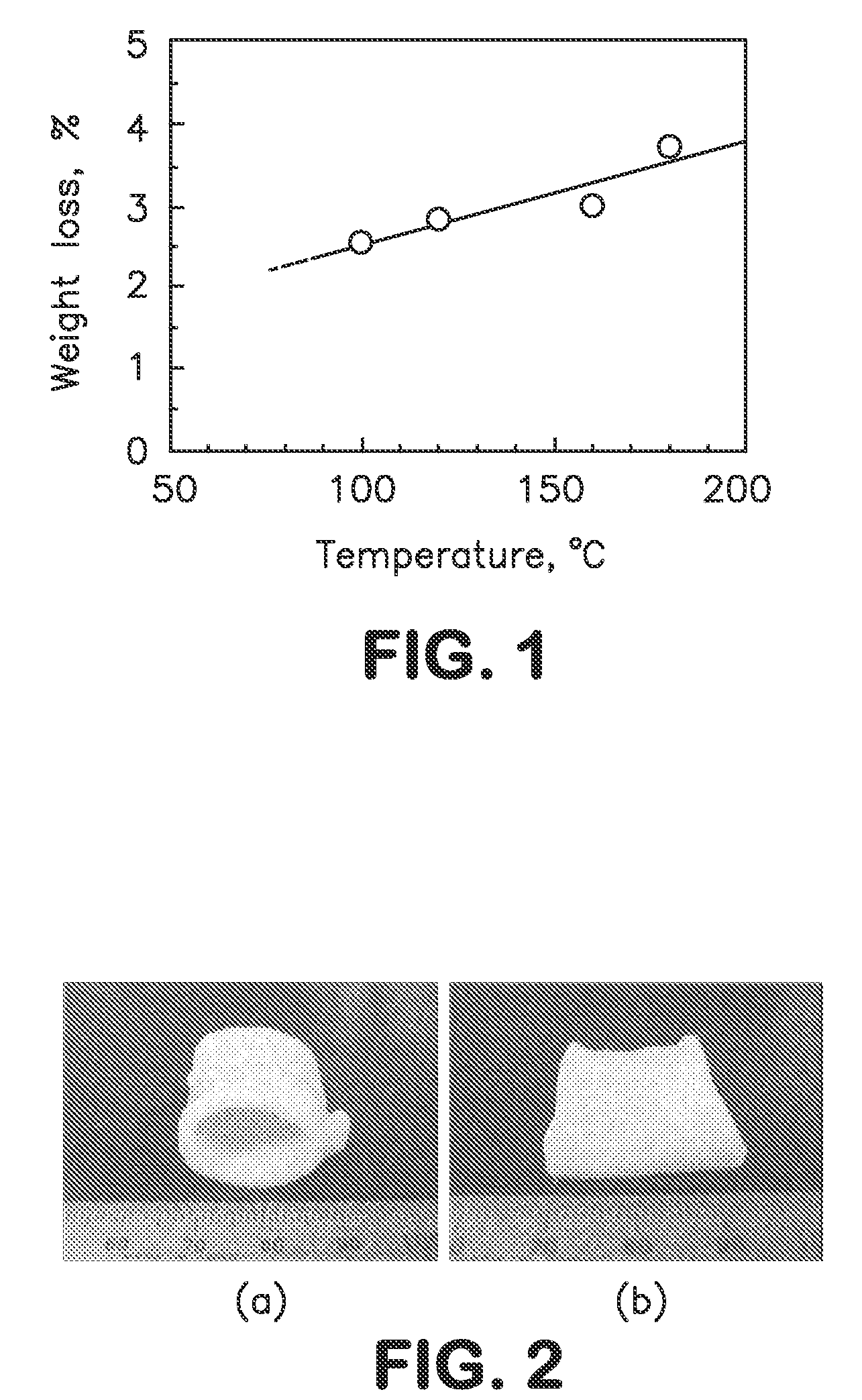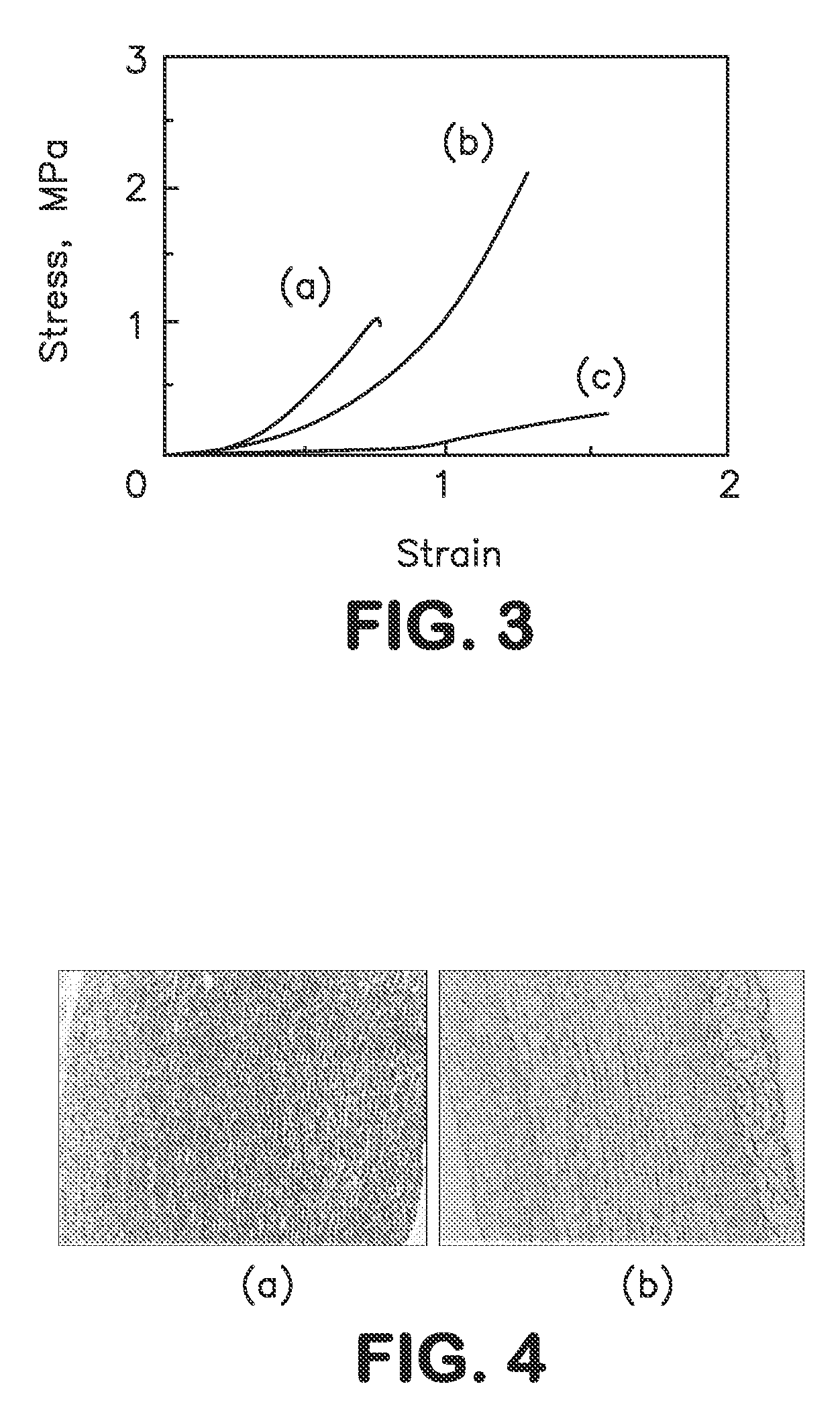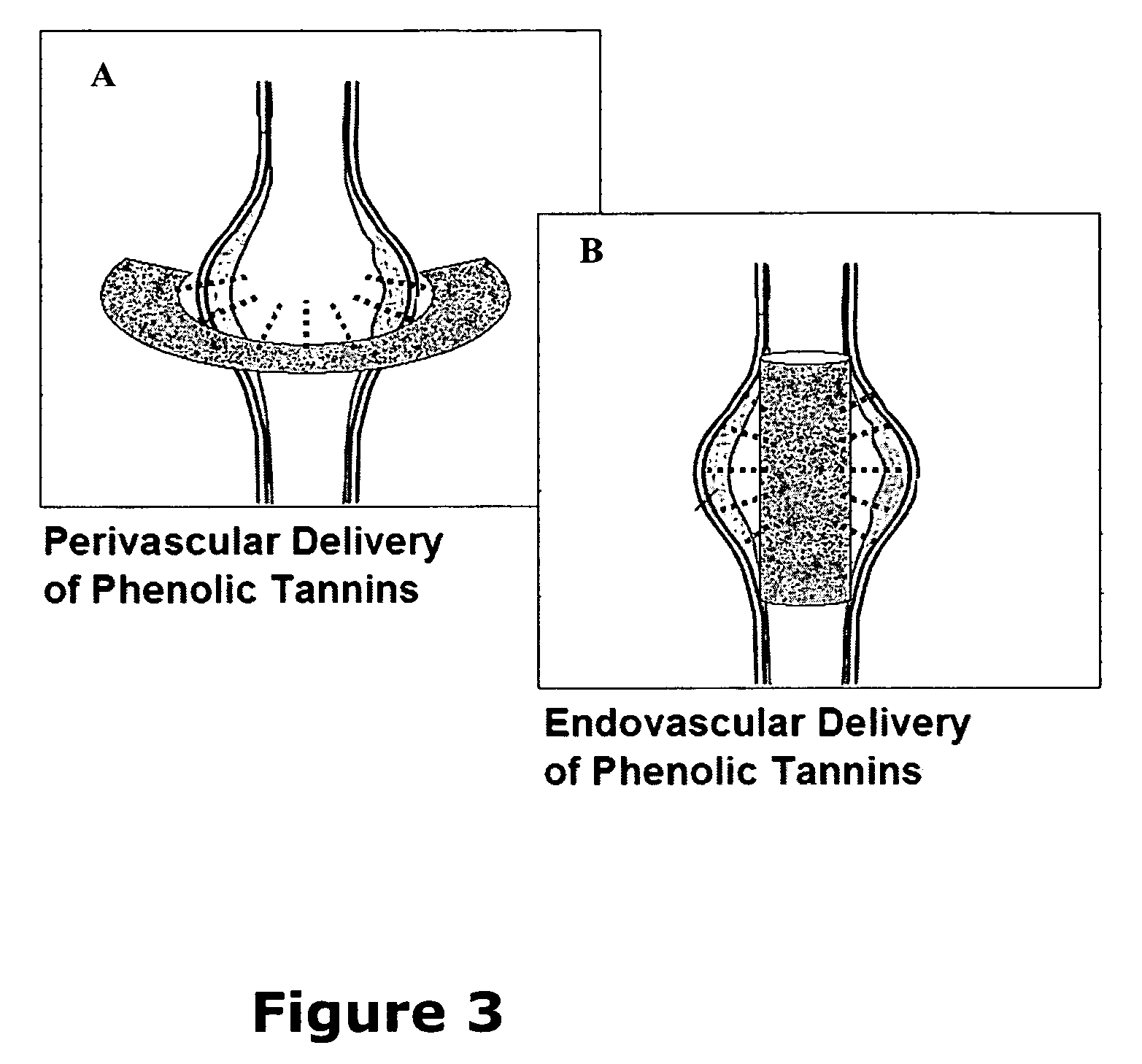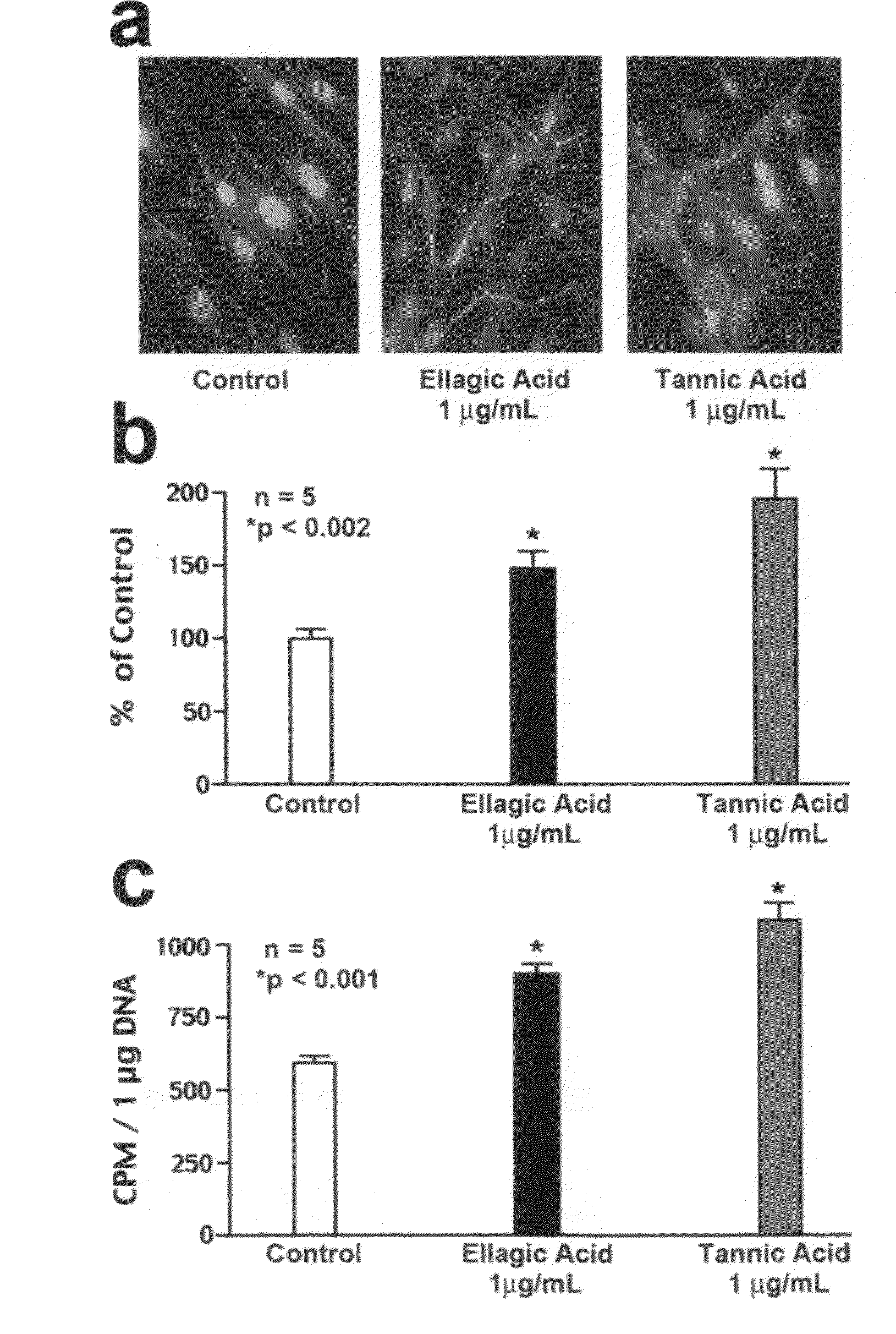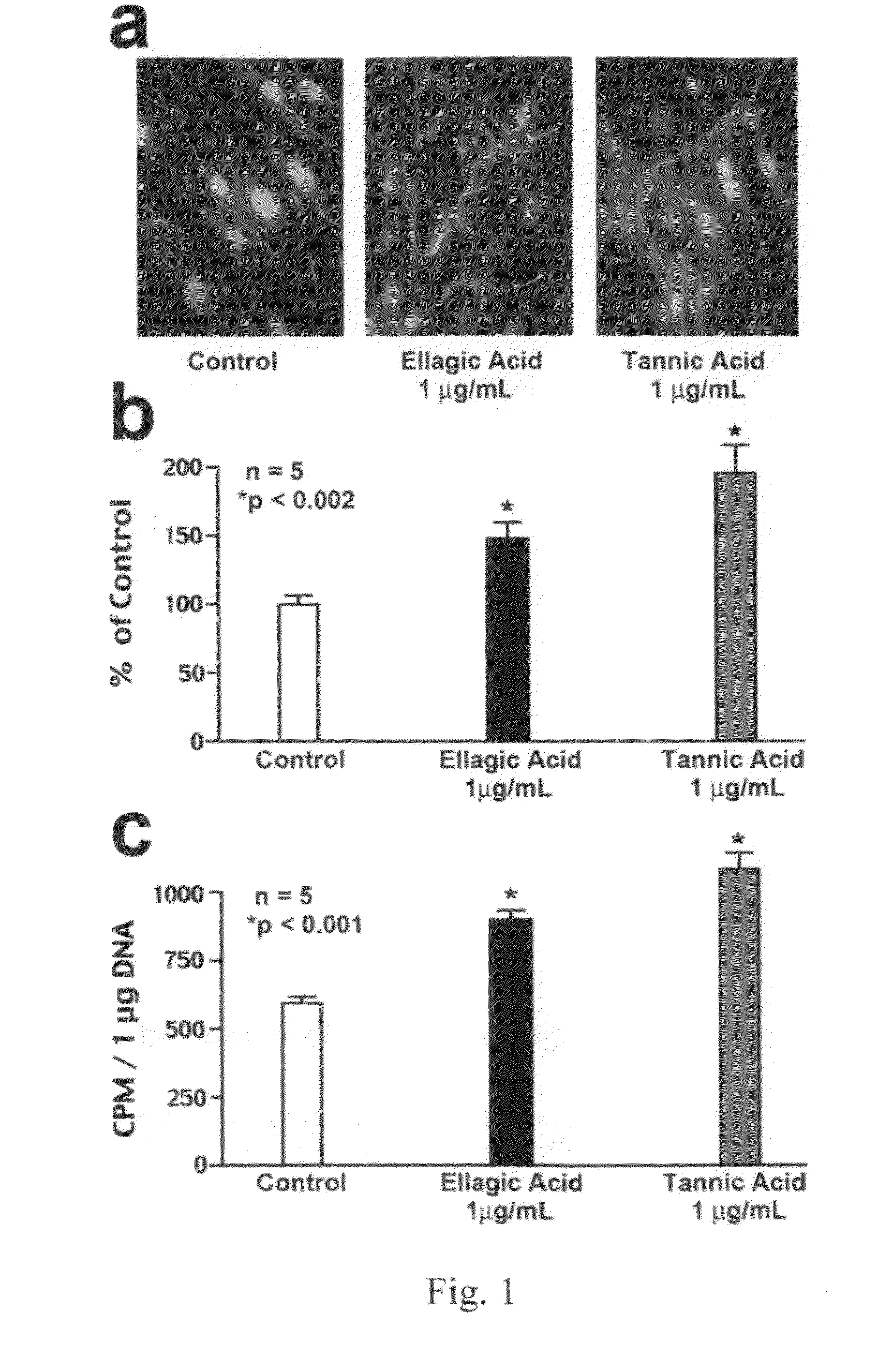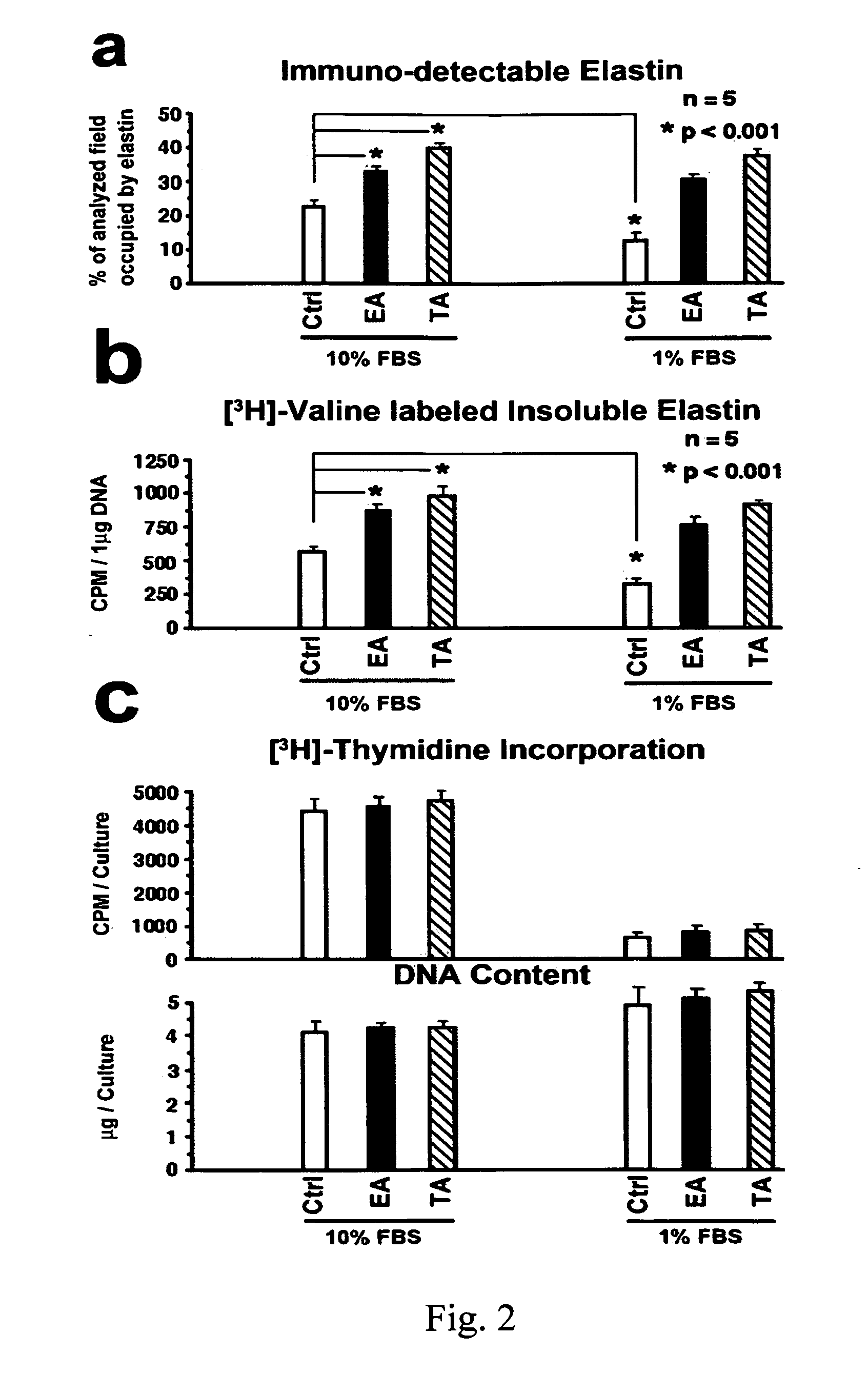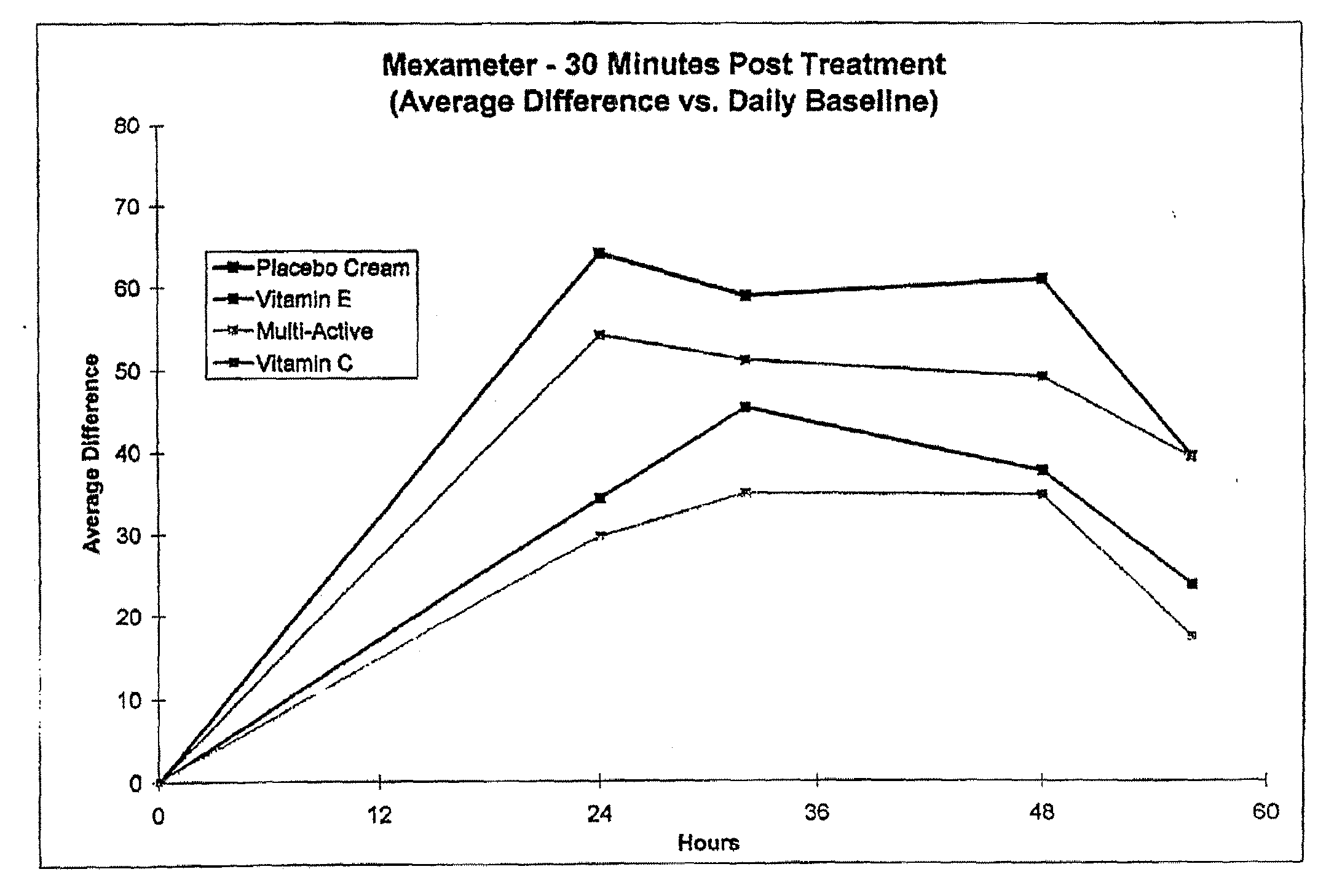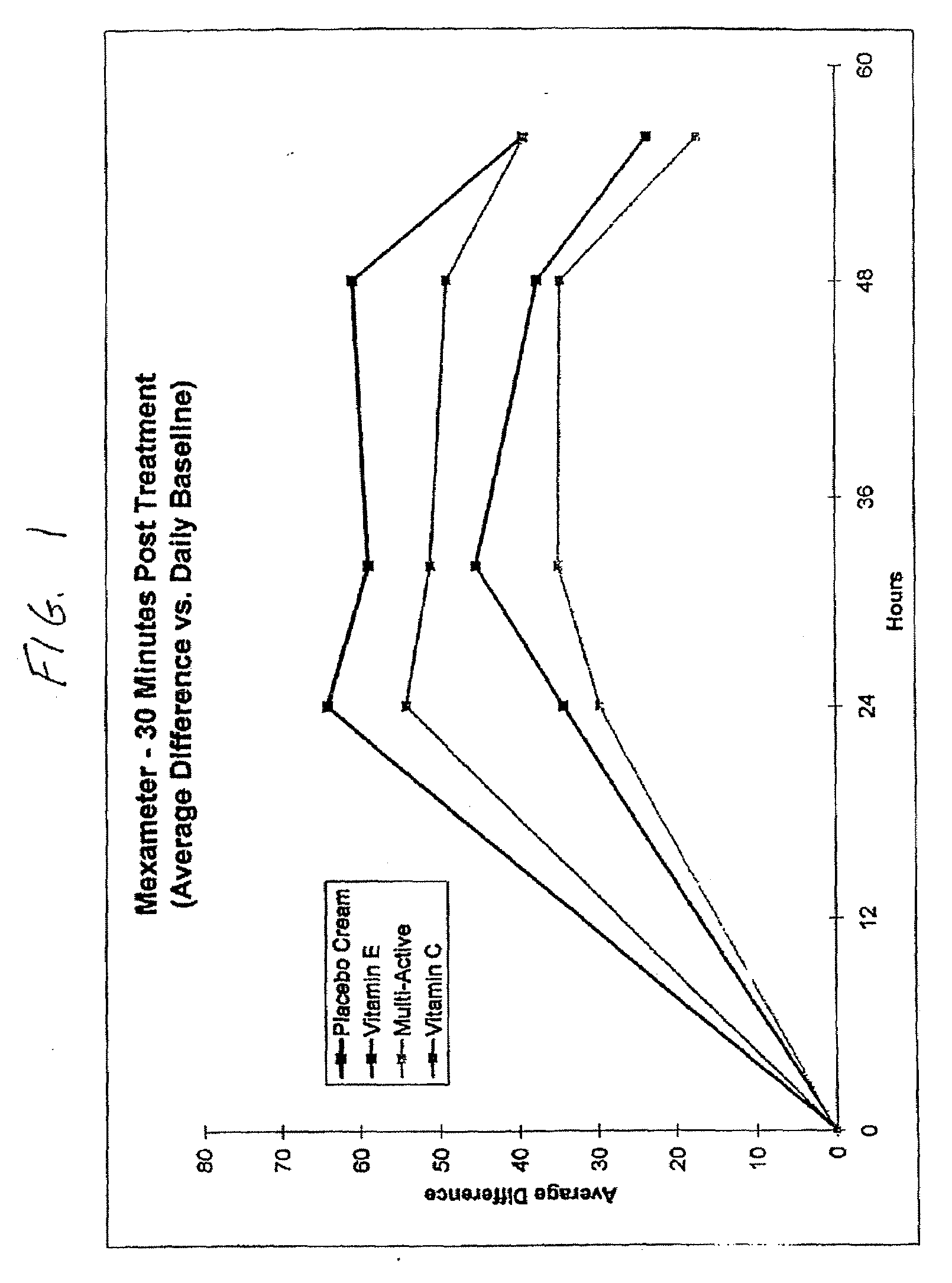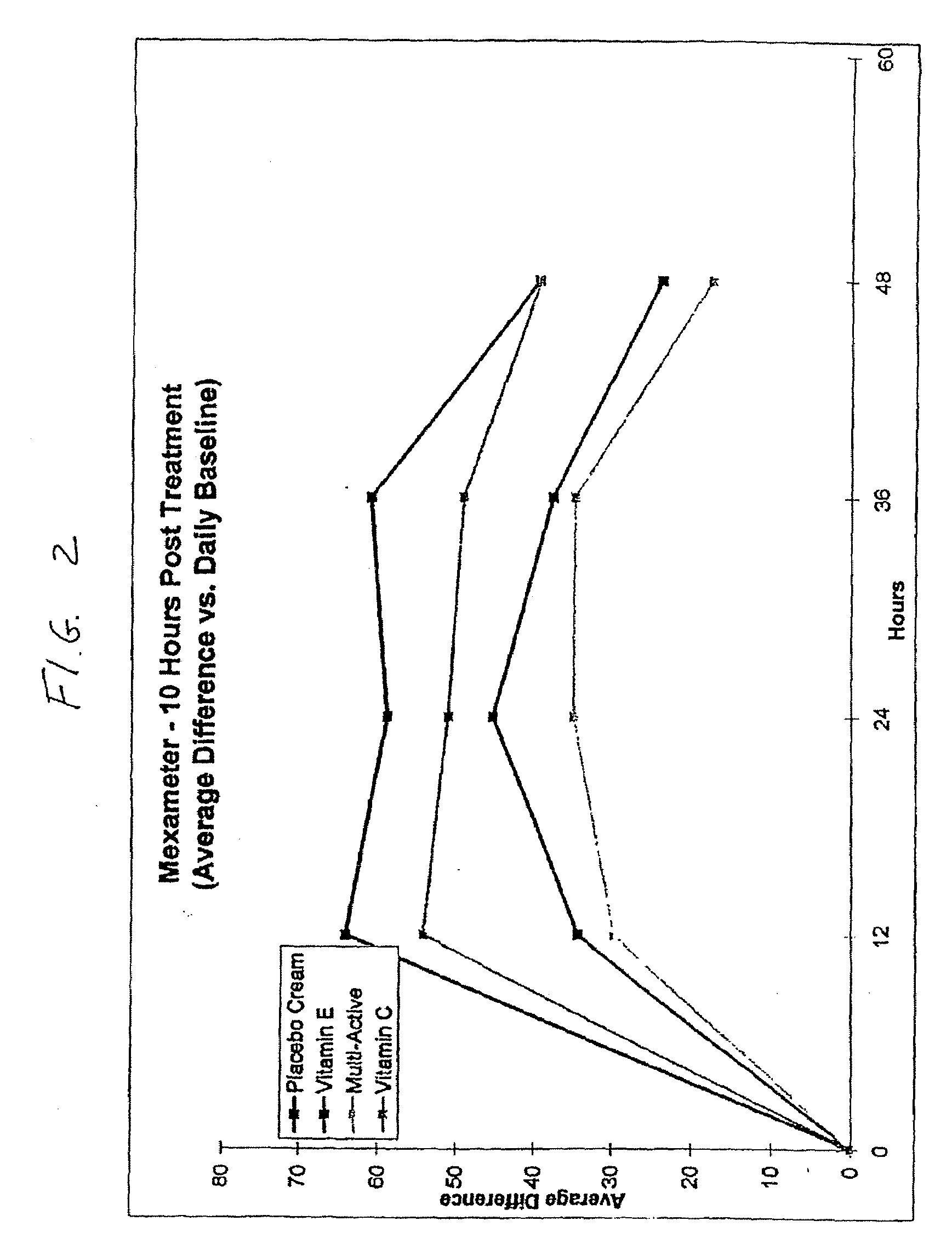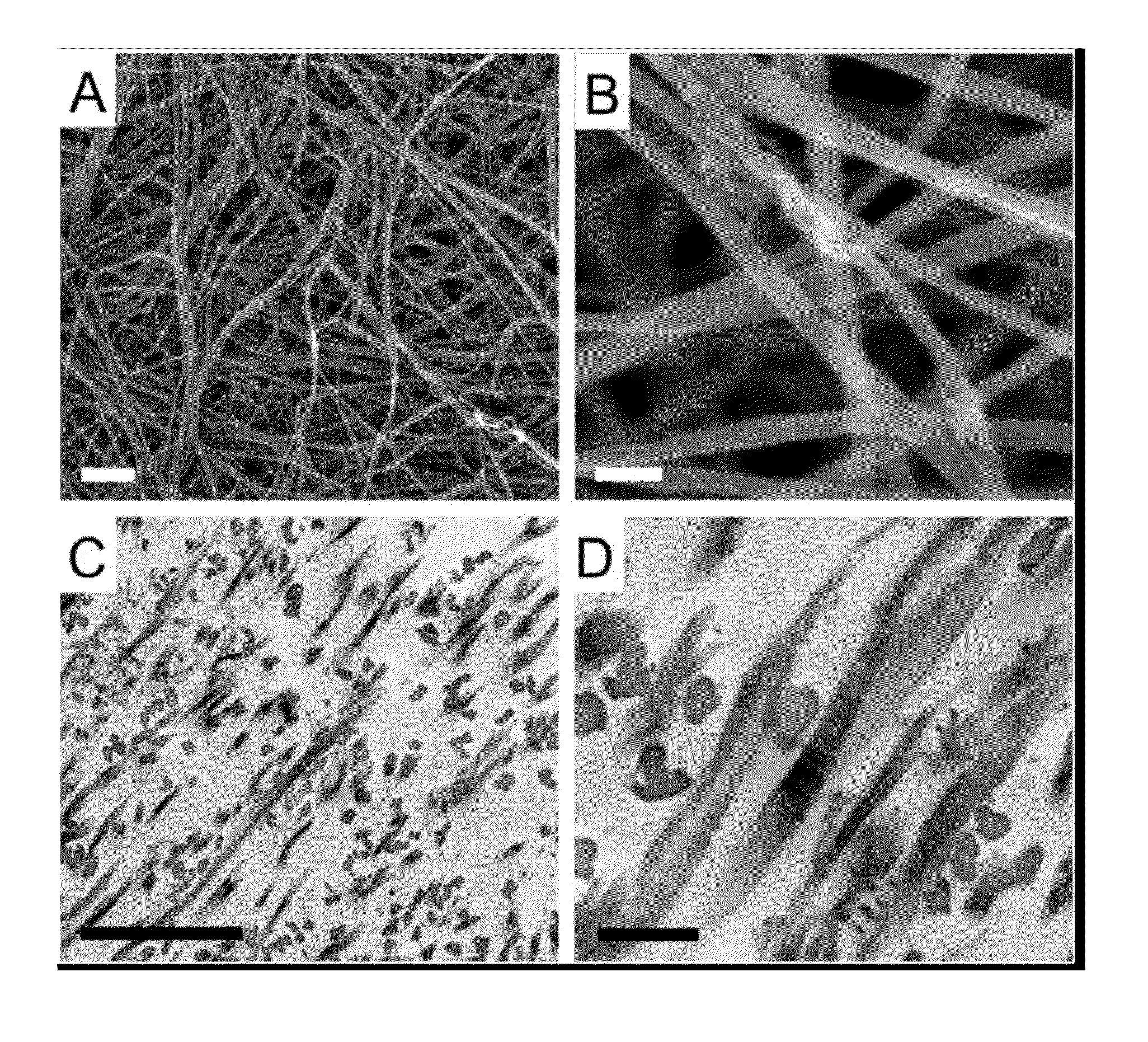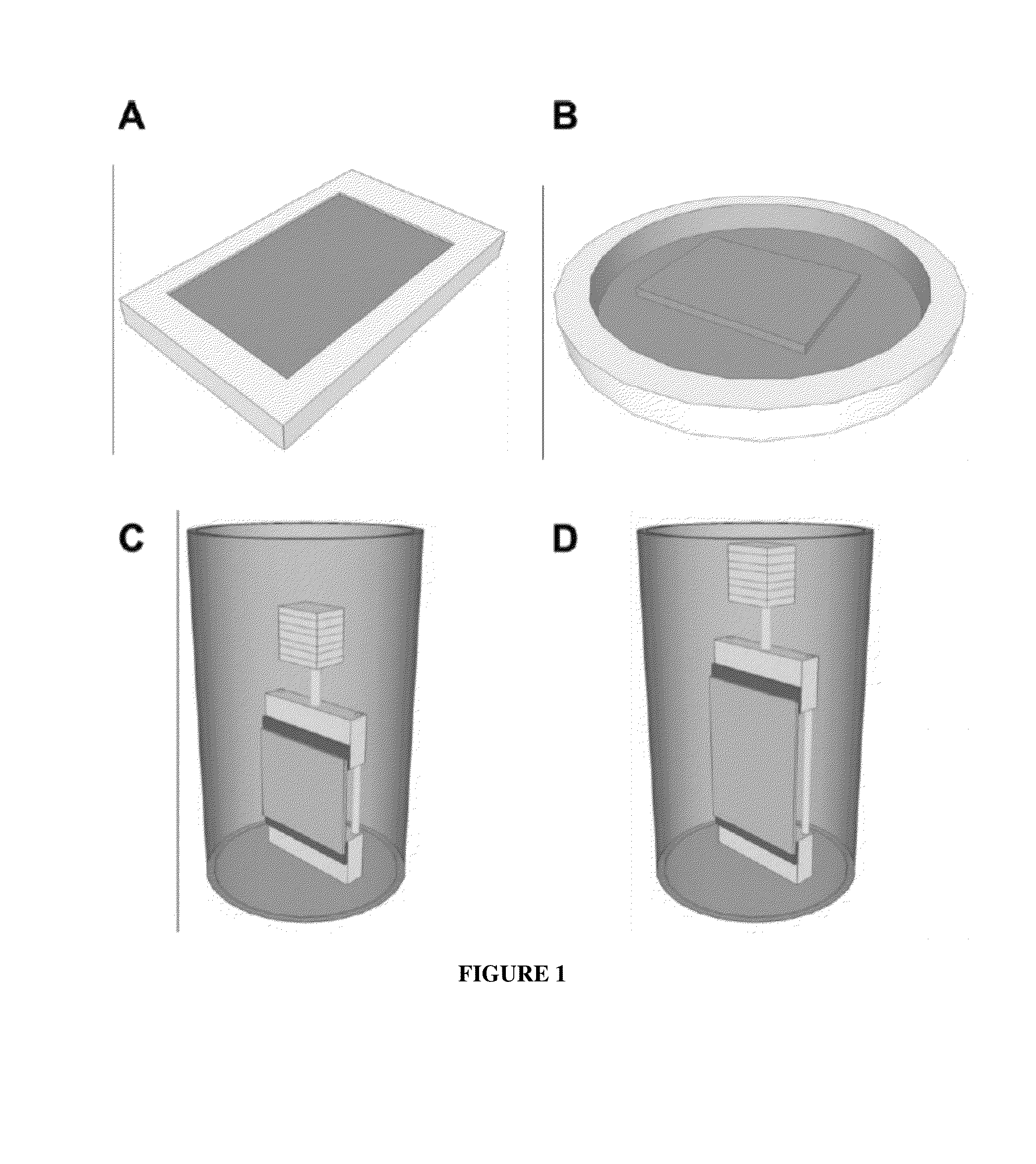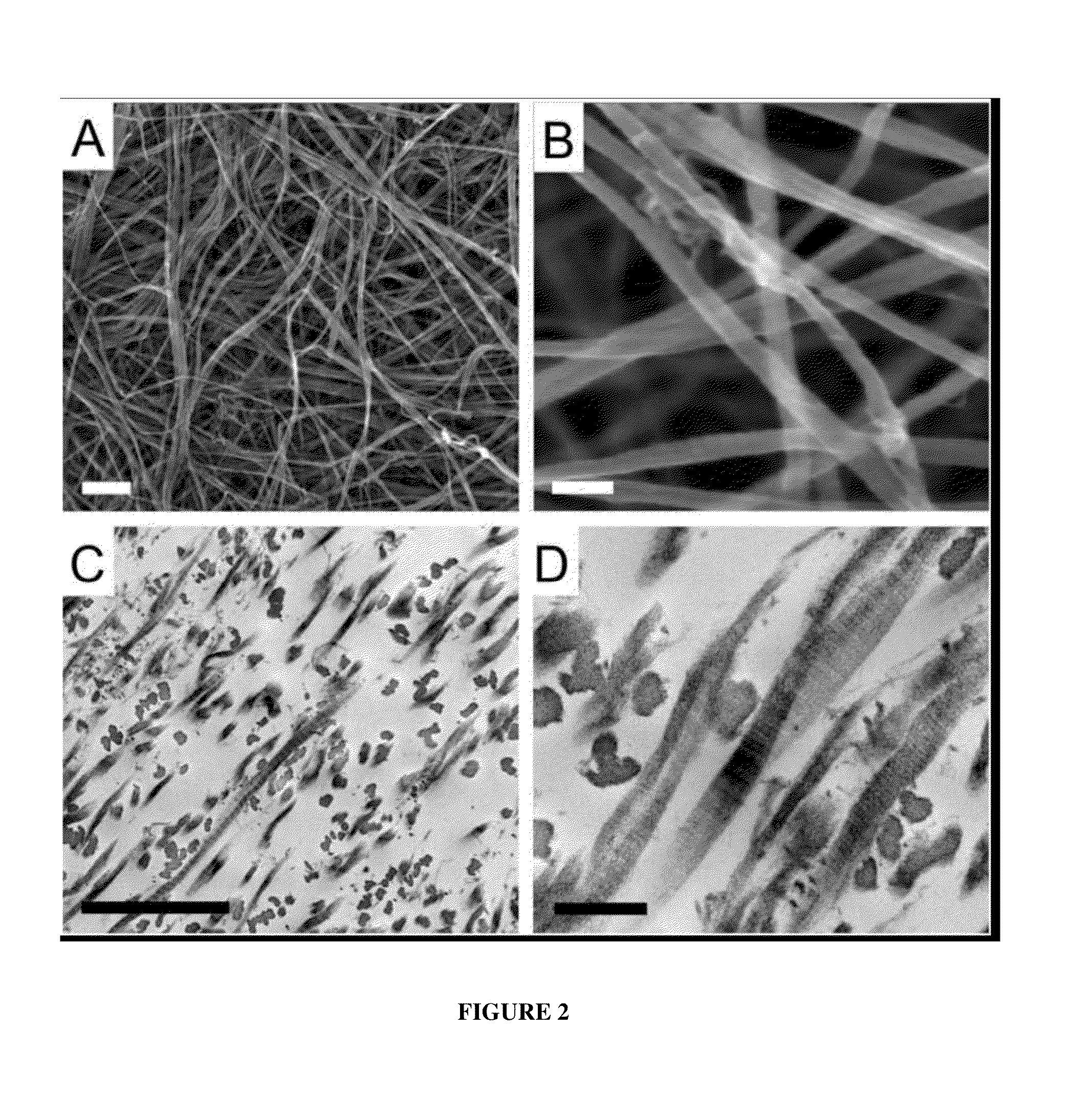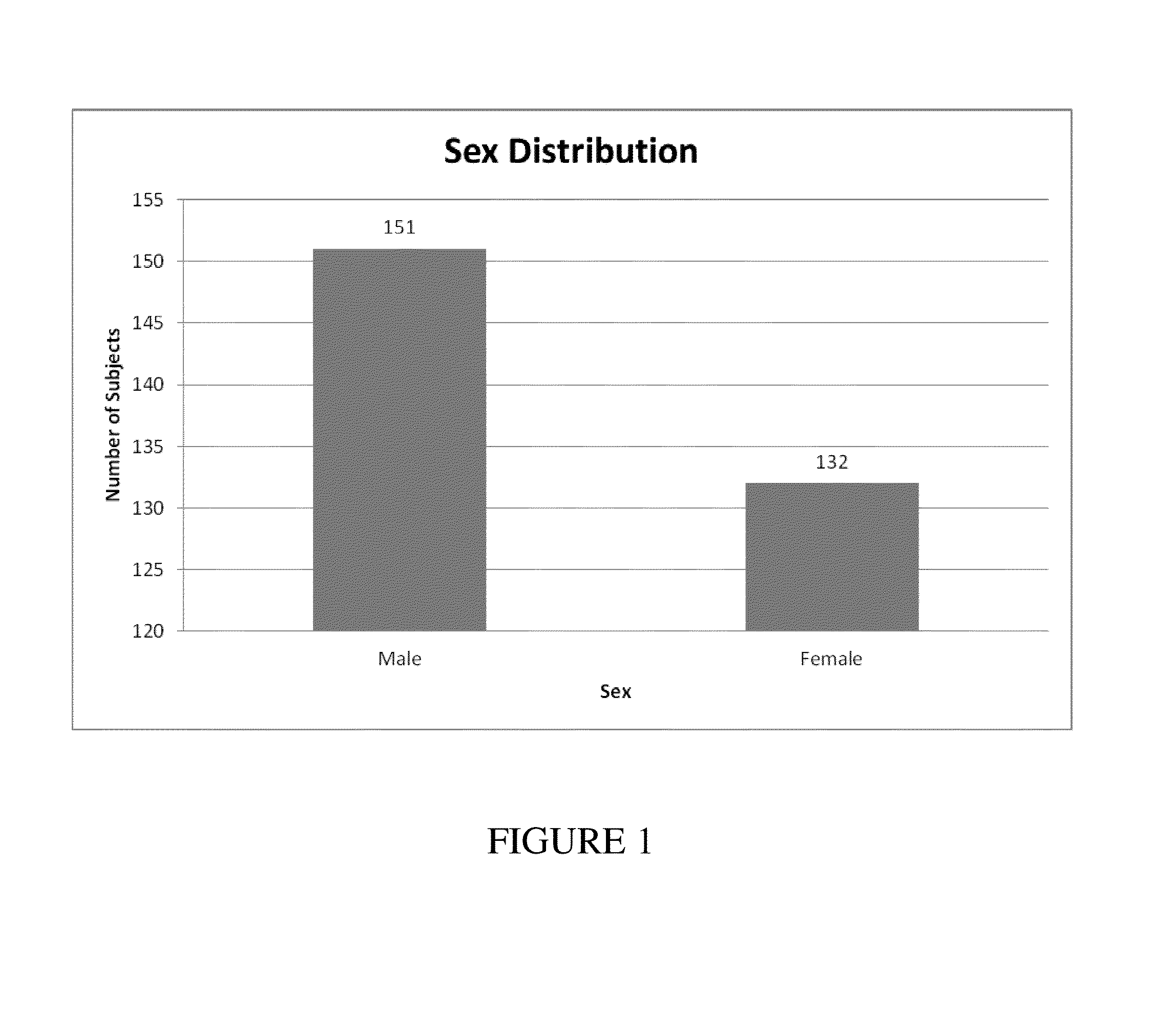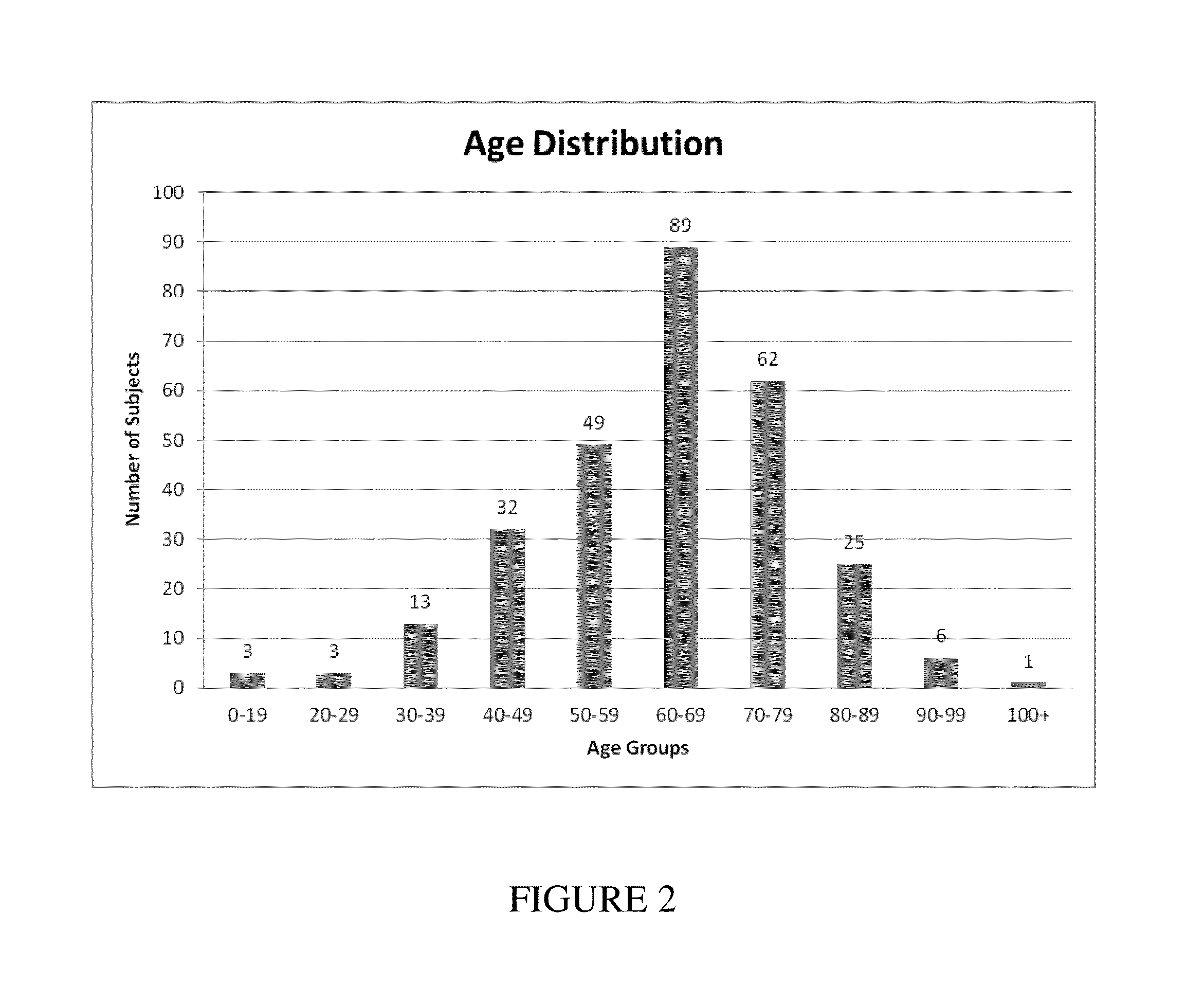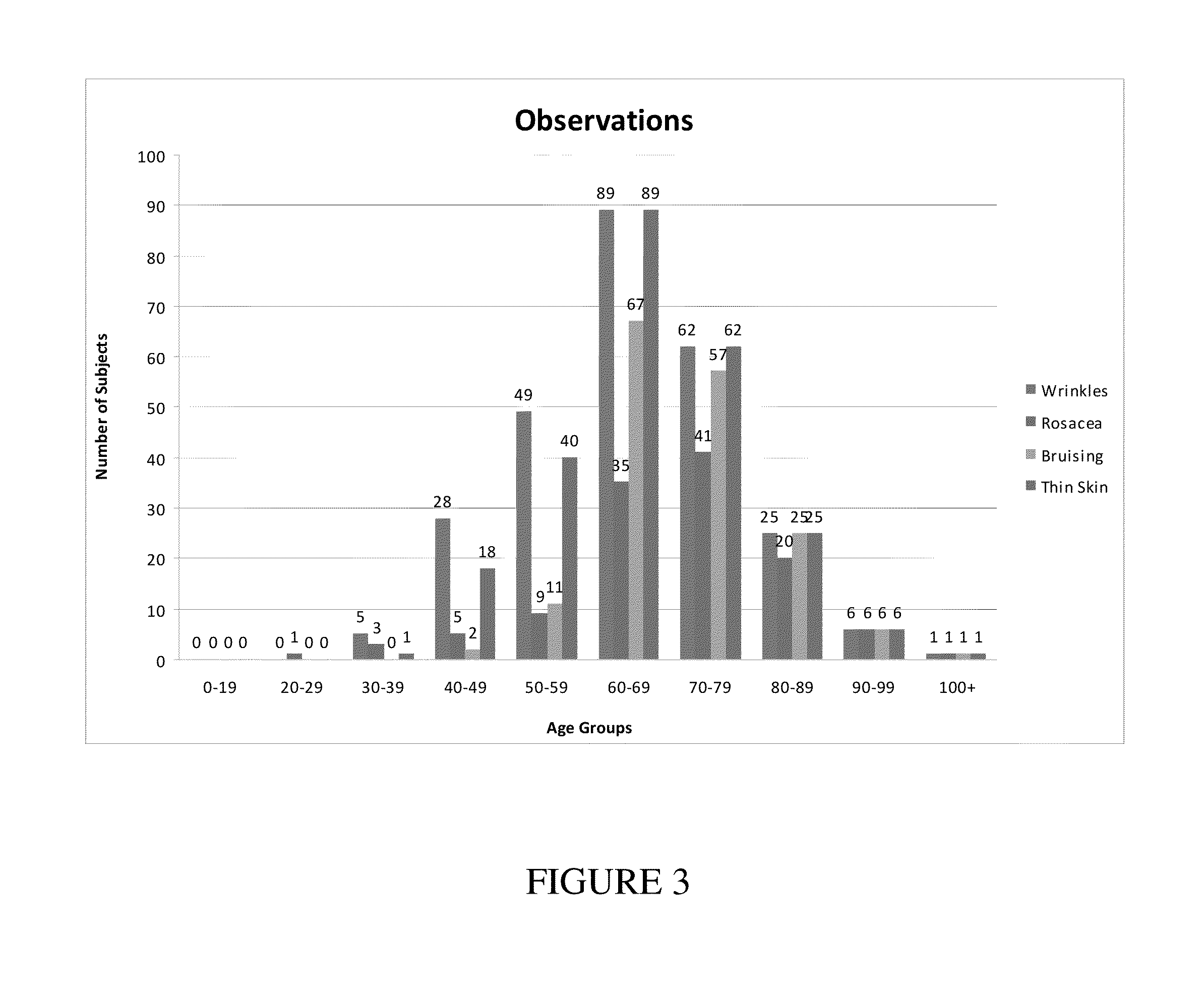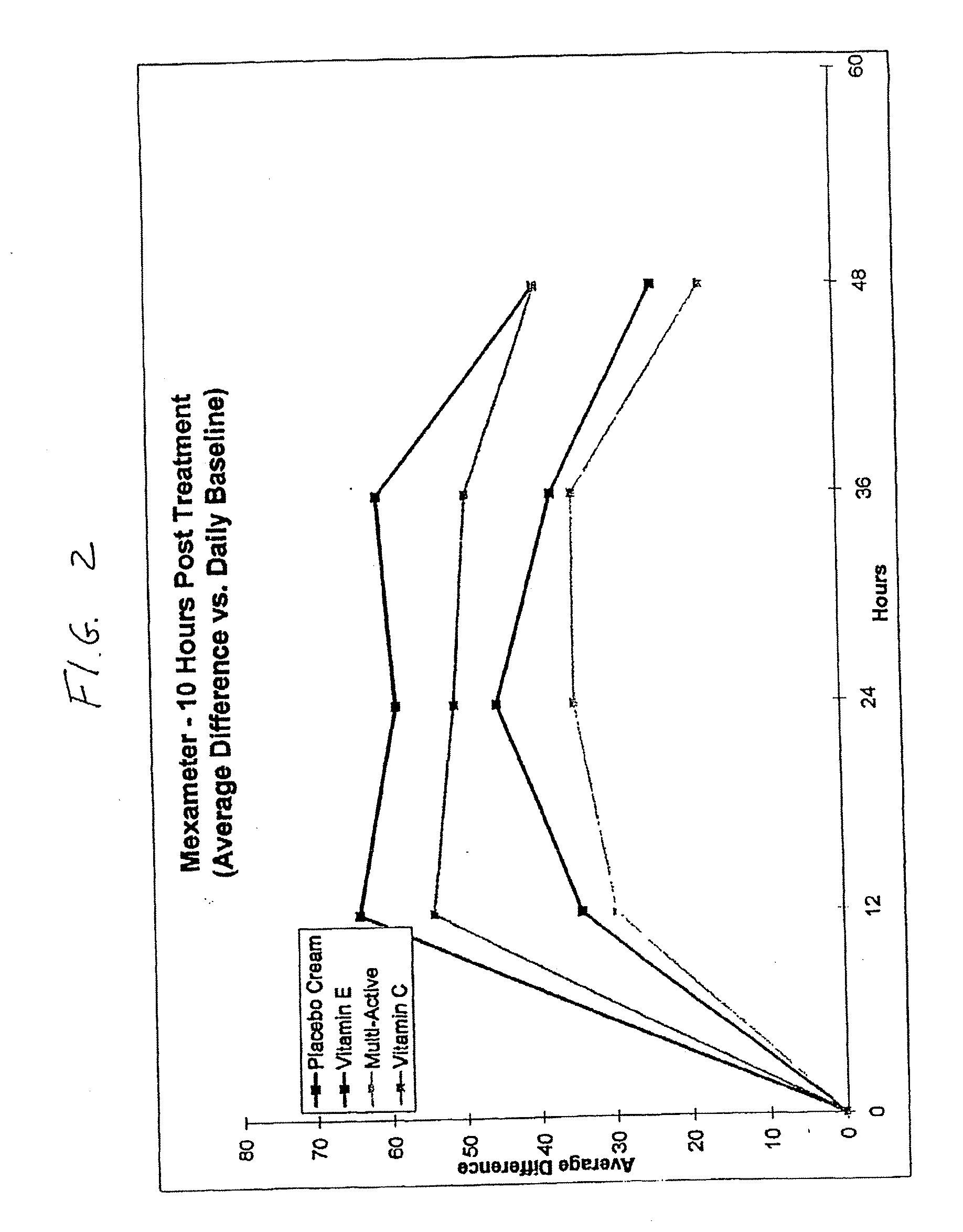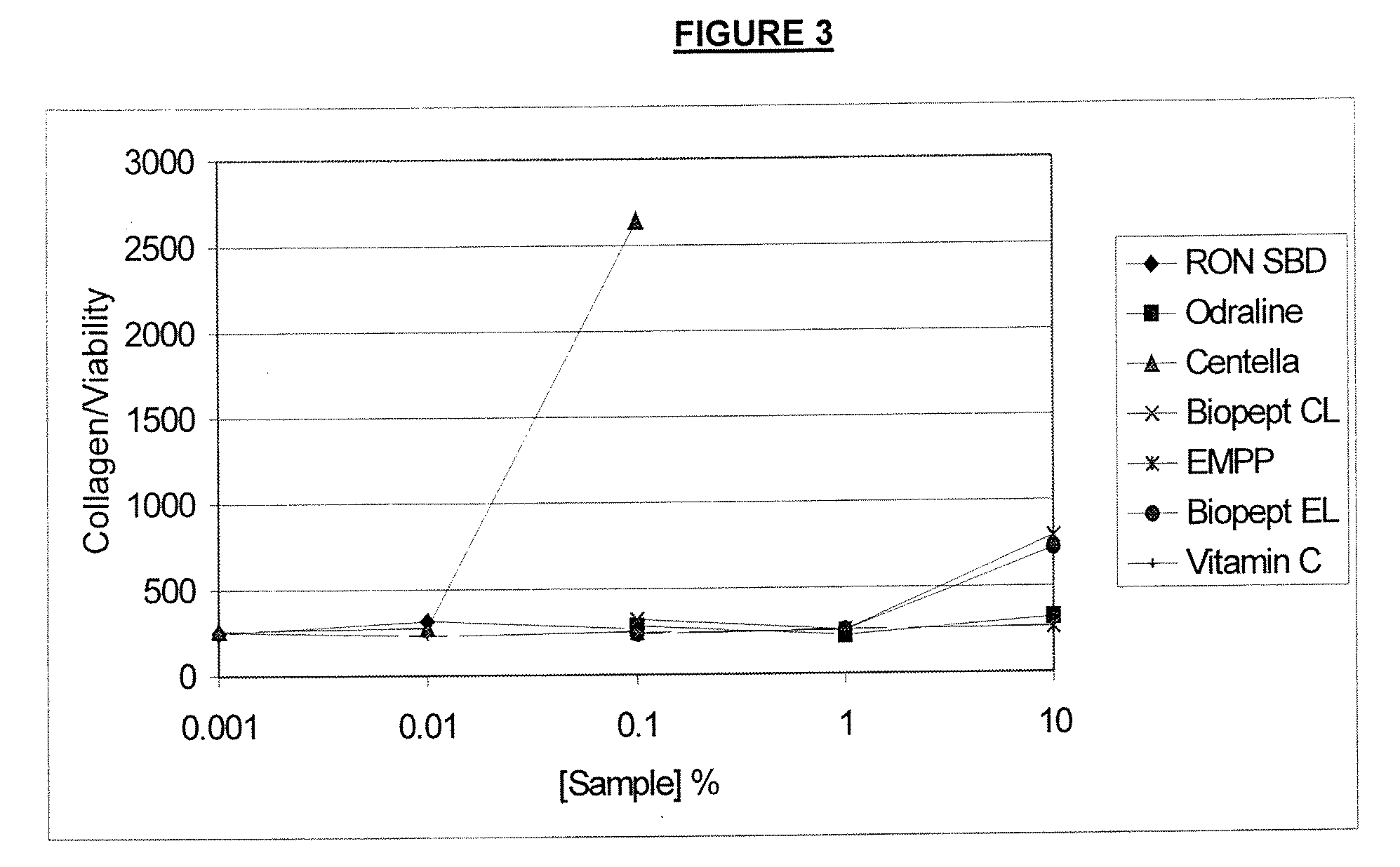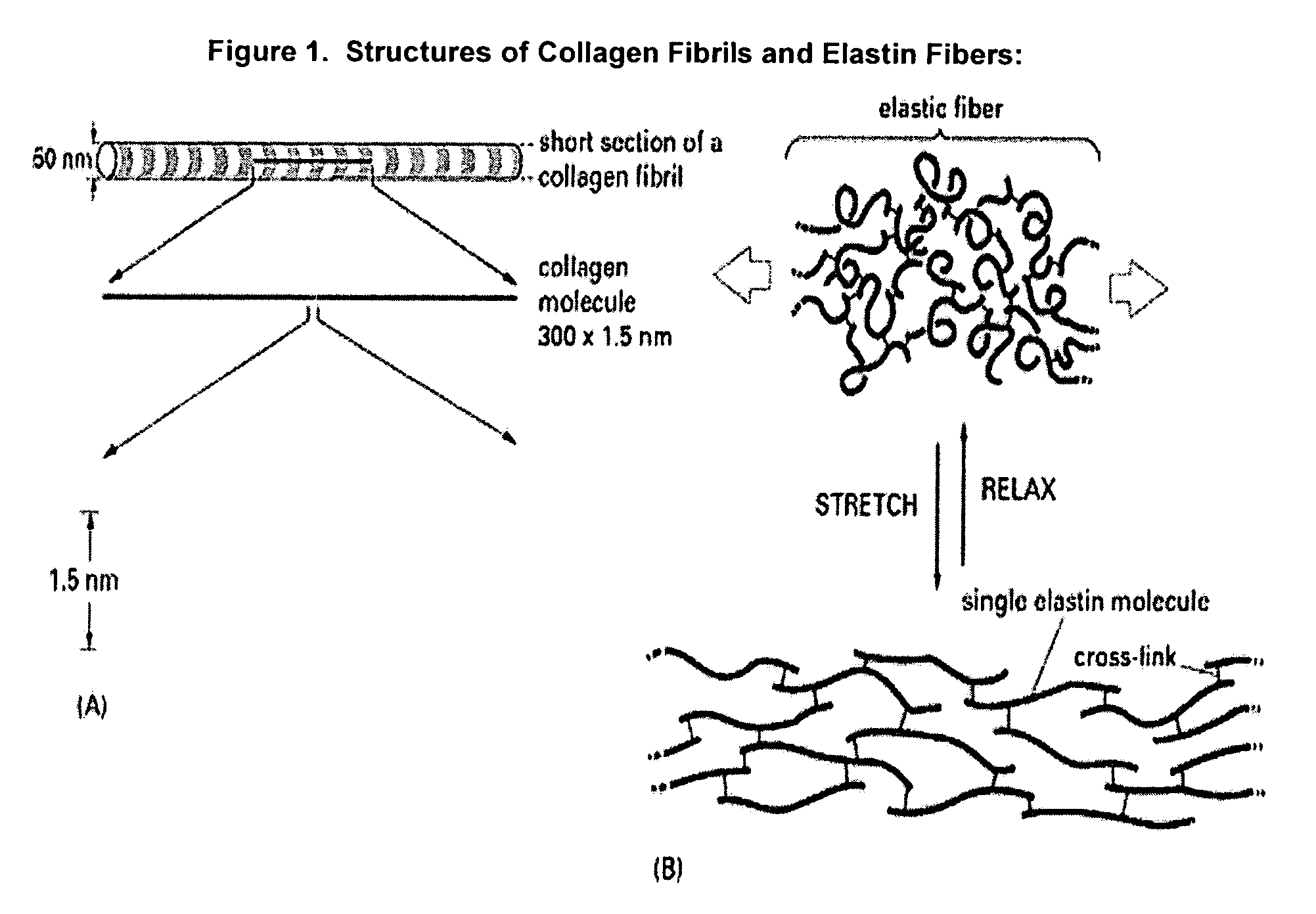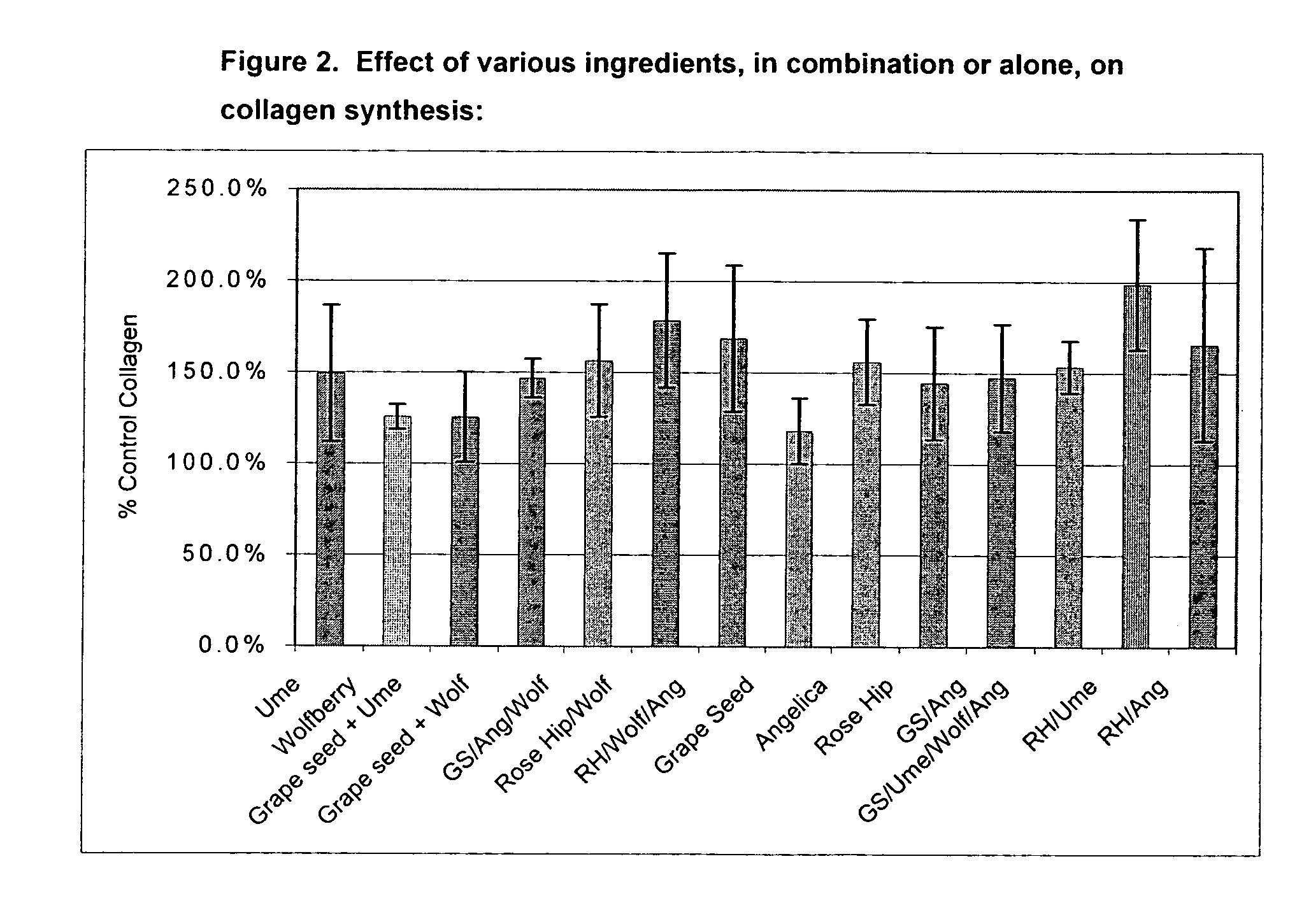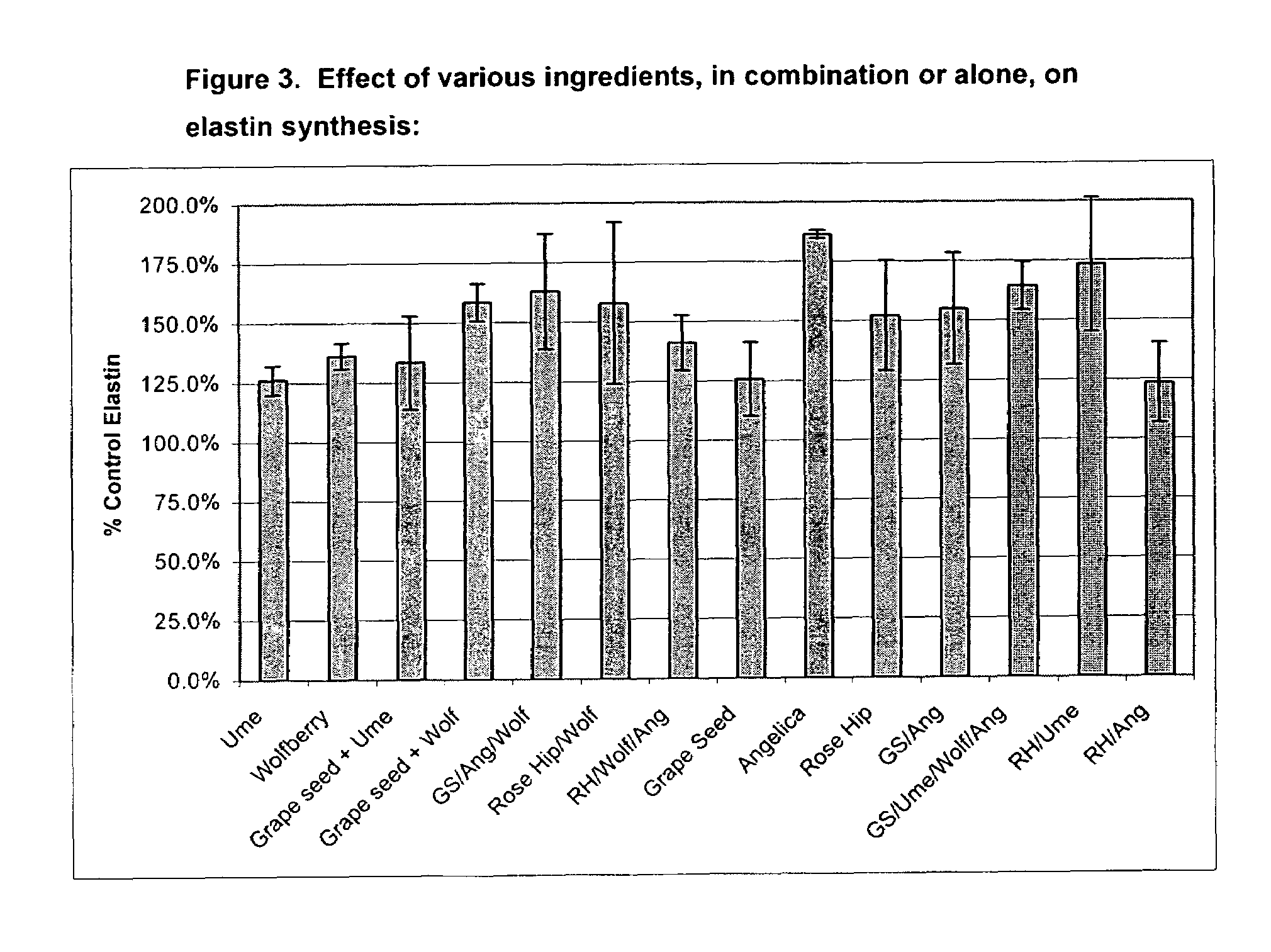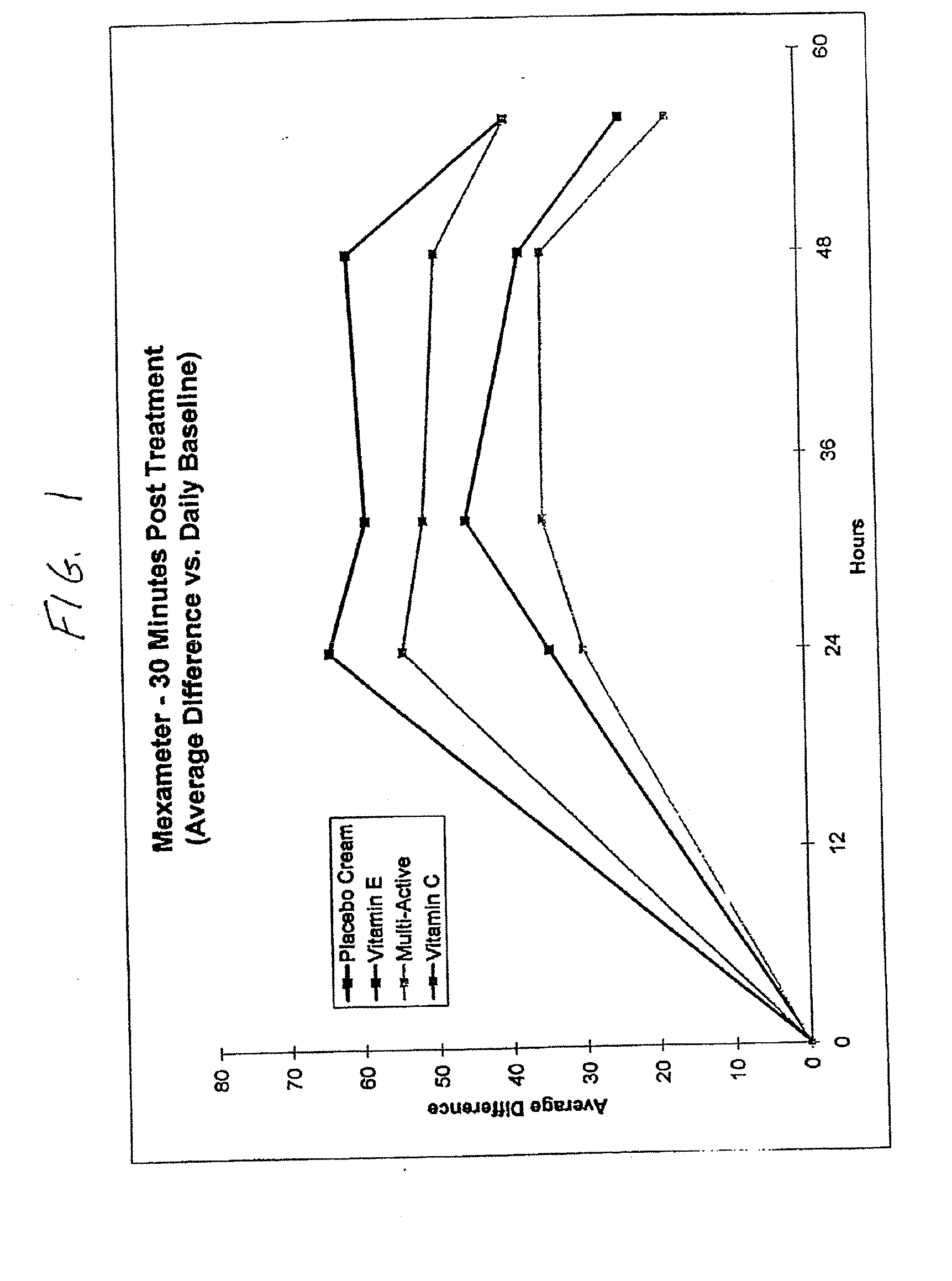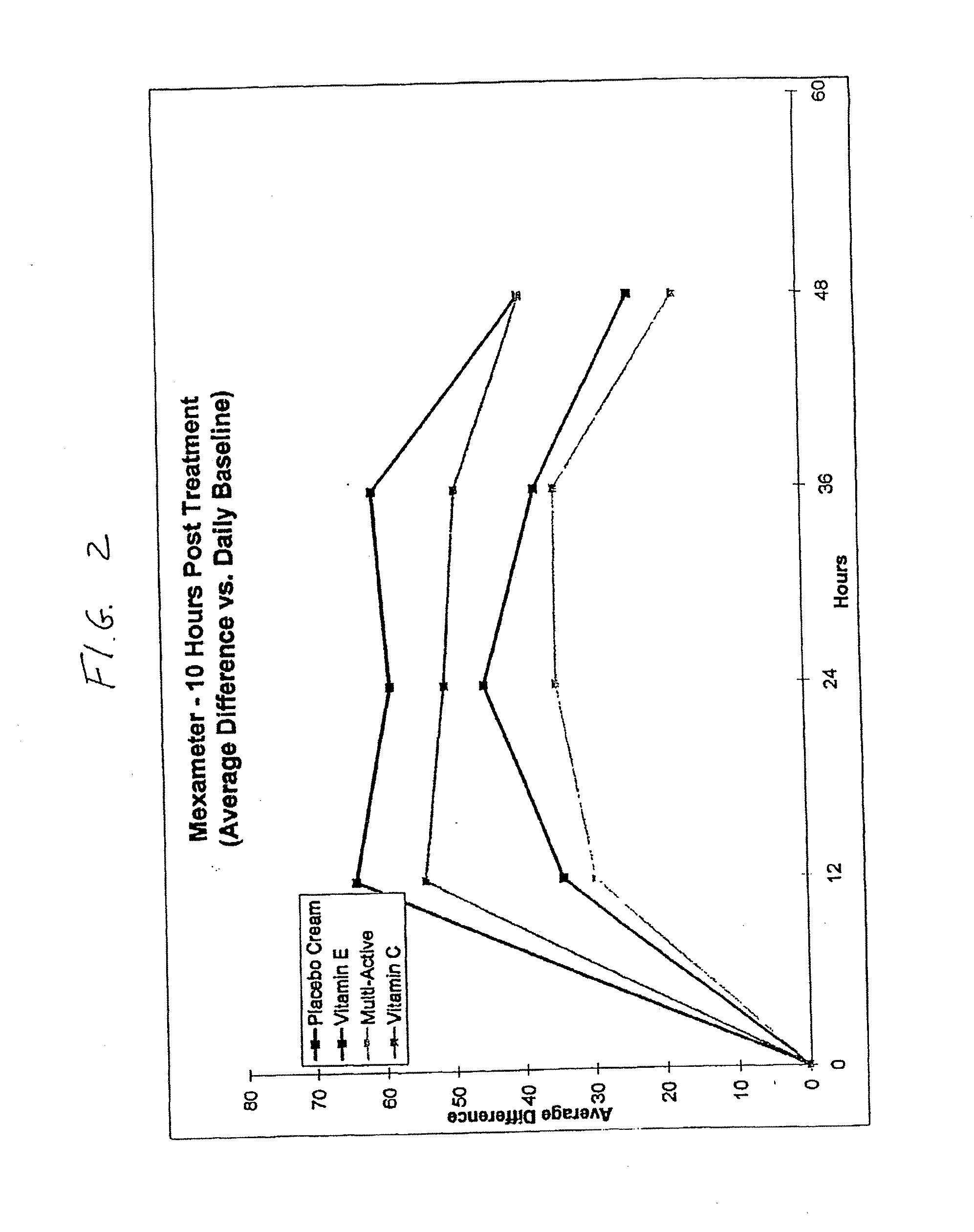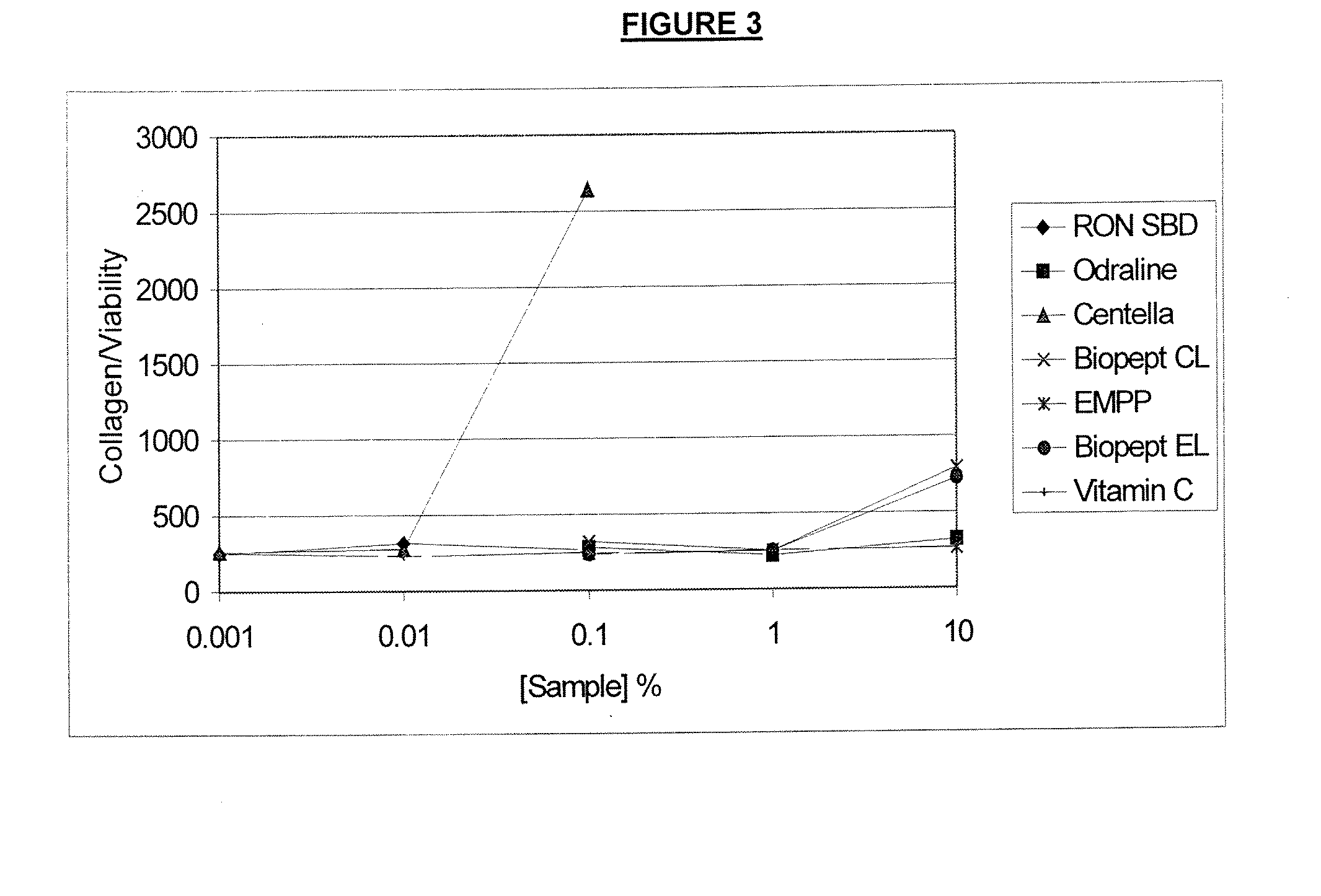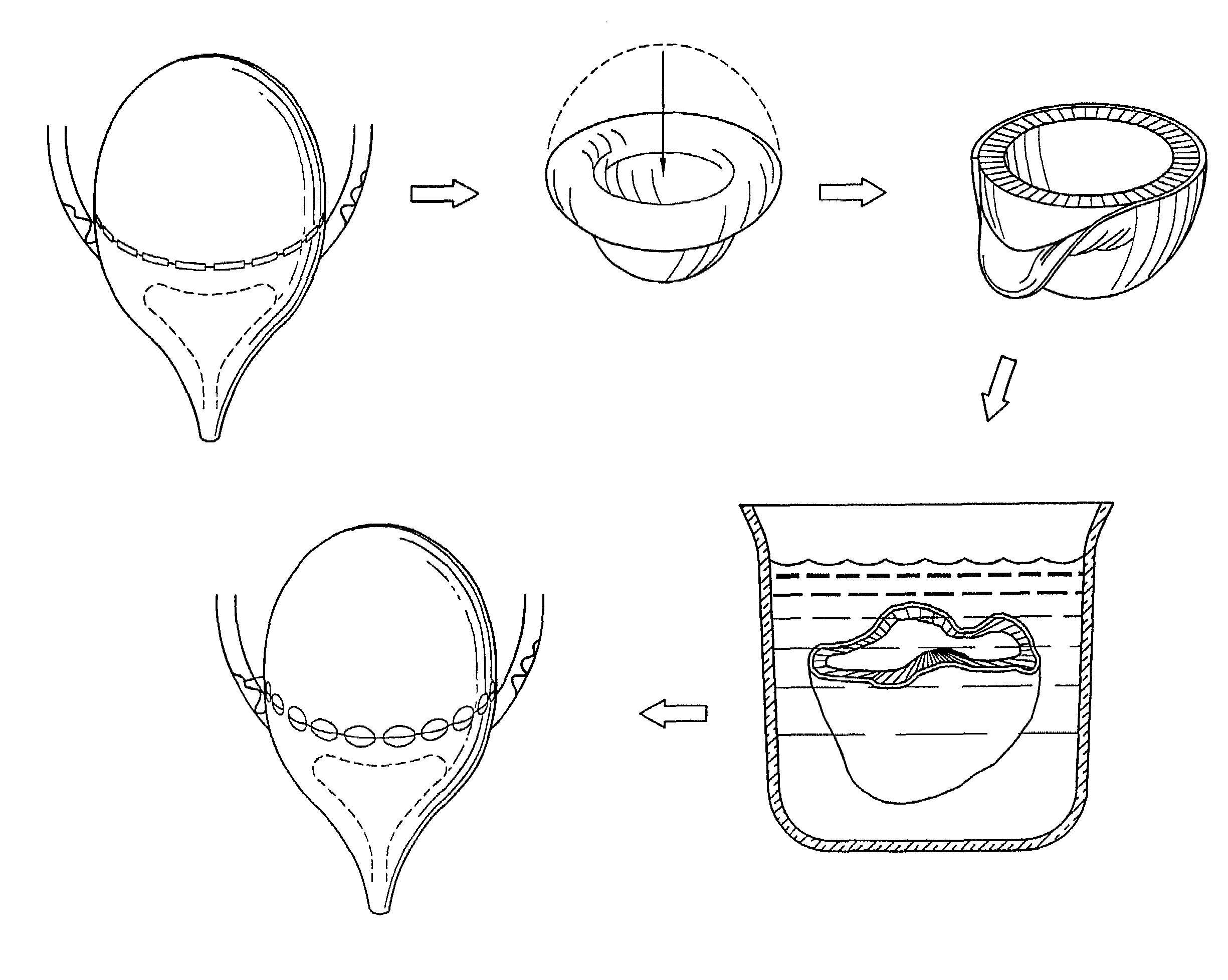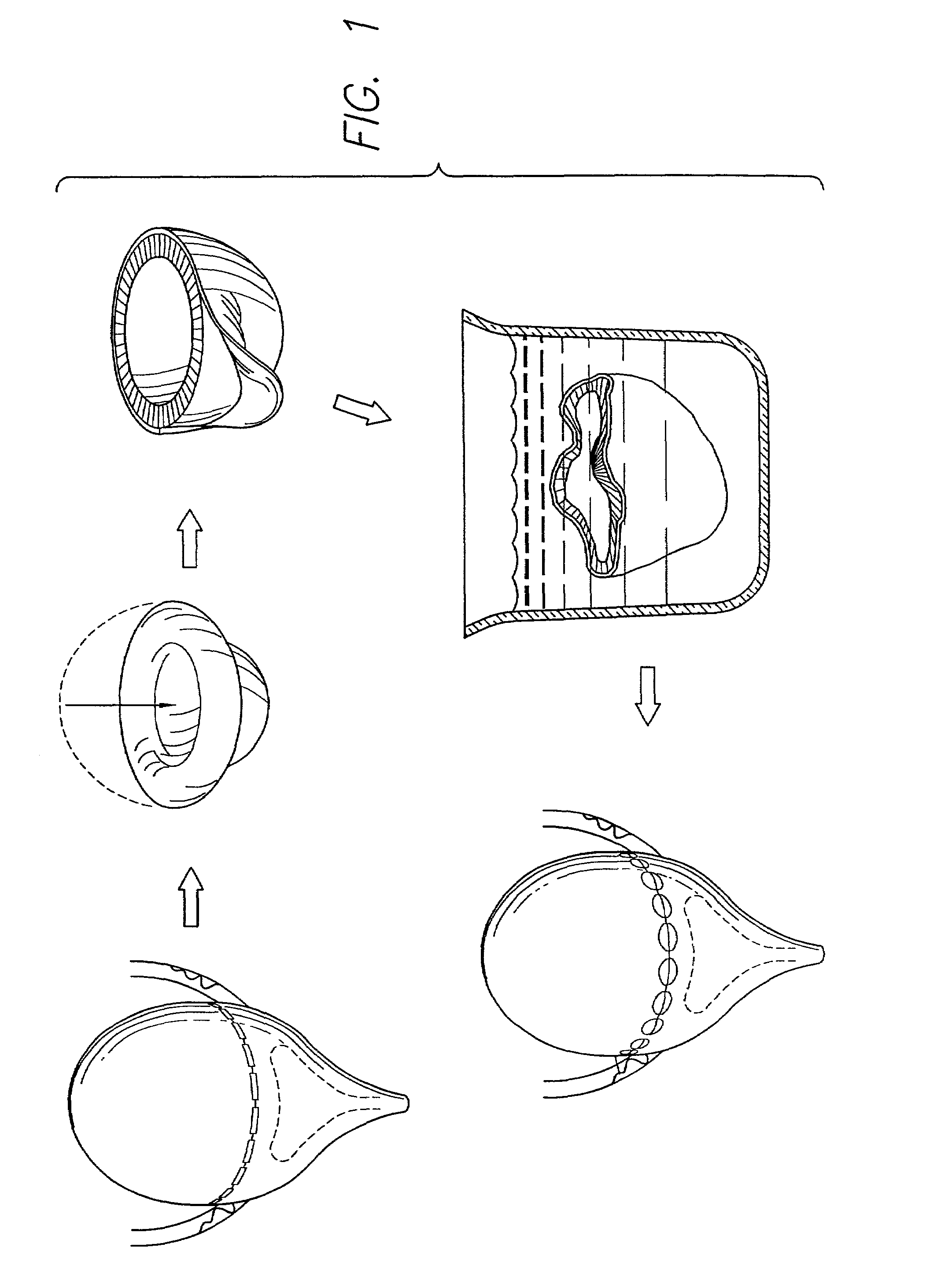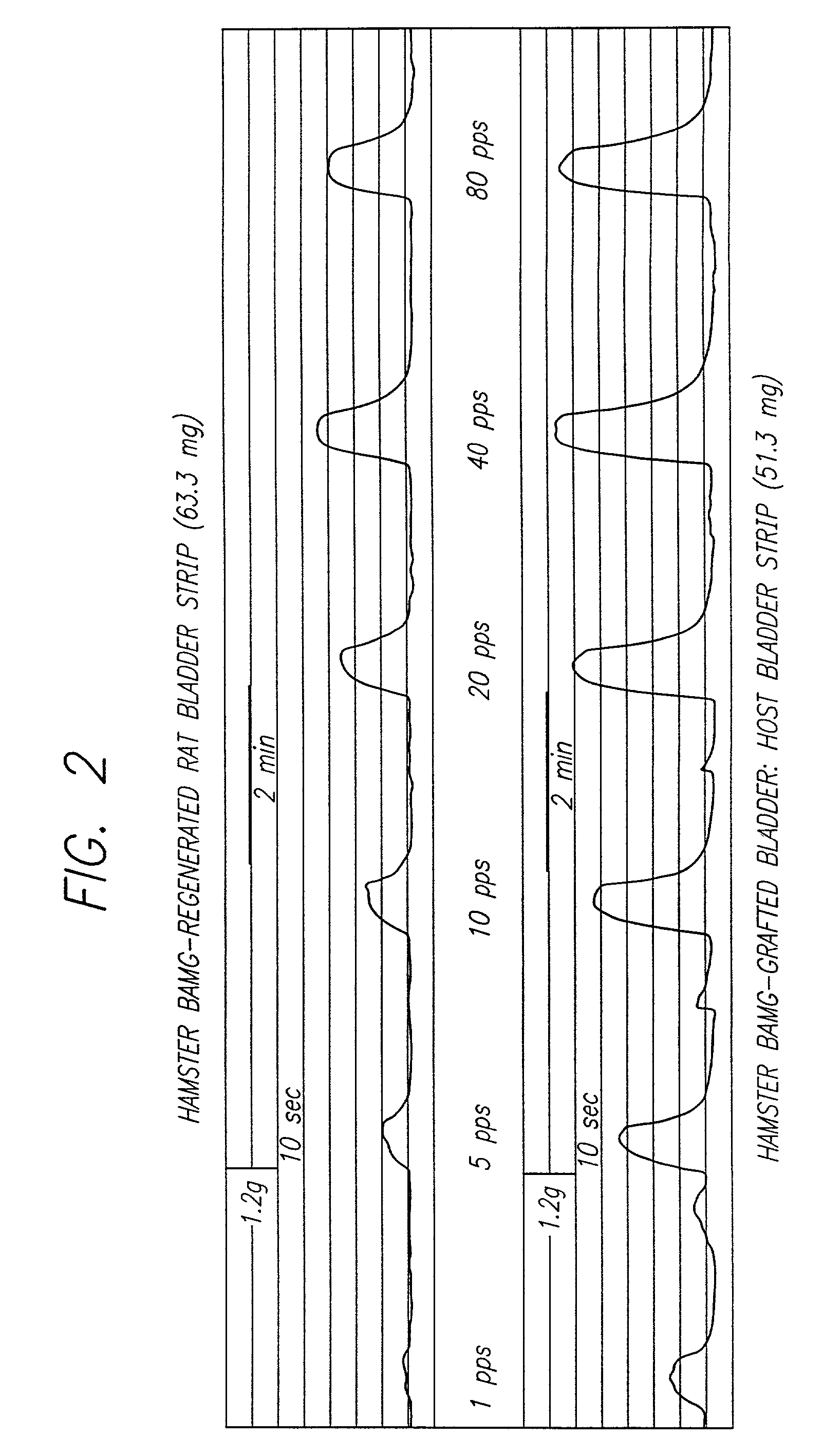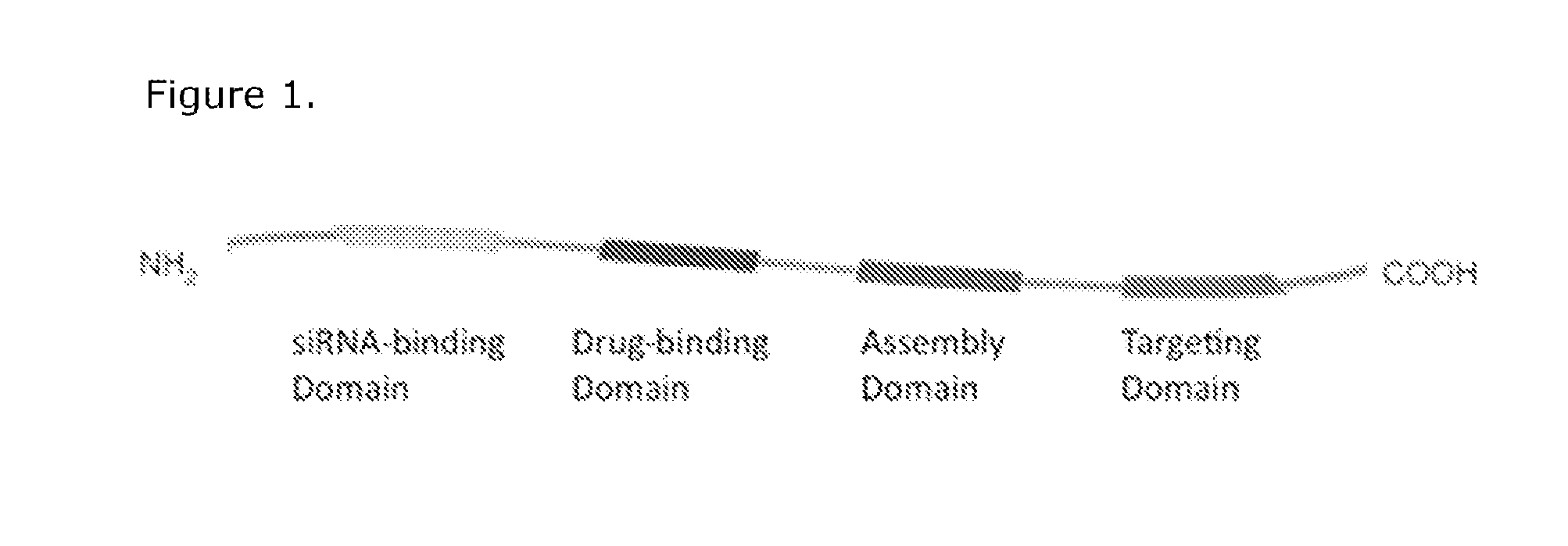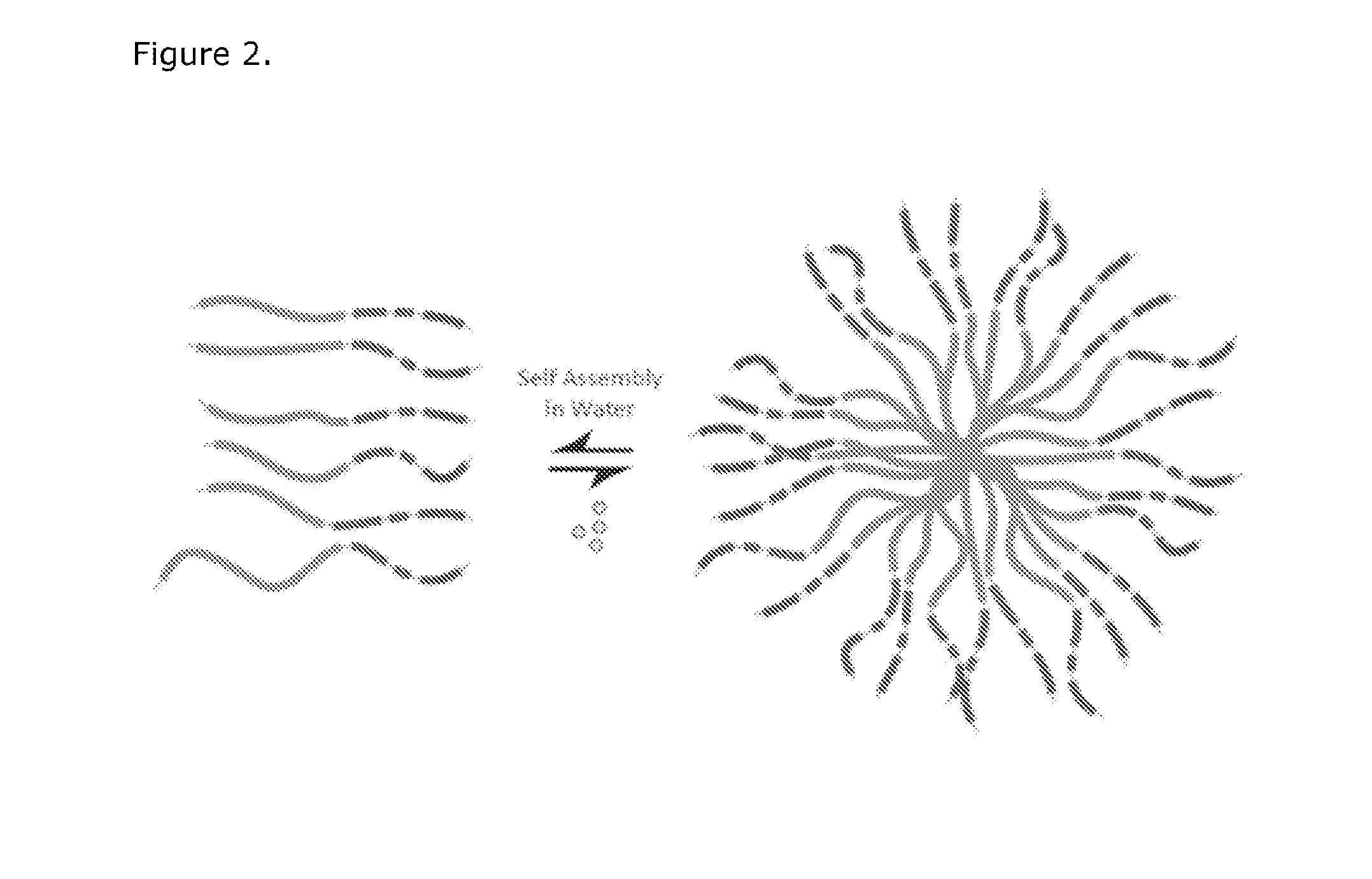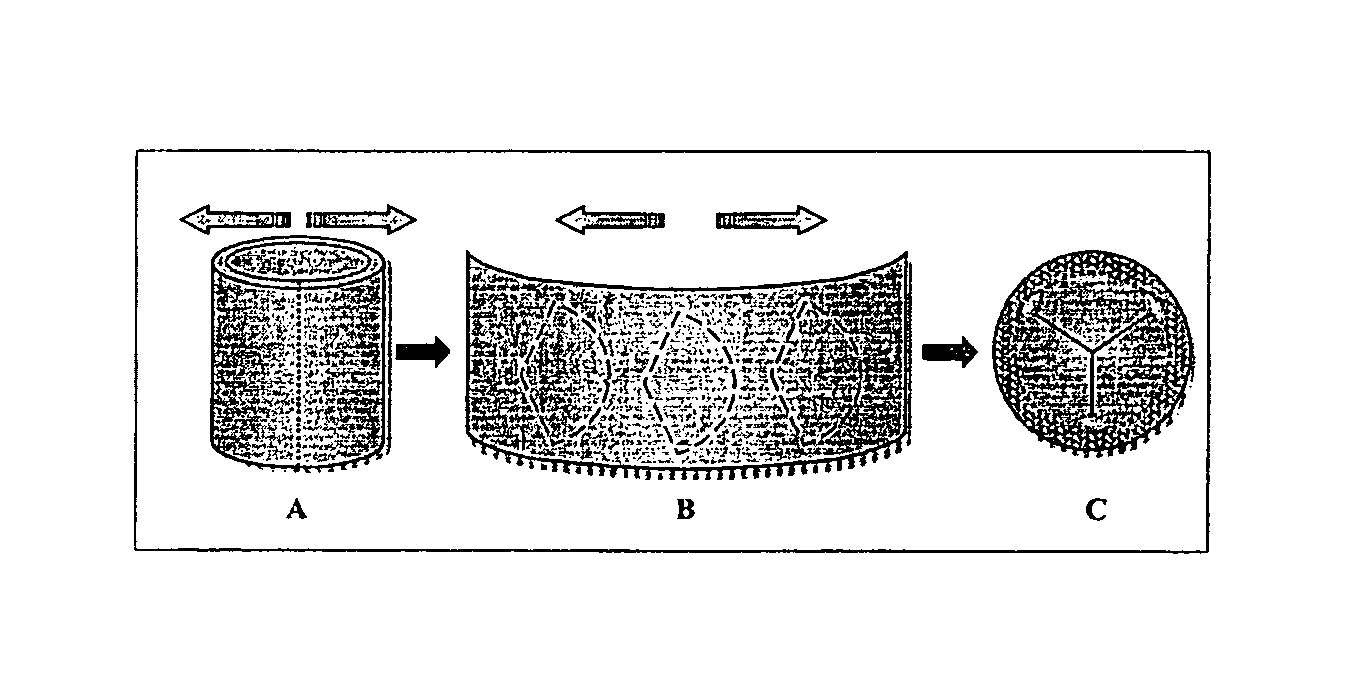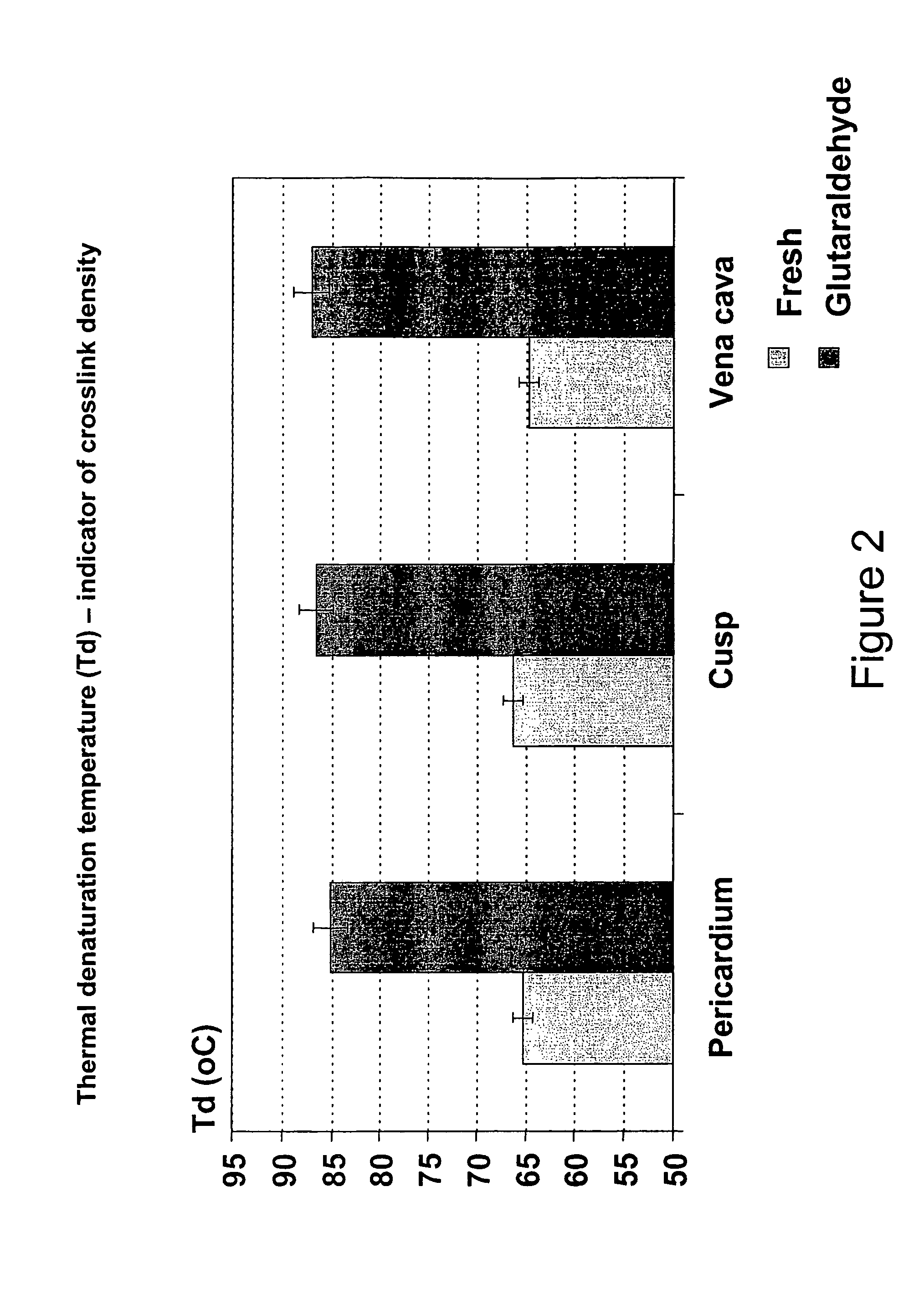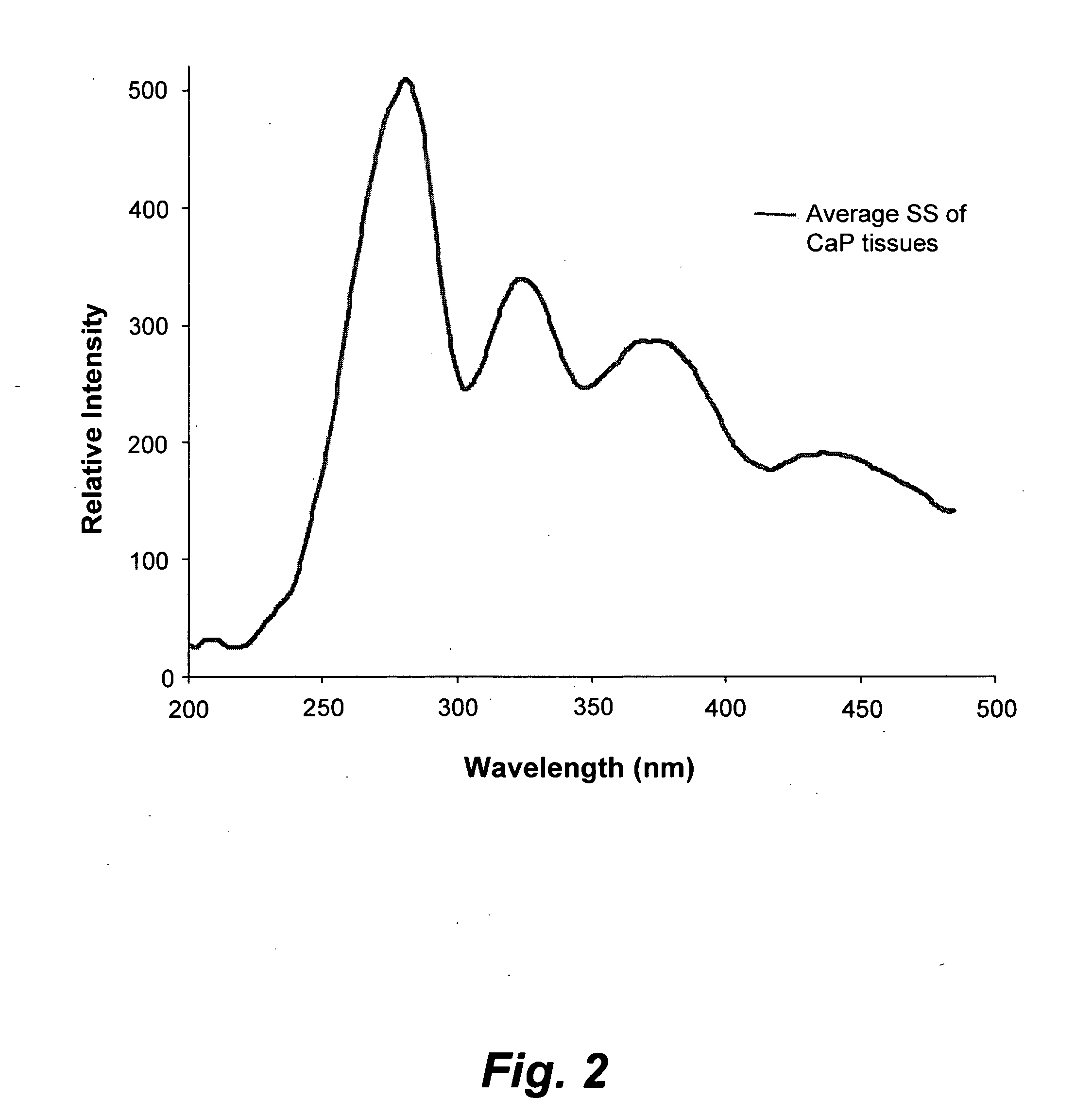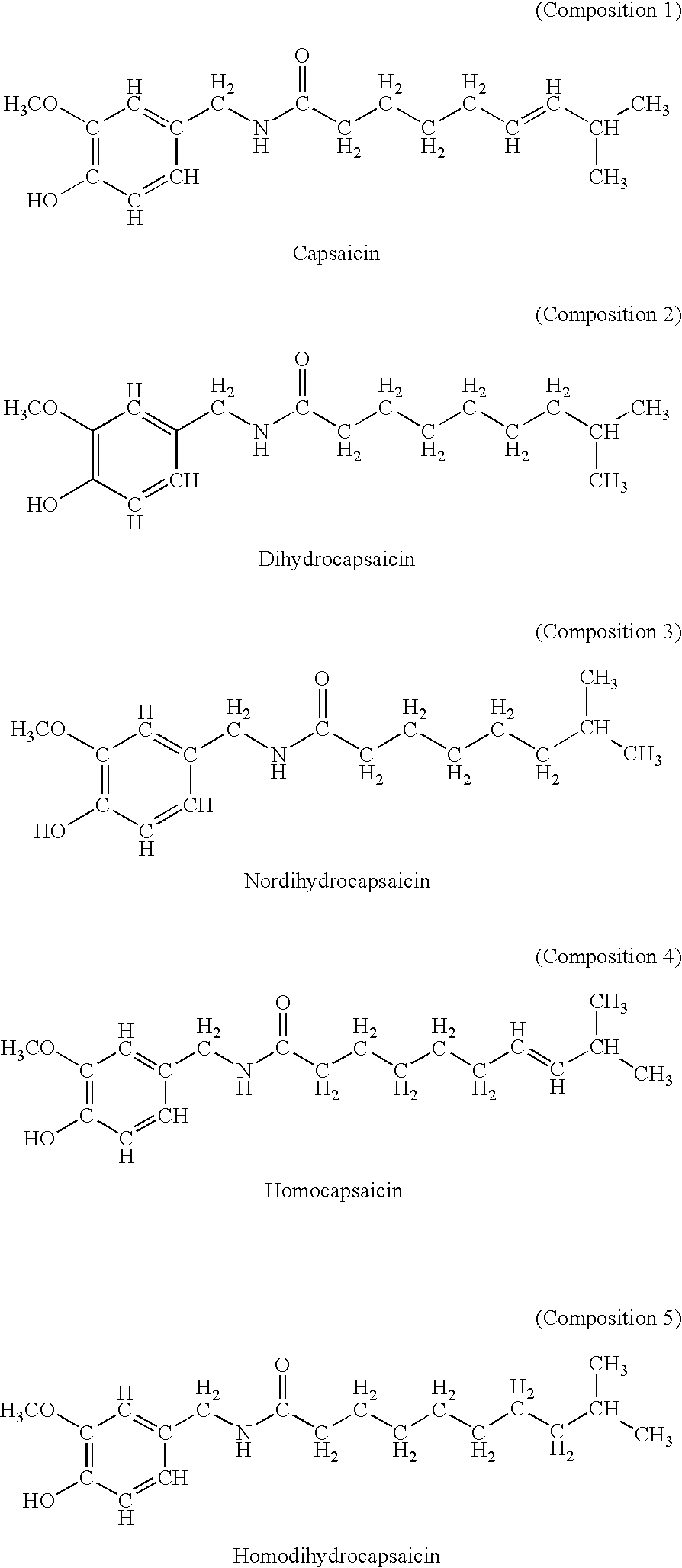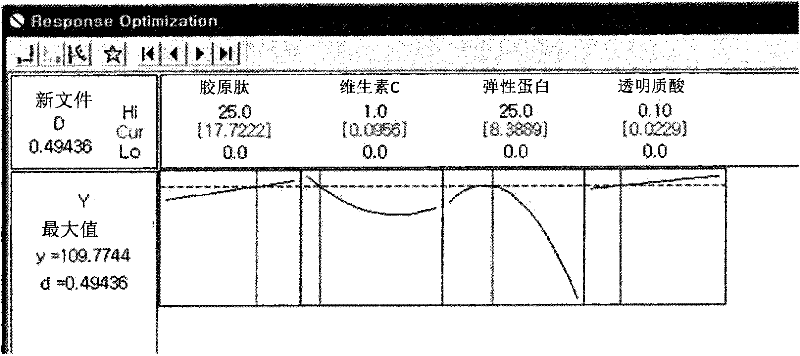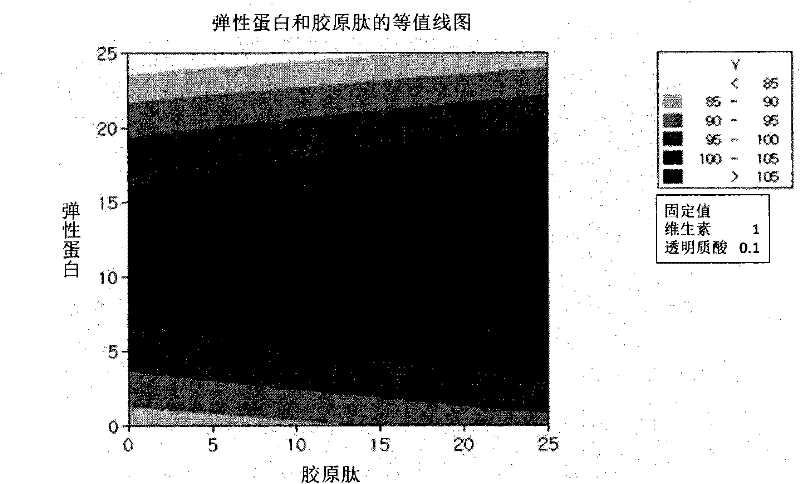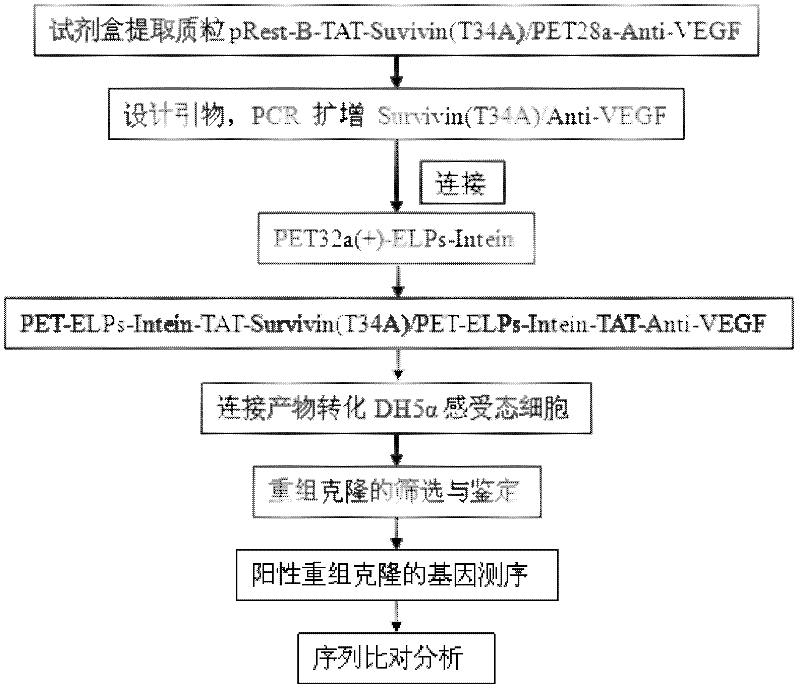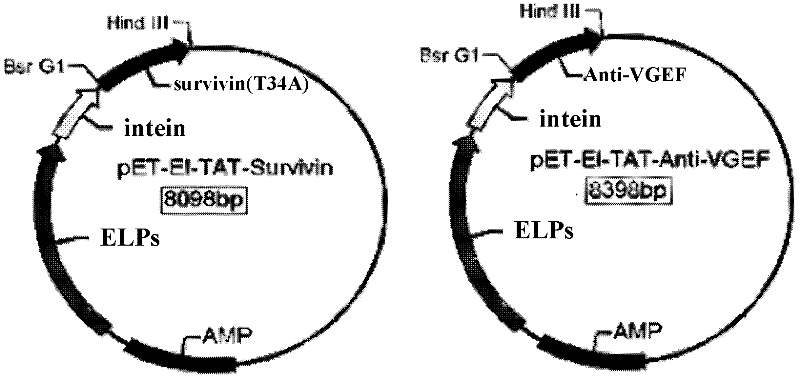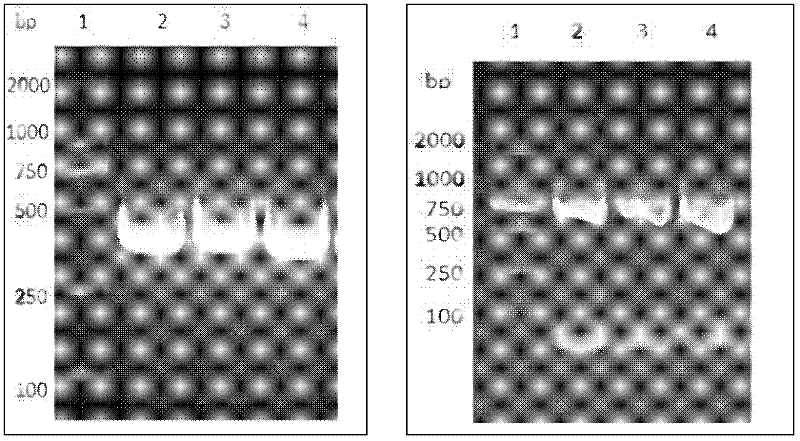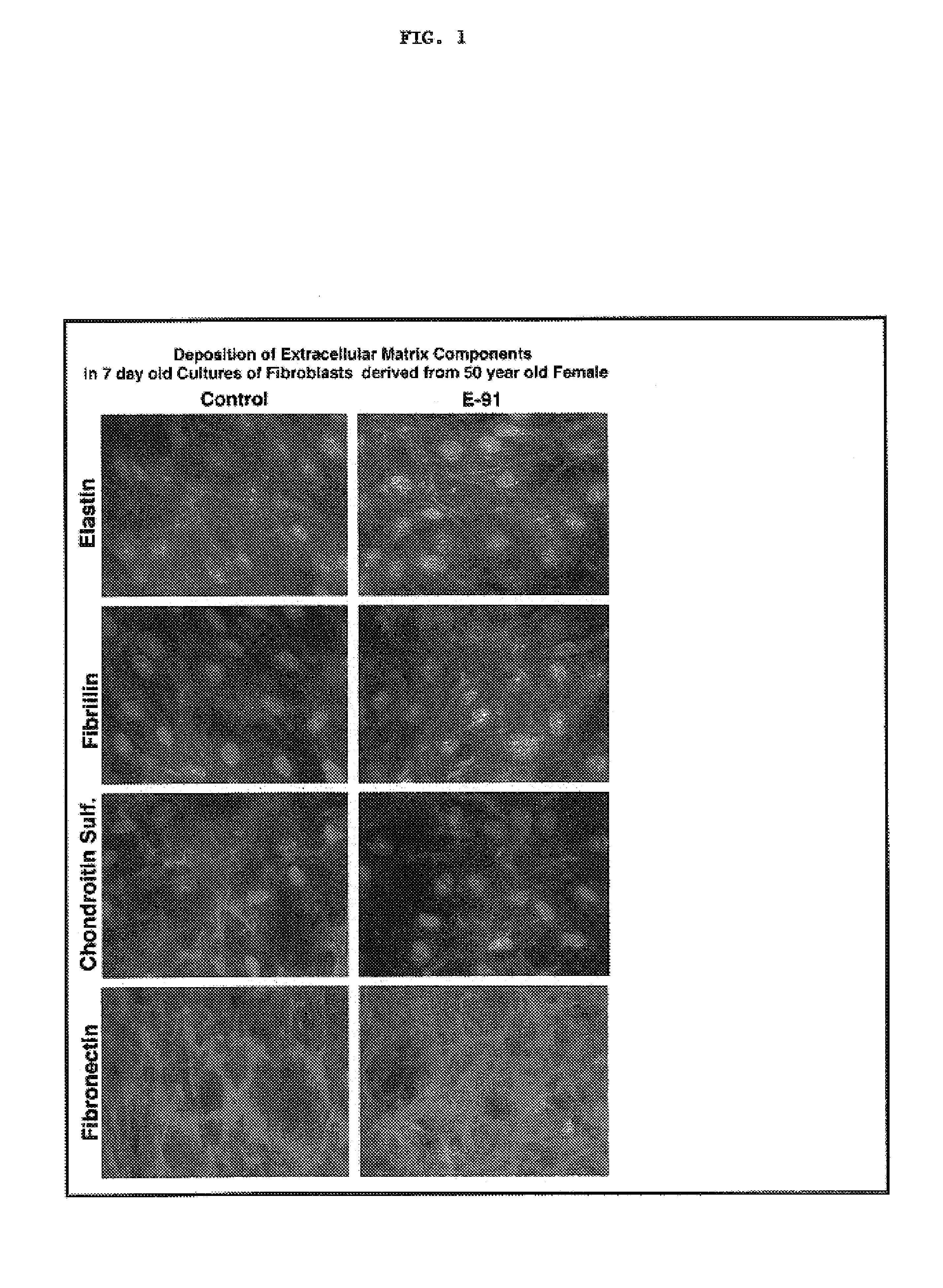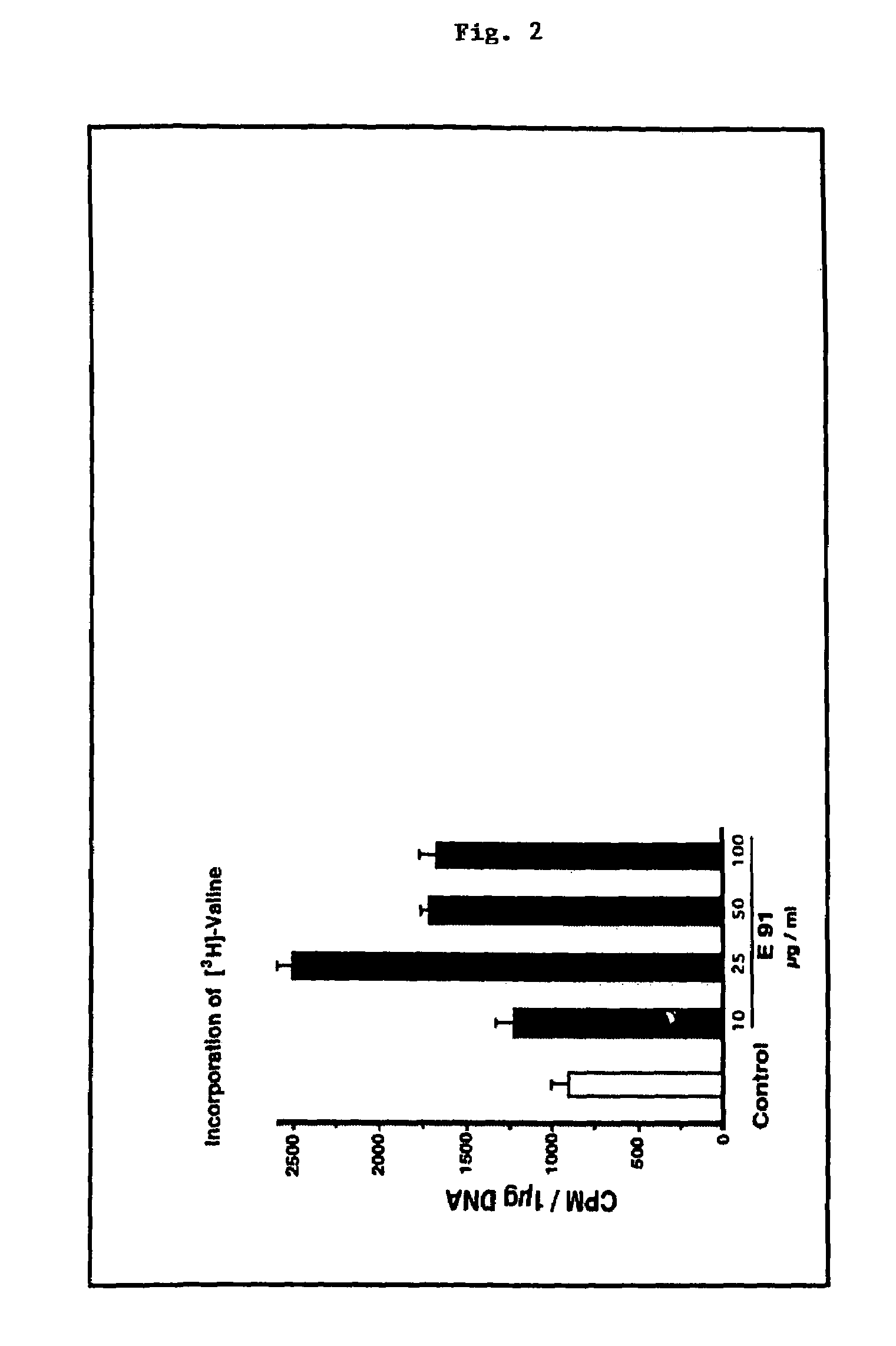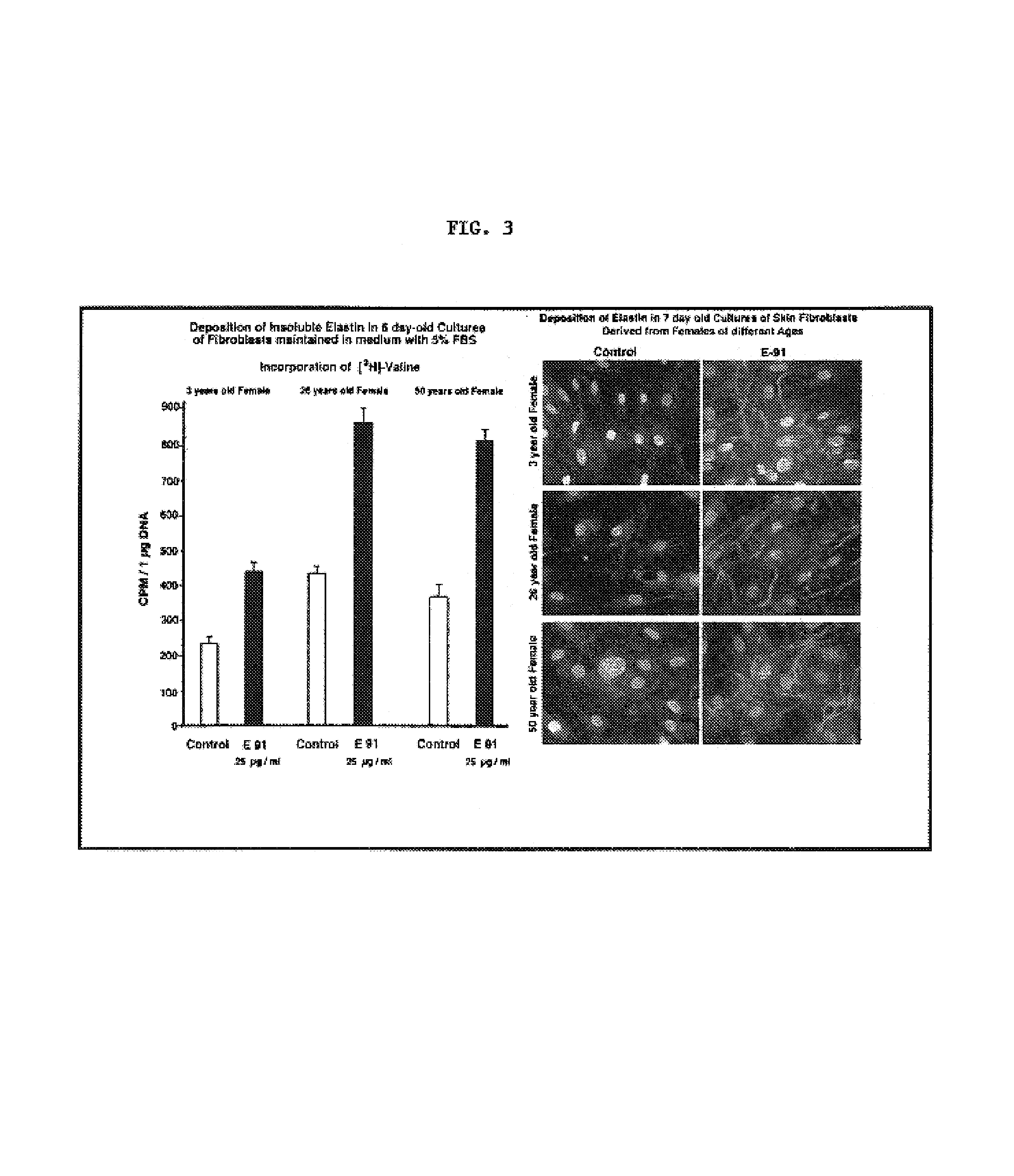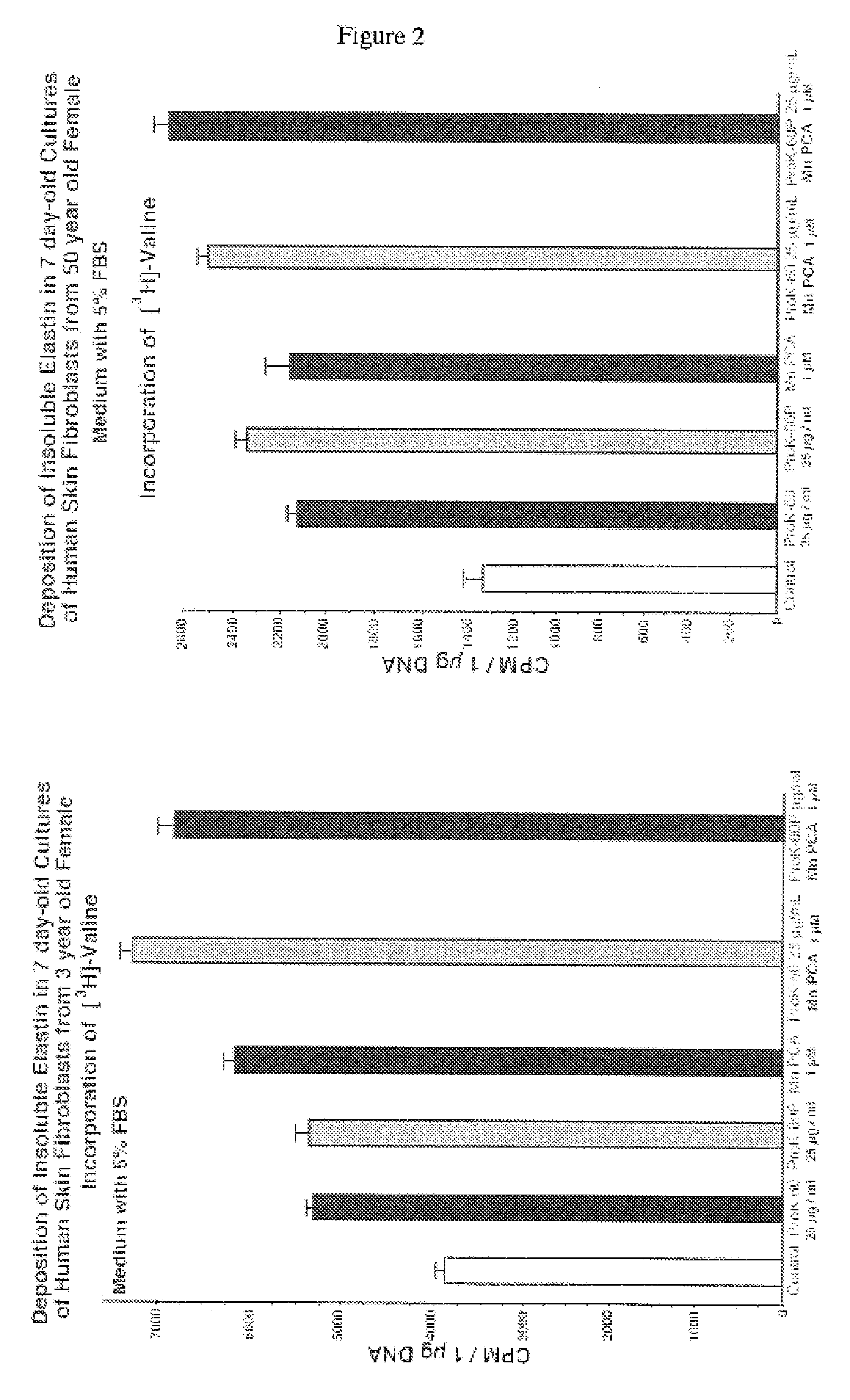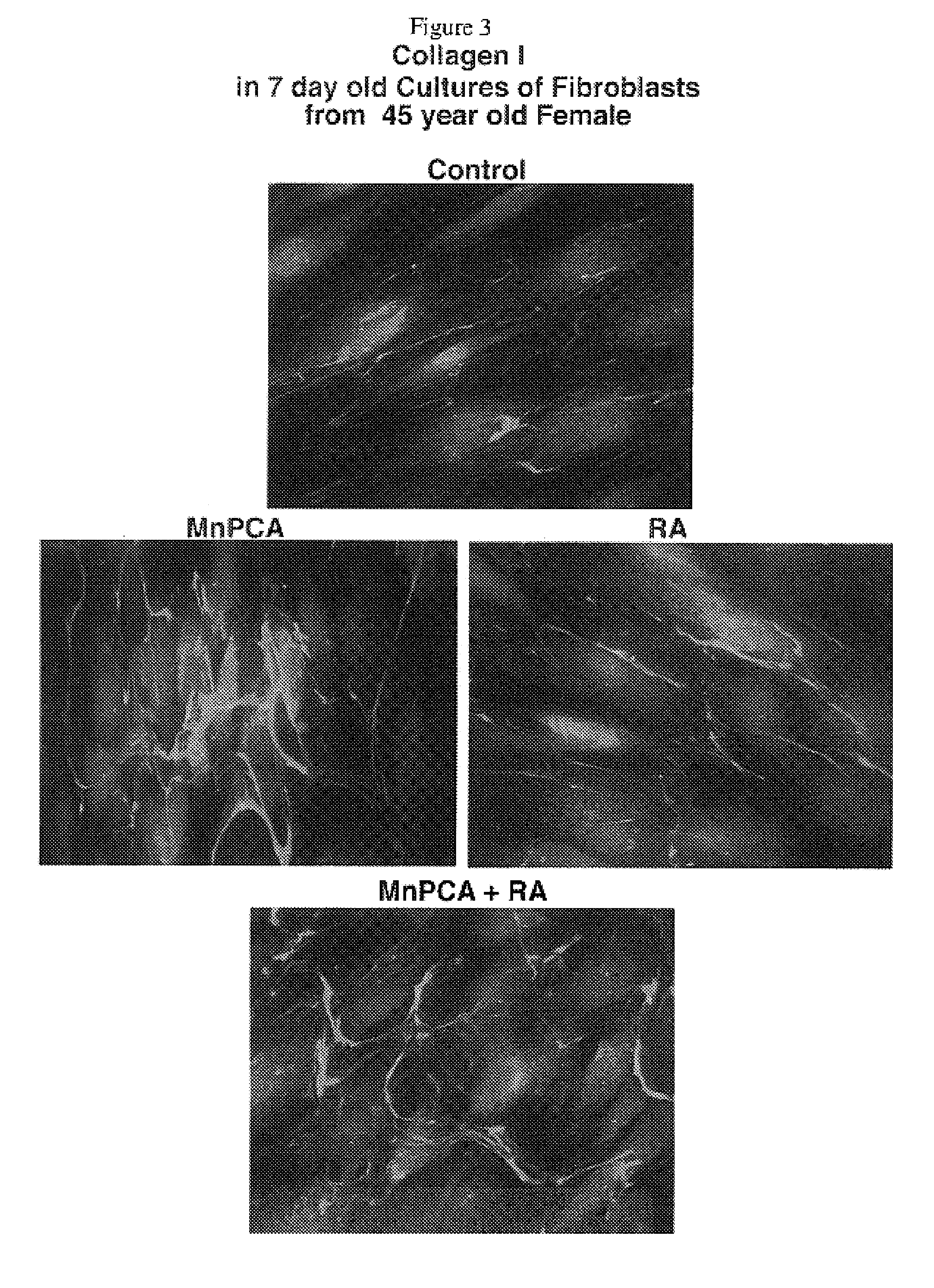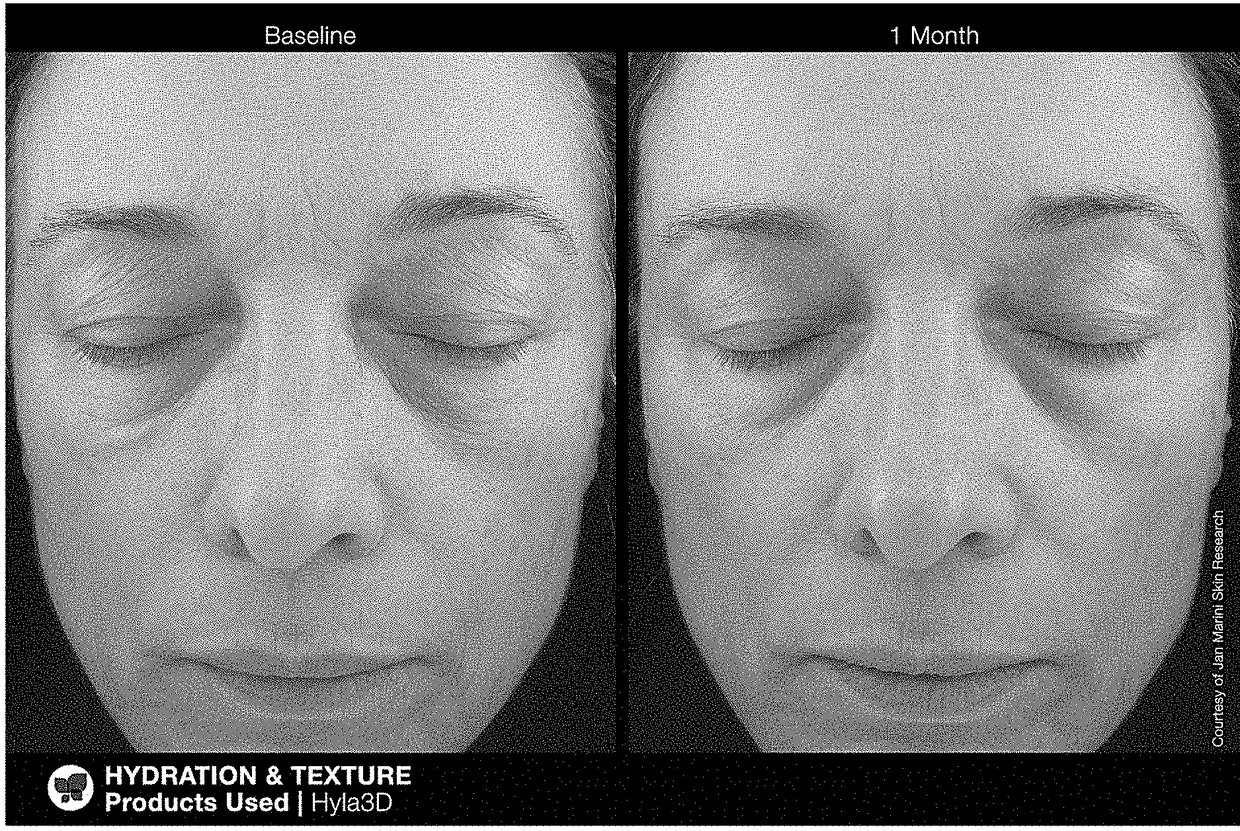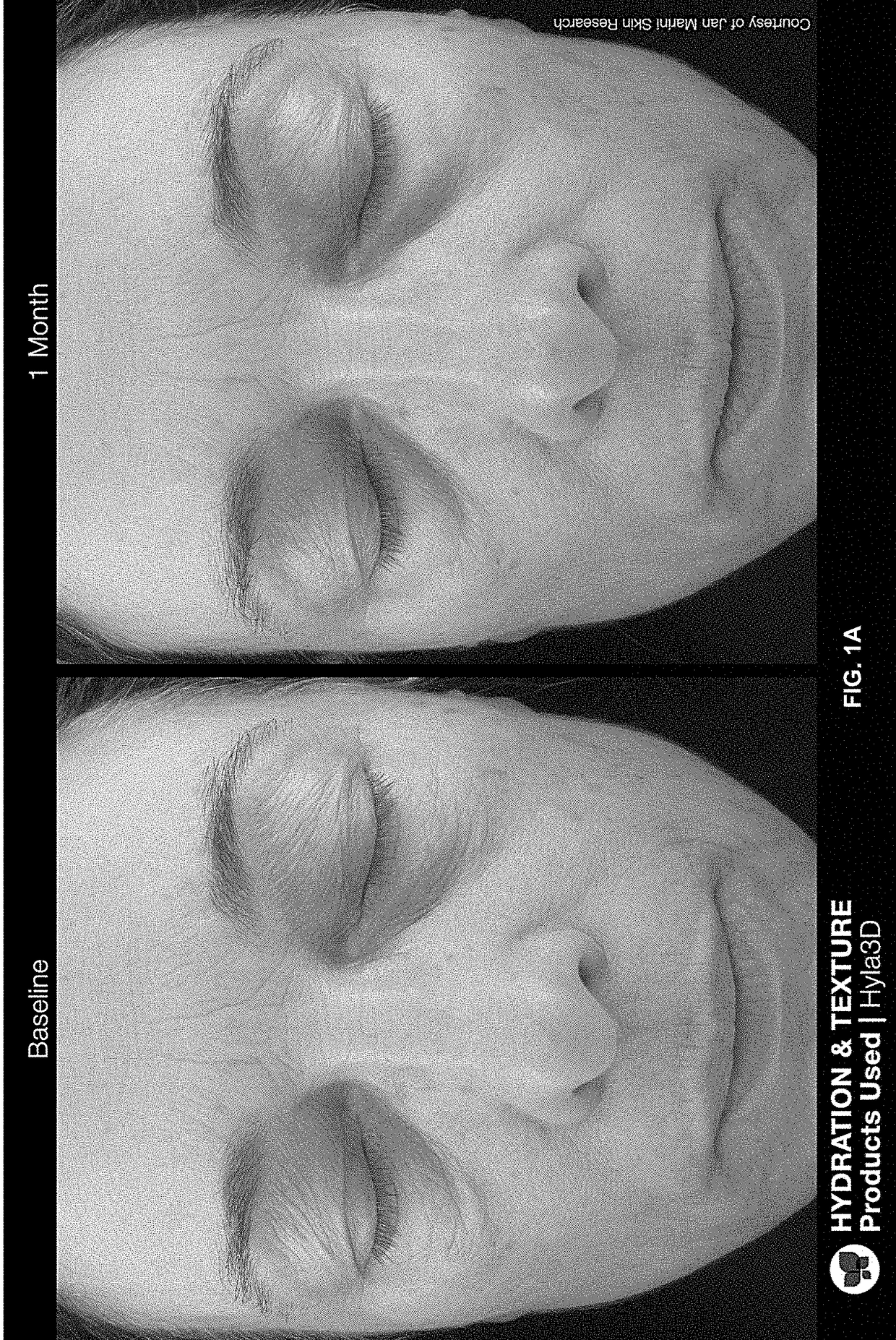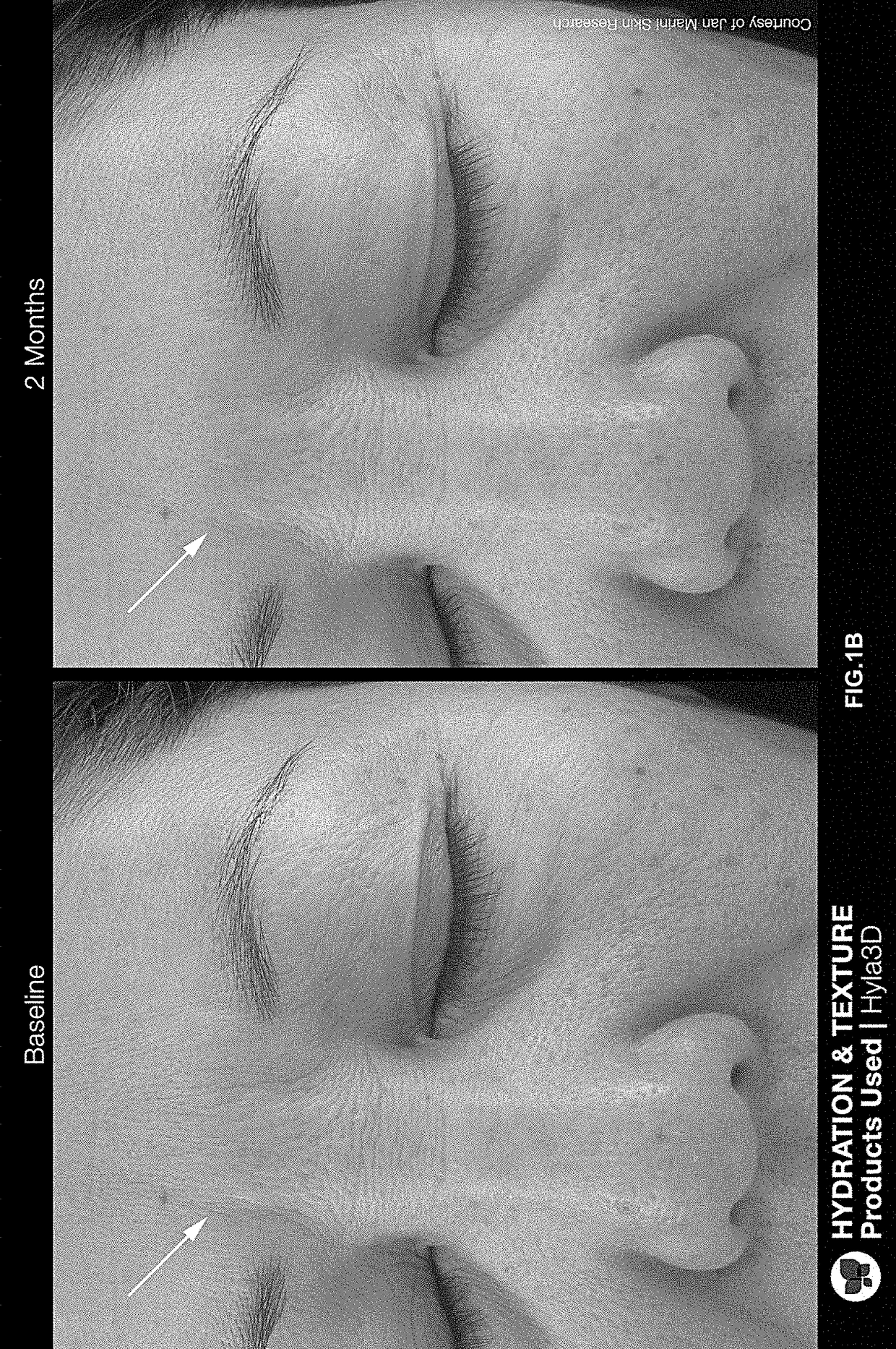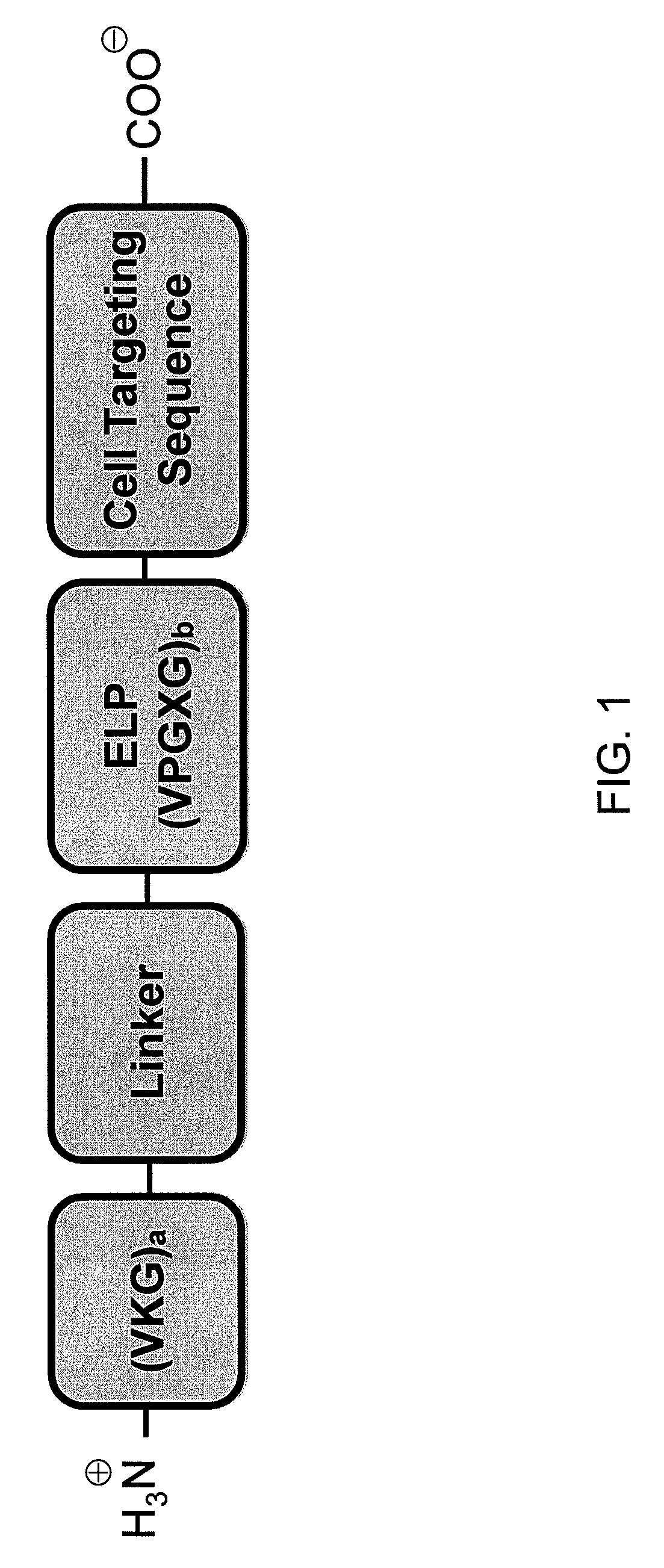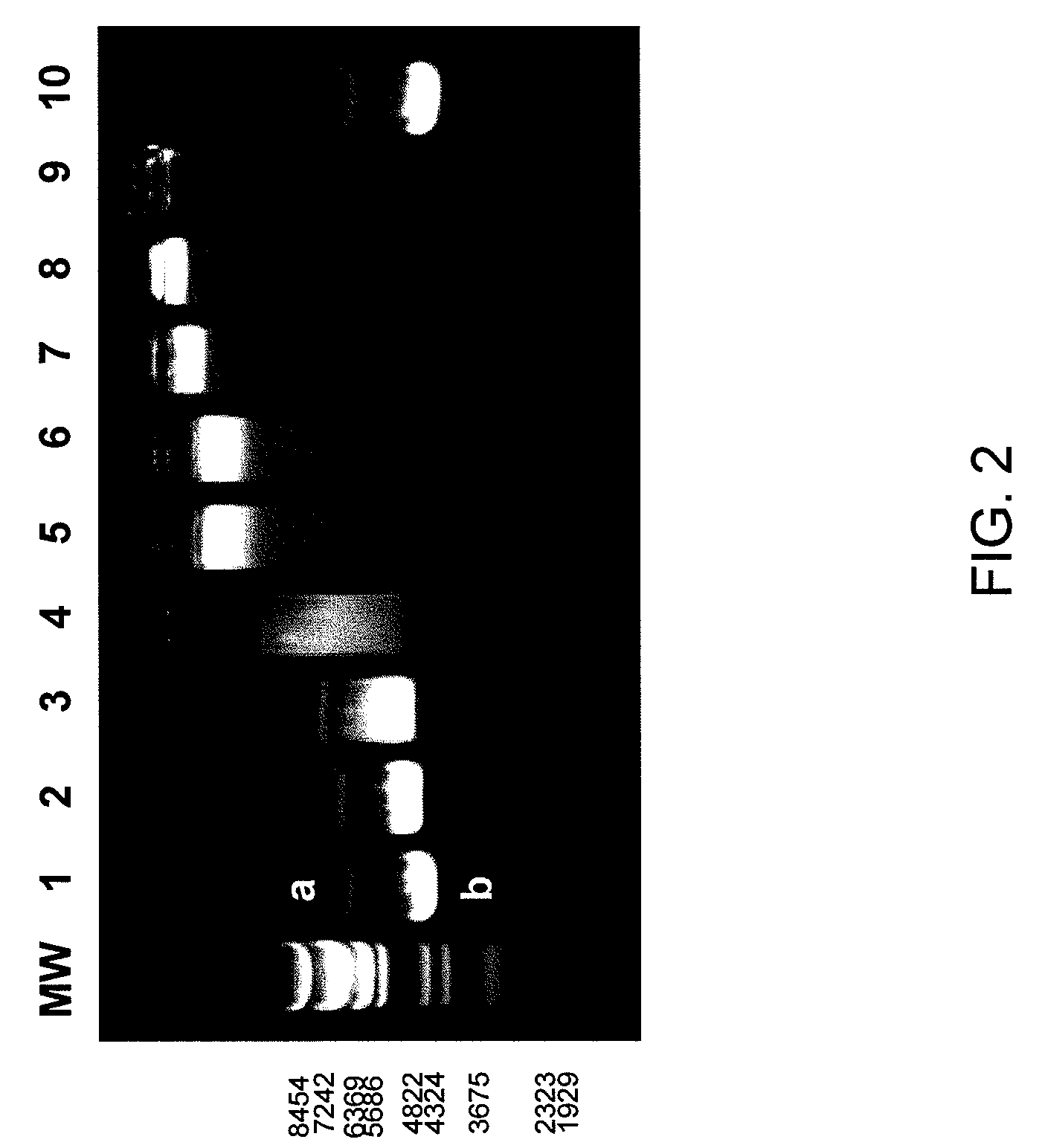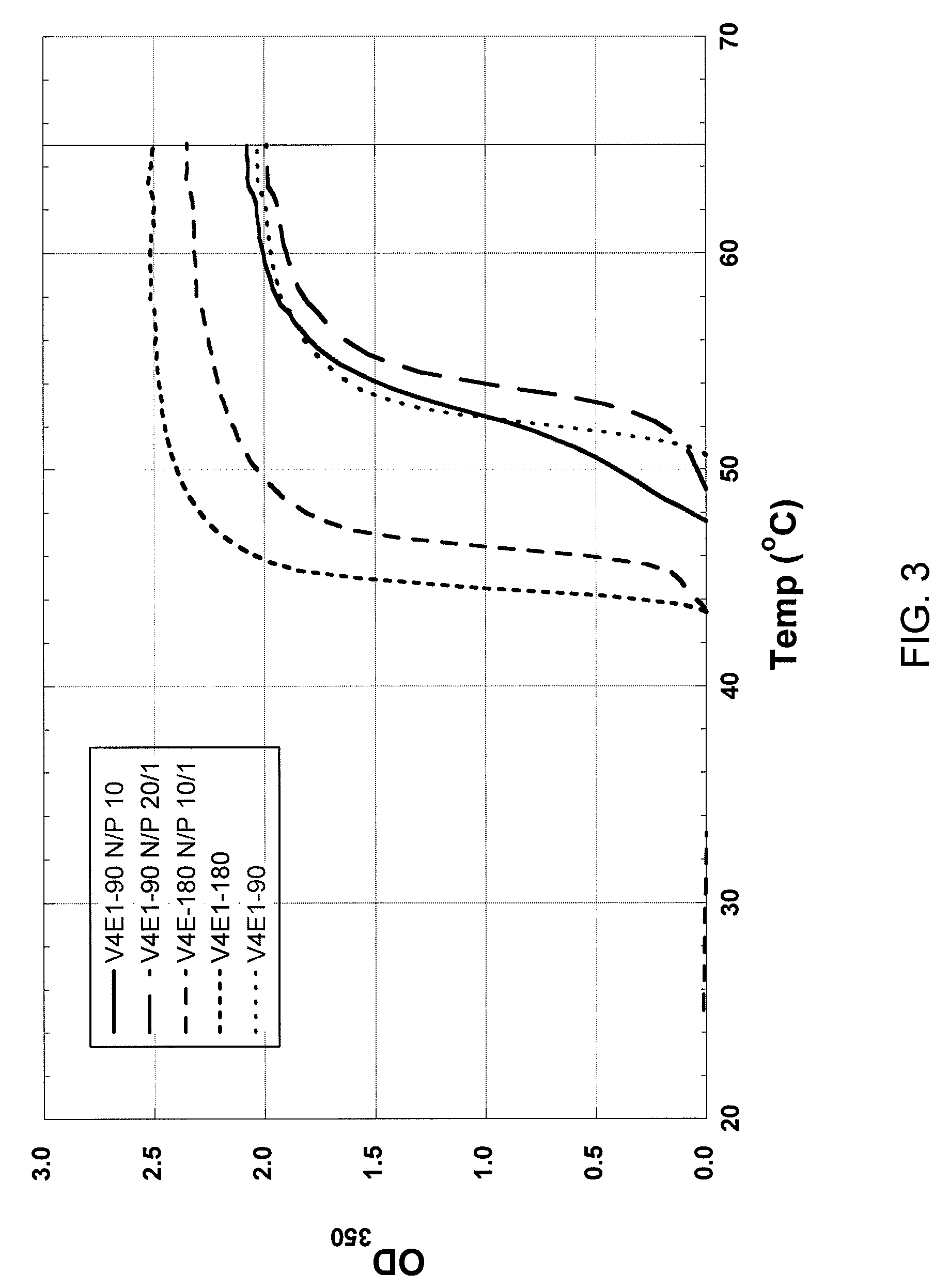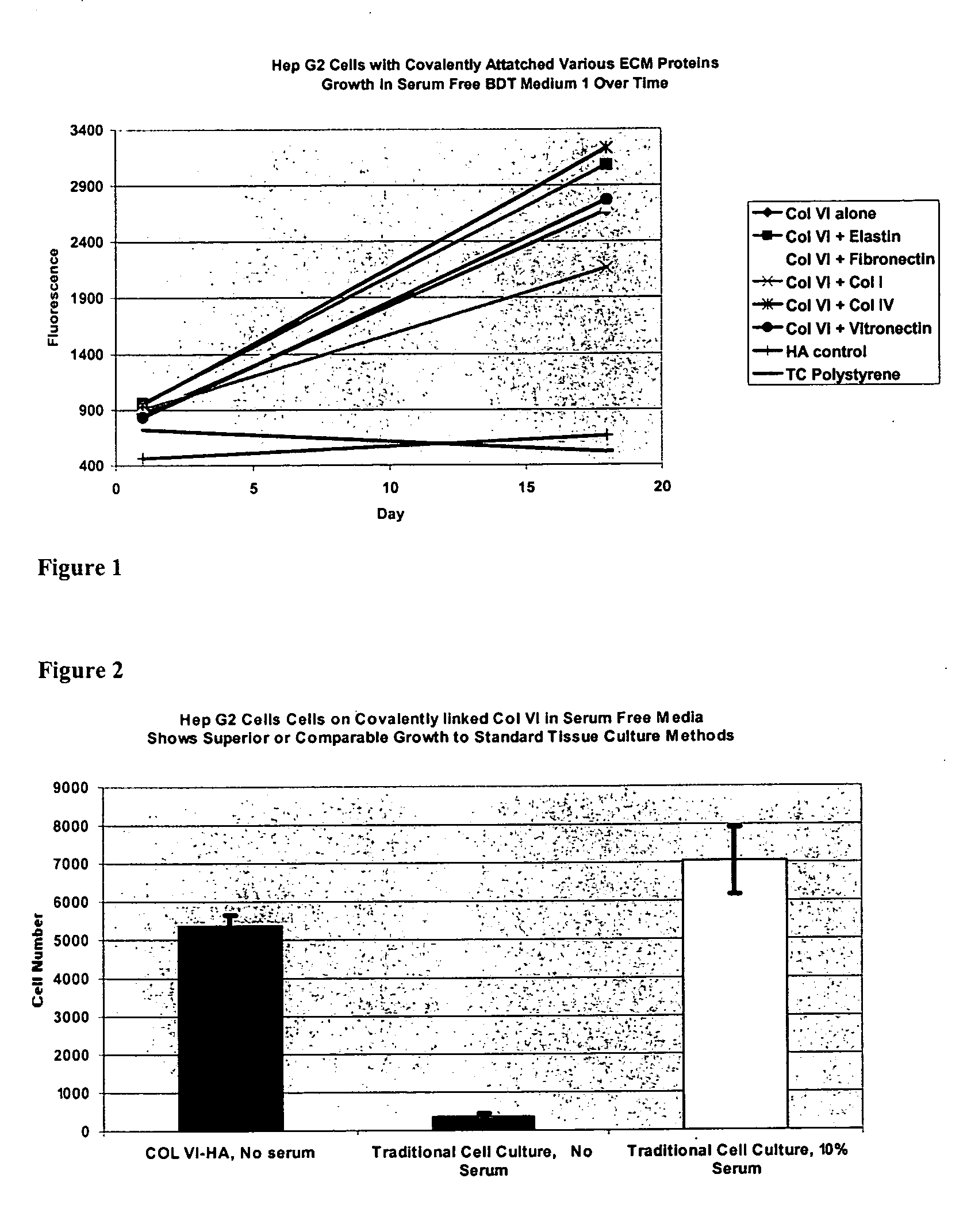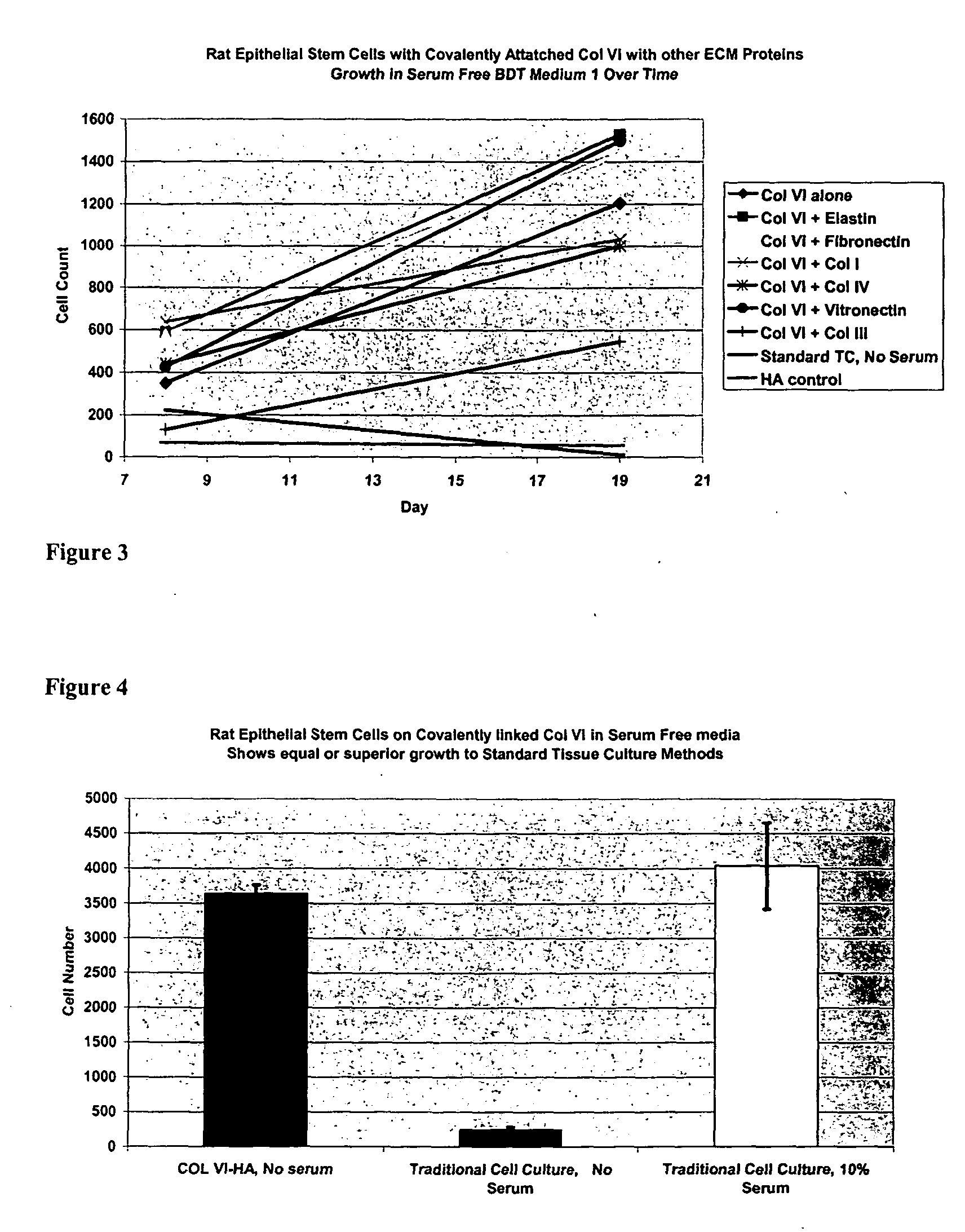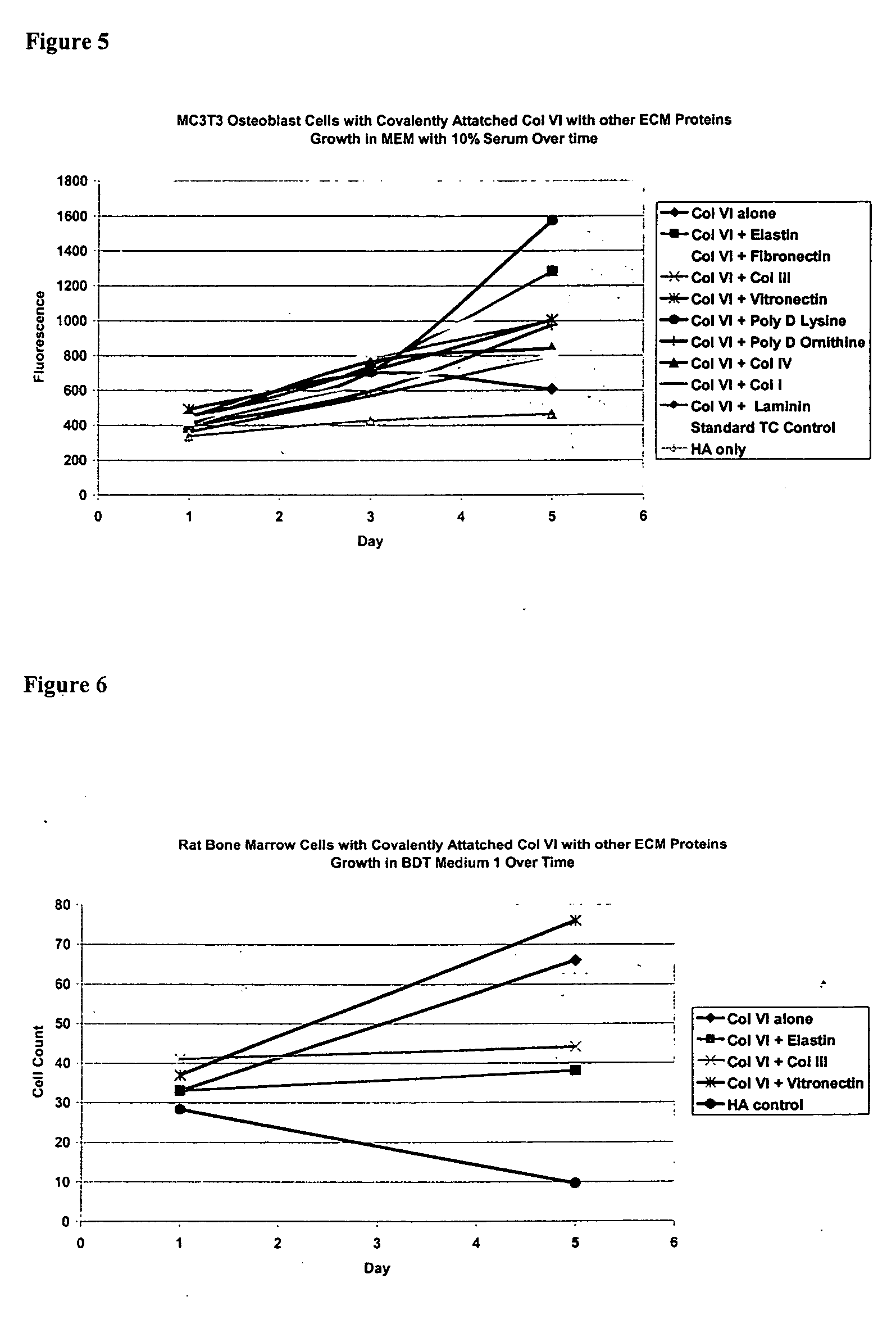Patents
Literature
Hiro is an intelligent assistant for R&D personnel, combined with Patent DNA, to facilitate innovative research.
92 results about "Resilin" patented technology
Efficacy Topic
Property
Owner
Technical Advancement
Application Domain
Technology Topic
Technology Field Word
Patent Country/Region
Patent Type
Patent Status
Application Year
Inventor
Resilin is an elastomeric protein found in many insects and other arthropods. It provides soft rubber-elasticity to mechanically active organs and tissue; for example, it enables insects of many species to jump or pivot their wings efficiently. Resilin was first discovered by Torkel Weis-Fogh in locust wing-hinges.
Use of matrix metalloproteinase inhibitors in skin care
InactiveUS20090068255A1Preventing and reducing of and sun damageImprove skin appearanceBiocideCosmetic preparationsWrinkle skinDisease
The application of matrix metalloproteinase (MMP) inhibitors to the skin inhibits the degradation of proteins found in the skin including collagen, elastin, and other basement membrane and extracellular matrix protein. MMP inhibitors may be used in both cosmetic compositions and pharmaceutical compositions for application to skin. MMP inhibitors are formulated with a cosmetically suitable vehicle or pharmaceutically acceptable excipient for application to the skin as creams, lotions, ointments, solutions, face masks, etc. As cosmetics, the inventive MMP inhibitor compositions are applied to the skin to prevent or reduce the appearance of wrinkles, pigmentation changes, loss of elasticity, or other effects associated with aging or sun damage. As pharmaceuticals, the inventive MMP inhibitor compositions may also be applied to the skin to treat or prevent a skin disease (e.g., proliferative disease, inflammatory disease).
Owner:LIVING PROOF INC
Tissue material and process for bioprosthesis
A biomaterial useful for bioprostheses such as bioprosthetic heart valves is provided in which the fixed tissue has improved elastic properties. The high elastin-containing biomaterial is further characterized by having anisotropic properties wherein the biological material has a greater stiffness in one direction and a greater elasticity in a cross direction. For instance, the biological material has an elastin content of about 30% by weight. In one embodiment, the biological material is vena cava tissue.
Owner:CLEMSON UNIV RES FOUND
Compositions and methods for soft tissue augmentation
The present invention provides compositions comprising isolated human collagen, isolated human elastin and a pharmaceutically acceptable carrier wherein the human elastin is substantially insoluble in water with a molecular weight greater than 100 kDa. The present invention further provides methods and kits for soft tissue augmentation.
Owner:HUMACYTE INC
Tissue material and process for bioprosthesis
ActiveUS20070005132A1Increase stiffnessIncrease elasticityHeart valvesTubular organ implantsTissue materialProsthesis
A biomaterial useful for bioprostheses such as bioprosthetic heart valves is provided in which the fixed tissue has improved elastic properties. The high elastin-containing biomaterial is further characterized by having anisotropic properties wherein the biological material has a greater stiffness in one direction and a greater elasticity in a cross direction. For instance, the biological material has an elastin content of about 30% by weight. In one embodiment, the biological material is vena cava tissue.
Owner:CLEMSON UNIV RES FOUND
Method for preparing biological scaffold materials
InactiveUS20080027562A1Maintain mechanical strengthLess degree of cross-linkingHeart valvesDead animal preservationProsthesisElastin tissue
A method for preparing a scaffold material for use in the prosthesis therapy is disclosed. The method comprises (a) lyophilizing a segment of native soft tissue of mammalian origin, heating the lyophilized tissue at a temperature of 100-200° C., and incubating the tissue with elastase to selectively remove elastin leaving the extracellular components mainly comprised of collagen.
Owner:NAT CEREBRAL & CARDIOVASCULAR CENT
Elastin stabilization of connective tissue
A method and product are provided for the treatment of connective tissue weakened due to destruction of tissue architecture, and in particular due to elastin degradation. The treatment agents employ certain unique properties of phenolic compounds to develop a protocol for reducing elastin degradation, such as that occurring during aneurysm formation in vasculature. According to the invention, elastin can be stabilized in vivo and destruction of connective tissue, such as that leading to life-threatening aneurysms in vasculature, can be tempered or halted all together. The treatment agents can be delivered or administered acutely or chronically according to various delivery methods, including sustained release methods incorporating perivascular or endovascular patches, use of microsphere carriers, hydrogels, or osmotic pumps.
Owner:CLEMSON UNIV RES FOUND
Elastin protective polyphenolics and methods of using the same
ActiveUS20090110709A1Prevent premature proteolyticEfficient elastogenesisCosmetic preparationsBiocideFiberPolyphenol
Dermal fibroblasts permanently loose their ability to synthesize elastin, the major component of elastic fibers, shortly after puberty. This progressive loss of elastic fibers cannot be replaced, resulting in the physical signs of aging. The present invention provides methods and compositions containing the polyphenols ellagic acid and / or tannic acid for protection against degradation of cutaneous elastic fibers by the elastolytic enzymes. The use of ellagic acid and / or tannic acid increased the overall deposition of elastic fibers in healthy and damaged skin cells. The protection of both intra-tropoelastin and extra-cellular mature elastic fibers from proteolytic enzymes by ellagic acid and tannic acid caused an increase in the net deposition of elastic fibers. Therefore, embodiments of the present invention provide methods and composition for the treatment of skin and prevention and treatment of degradation of dermal elastic fibers.
Owner:ELASTOGENESIS LLC +1
Topical Skin Compositions, Their Preparation, and Their Use
InactiveUS20080081082A1Inhibit the causative factorsCosmetic preparationsBiocideBarrier functionDermatology
Owner:ACCESS BUSINESS GRP INT LLC
Collagen based materials and uses related thereto
InactiveUS20140193477A1Reduce inflammationPrevent coagulationBiocidePeptide/protein ingredientsTissue repairMedicine
This disclosure relates to materials fabricated from collagen and uses relates thereto. Typically, layers of collagen are stretched during a curing period and optionally coated or impregnated with an elastin like protein. In certain embodiments, these materials can be used in tissue repair or arranged into cylinders and utilized as a prosthetic vascular graft.
Owner:EMORY UNIVERSITY +2
Marine extract compositions and methods of use
InactiveUS20140106001A1Increase speedQuality improvementCosmetic preparationsToilet preparationsFine lineWrinkle skin
Compositions comprising extracts from marine organisms show beneficial effects on skin ailments. Fine lines, wrinkles, and sagging in skin are improved with the application of compositions with marine extracts. Production of collagen, elastin and hyaluronic acid are increased after application of the compositions.
Owner:MARINE BIOLOGY & ENVIRONMENTAL TECH LLC
Elastin peptide analogs and methods of using same
InactiveUS6506731B1Increase elasticityImprove functionalityCosmetic preparationsDipeptide ingredientsGlycineElastin peptides
The present invention is directed to a composition which is used to enhance the elasticity and / or appearance of tissue. Specifically, the present invention is directed to a composition formulated from peptides having low molecular weights and which substantially correspond to sequences found in elastin More preferably, the present invention corresponds to the general formula R1-Leucine-Glycine-Alanine-Glycine-Glycine-Alanine-Glycine-R2.
Owner:CONNECTIVE TISSUE IMAGINEERING
Topical Skin Compositions, Their Preparation, and Their Use
InactiveUS20080124409A1Inhibit causative factorInhibit the causative factorsCosmetic preparationsBiocideBarrier functionDermatology
Topical skin compositions include a complex containing components to provide a defense against the various pathway mechanisms of free radicals, reactive oxygen species, reactive nitrogen species, and other oxidizing species on the human body including the skin. The compositions may be administered by topically applying them in an amount to inhibit those mechanisms. The compositions and methods are directed to the prevention of the adverse or detrimental effects of free radicals, reactive oxygen species, reactive nitrogen species, and other oxidizing species on the human body including the skin. Thus, the compositions according to the invention improve barrier function, inhibit elastase and collagenase, and / or promote synthesis of collagen and elastin.
Owner:ACCESS BUSINESS GRP INT LLC
Plant based formulations for improving skin moisture, texture, and appearance
ActiveUS7348034B2Increase moistureImprove textureCosmetic preparationsBiocideLipid formationAdditive ingredient
The present invention relates to formulations of ingredients that are useful for improving the appearance, texture and / or moisture of skin. In particular, the formulations of the present invention stimulate collagen, elastin, and lipid synthesis and / or inhibit or minimize the loss of collagen, elastin, and lipids in the skin. Additionally, the formulations of the present invention inhibit matrix metalloproteases, such as MMP-1, MMP-9, collagenase, or elastase.
Owner:ACCESS BUSINESS GRP INT LLC
Topical Skin Compositions, Their Preparation, and Their Use
InactiveUS20080081034A1Inhibit the causative factorsOrganic active ingredientsCosmetic preparationsBarrier functionDermatology
Topical skin compositions include a complex containing components to provide a defense against the various pathway mechanisms of free radicals, reactive oxygen species, reactive nitrogen species, and other oxidizing species on the human body including the skin. The compositions may be administered by topically applying them in an amount to inhibit those mechanisms. The compositions and methods are directed to the prevention of the adverse or detrimental effects of free radicals, reactive oxygen species, reactive nitrogen species, and other oxidizing species on the human body including the skin. Thus, the compositions according to the invention improve barrier function, inhibit elastase and collagenase, and / or promote synthesis of collagen and elastin.
Owner:ACCESS BUSINESS GRP INT LLC
Tropoelastin-based protoelastin biomaterials
Biocompatible materials suitable for use in vascular applications have been engineered, combining human recombinant tropoelastin with other synthetic or natural biomaterials to form protoelastin. The materials can be in the form of elastin films on metal, bone, ceramic or polymer substrates, laminates of alternating polymer and elastin, blends of polymer and elastin, or elastin crosslinked with or tethered to polymer. The flexibility in engineering and design makes protoelastin biomaterials suited not only to the production of conduits but any number of other vascular applications that require blood contacting surfaces. Tropoelastin and the subsequently engineered biomaterial protoelastin provide the opportunity to satisfy a large unmet need for a biocompatible material adaptable enough to meet a range of diverse vascular uses. These are mechanically stable, elastic, strong and biocompatible (i.e., not thrombogenic and promoting adhesion of cells, especially human endothelial cells.
Owner:NG MARTIN KEAN CHONG +2
Acellular matrix grafts of collagen and elastic fiber
InactiveUS7306627B2Promote regenerationRecovery functionUrinary bladderPeptide/protein ingredientsCellular componentMuscle tissue
Acellular matrix grafts are provided with are isolated from natural sources and consist essentially of a collagen and elastin matrix which is devoid of cellular components. The grafts are useful scaffolds which promote the regeneration of muscle tissue and aid in restoring muscle function. Due to their acellular nature, the grafts lack antigenicity. As a result, the acellular matrix grafts can be isolated from autographic, allographic or xenographic tissues.
Owner:RGT UNIV OF CALIFORNIA
Compositions of a peptide targeting system for treating cancer
This invention describes a protein nanoparticle system for targeting siRNA or other drugs into tumors. The basis of the protein system is elastin-like peptides that self-assemble once exposed to the nucleic acid of the siRNA. Specific targeting peptides are fused to the core ELP structure by standard genetic engineering techniques. These targeting peptides confer specific binding of the nanoparticle to receptors on the surface of tumor cells and allow for uptake of the nanoparticle into the tumor cells.
Owner:ARIZ PRECISION MEDICINE INC +1
Chemically and biologically modified medical devices
ActiveUS20100174351A1Increased protease resistanceSignificantly reducedStentsBone implantBiocompatibility TestingThrombus
Biocompatible materials for use in vascular applications or for implantation have been engineered, combining human recombinant tropoelastin with other synthetic or natural biomaterials to form protoelastin. The materials can be in the form of elastin films on metal or polymer substrates, laminates of alternating polymer and elastin, blends of polymer and elastin, or elastin crosslinked with or tethered to polymer or metal. These are mechanically stable, elastic, strong and biocompatible (i.e., not thrombogenic and promoting adhesion of cells, especially human endothelial cells), not eliciting a foreign body response. Plasma polymerization of substrate is shown to enhance biocompatibility, especially when used to bind elastin or other protein to the substrate.
Owner:NG MARTIN KEAN CHONG +3
Tissue material process for forming bioprosthesis
ActiveUS7753840B2Increase stiffnessIncrease elasticityHeart valvesTubular organ implantsTissue materialProsthesis
A biomaterial useful for bioprostheses such as bioprosthetic heart valves is provided in which the fixed tissue has improved elastic properties. The high elastin-containing biomaterial is further characterized by having anisotropic properties wherein the biological material has a greater stiffness in one direction and a greater elasticity in a cross direction. For instance, the biological material has an elastin content of about 30% by weight. In one embodiment, the biological material is vena cava tissue.
Owner:CLEMSON UNIV RES FOUND
Method for discriminating between benign and malignant prostate tumors
The method for discriminating between benign and malignant prostate tumors relates to analyzing samples of blood, urine and tissue by fluorescence spectroscopy in order to detect the presence of naturally occurring molecules in the fluids and tissue that serve as biomarkers indicative of cancer in the human body. The analysis can be carried out based on fluorescence emission spectra, fluorescence excitation spectra and synchronous (emission and excitation) spectra of bio-samples. The detection, diagnosis, and follow-up and also discrimination between malignant and benign prostate tumors may be made by comparison of ratios of fluorescence emissions and / or excitation intensities of tryptophan, tyrosine, elastin, collagen, bile pigments, NADH, flavins and various species of porphyrins.
Owner:KING SAUD UNIVERSITY
Composition and method for neck skin firming
InactiveUS20070031367A1Soften sharp edgeSmooth appearanceBiocideCosmetic preparationsWrinkle skinBenzaldehyde
A topical composition and method for its use for reducing sagging or wrinkles in the neck area of human skin. The composition includes safe and effective amounts of a mild topical astringent (such as Camphor) for skin tightening, a topical antispasmodic (such as benzaldehyde or benzyl cinnamate) for skin smoothing, and a topical skin irritant to increase localized skin circulation. The composition can also optionally include palmitoyl oligiopeptides to stimulate production of collagen and elastin in skin, a mushroom or plant leaf ferment extract to increase the cell turnover rate skin, and to increase hydration, skin firmness and elimination of fine facial lines, a cocao ferment extract to inhibit lipid peroxidation, inhibit excess ornithine decarboxylase activity, and stimulate cutaneous blood flow to reduce lines and wrinkles, and a Lactobacillus lysate extract to stimulate collagen production. These ingredients are mixed in a dermatologically acceptable carrier for topical application.
Owner:BROWN VERA +1
Composition containing collagen peptide for improving skin care
ActiveCN102131492APrevent agingPrevent photoagingCosmetic preparationsToilet preparationsWrinkle skinVitamin C
The present invention relates to an oral composition for improving skin care, which has the effects of smoothing skin and preventing wrinkles when taking the composition. More specifically, the composition of the present invention further contains one or more components selected from a group comprising elastin proteins, hyaluronic acid, and vitamin C in a collagen peptide. Especially, according to the present invention, the composition containing the collagen peptide, elastin protein, hyaluronic acid and vitamin C together in an optimized ratio does not cause side effects in the human body when taken. In addition, collagen biosynthesis of skin dermis is maximally promoted and the remaining rate in the user's body is very high. Also, the composition has the effects of suppressing wrinkles in the skin, maintaining or improving skin elasticity, and relieving dryness so it is useful as a healthy functional food for improving skin care and preventing skin aging.
Owner:AMOREPACIFIC CORP
Method for purifying recombinant proteins with intein-mediated elastin like proteins
InactiveCN102373234ASimple and fast operationEasy to operateMicroorganism based processesImmunoglobulins against growth factorsInteinAffinity matrix
The invention discloses a method for purifying recombinant proteins with intein-mediated elastin like proteins (ELPs). In the method, a method which does not need any affinity matrix or label excision enzyme is developed by combining the temperature-dependent phase transfer characteristics of the ELPs and the label self-excision function of intein. The method is easy to operate, and has low cost and extremely good application prospect.
Owner:EAST CHINA UNIV OF SCI & TECH
Elastin digest compositions and methods utilizing same
InactiveUS7560430B2Stimulate endogenous productionIncrease elasticityCosmetic preparationsDipeptide ingredientsLigament structureDigestion
The present invention provides compositions for the therapeutic and / or cosmetic treatment of Elastin comprising tissues. Therapeutic and cosmetic compositions comprising an elastin digest stimulate the endogenous production of Elastin and appear to enhance the elasticity of the skin and provide an external supply of peptide precursors of Elastin that penetrate into the tissue to which it is applied. The present invention describes compositions containing an elastin digest derived from proteolytic digestion of insoluble elastin derived from mammalian ligaments with a protein digesting composition, such as proteinase K. The elastin digest is a mixture of elastin peptides wherein the elastin peptide mixture comprises peptides of the sequence GXXPG, wherein X represents one of the natural amino acids. The elastin digest of the present invention may also comprise epitopes of cytokines, growth factors and di-peptides. Methods of using these elastin digest comprising compositions for treating tissues in need of increased elasticity and or Elastin are described.
Owner:ELASTOGENESIS LLC
Compositions for elastogenesis and connective tissue treatment
ActiveUS7666829B2Increase elasticityGood lookingOrganic active ingredientsBiocideArterial smooth muscle cellsManganese
The present invention describes therapeutic compositions comprising one or more minerals, including trivalent iron, divalent manganese and salts thereof, suitable in facilitating synthesis and deposition of connective tissue matrix, particularly rich of elastin and collagen, and mitogenic potential in human dermal fibroblasts. It also describes the phenomenon in which stimulation of elastogenesis by arterial SMC associates with a net decrease in proliferation of these cell types. The present invention also describes methods of treatment of human skin fibroblasts and arterial smooth muscle cells. The therapeutic compositions of the present invention comprise one or more of trivalent iron or divalent manganese or salts thereof and may be combined with an elastic tissue digest.
Owner:HOSPITAL FOR SICK CHILDREN +1
HYLA3D hylauronic acid activating complex
ActiveUS9693947B1Improve skin appearanceImprove luminosityCosmetic preparationsToilet preparationsAntioxidantFacial region
The present invention provides cosmetic formulations for improving the appearance of the skin, including the facial area. The compositions of the invention provide multiple enhanced technologies that work synergistically to enhance hydration and appearance of the skin. Anti-aging peptides and tissue respiratory factor work together in an HA rich environment to enhance collagen and elastin while beneficial antioxidants protect HA in the skin from damaging exposure.
Owner:JAN MARINI SKIN RES
Elastin-like polymer delivery vehicles
InactiveUS8367626B2Reduce releaseOrganic active ingredientsPeptide/protein ingredientsLocal HyperthermiaDelivery vehicle
In invention concerns elastin-like polymer (ELP) delivery compositions and methods for the use thereof. In some aspects ELP compositions may be used to deliver therapeutic nucleic acids, polypeptides of small molecules. In some aspects, in vivo delivery with ELP compositions can directed to specific target sites by the application of local hyperthermia therapy. Compositions and methods for ELP gene therapy are provided.
Owner:WISCONSIN ALUMNI RES FOUND
Covalently attached collagen VI for cell attachment and proliferation
InactiveUS20050058687A1Promote proliferationEasy SurvivalBioreactor/fermenter combinationsBiological substance pretreatmentsCollagen VIPolymer
Surfaces useful for cell culture comprise a support to which is bound a CAR material, and, bound to the CAR material, collagen VI or a biologically active fragment or variant thereof and, optionally, one or more other ECM proteins (or fragments or variants thereof) such as elastin, fibronectin, vitronectin, tenascin, laminin, entactin, aggrecan, decorin, collagen I, collagen III, and collagen IV. Also, optionally present on the surface is one or more polycationic polymers, such as poly-D-lysine or poly-D-ornithine. This surface is used in cell culture to promote cell attachment, survival, and / or proliferation of a number of different cell types such as (a) liver cells (e.g., HepG2 tumor cells, and a newly discovered line of rat liver epithelial stem cells) (b) osteoblasts, such as the murine cell line MC3T3 cell line and (c) primary bone marrow cells. Kits comprising the surfaces and additional reagents are also disclosed.
Owner:BECTON DICKINSON & CO
Elastin peptide analogs and uses thereof
InactiveUS6962904B1Increase skin elasticityImprove skin appearanceCosmetic preparationsConnective tissue peptidesElastin peptidesPeptide fragment
The present invention is directed to a composition which is used to enhance the elasticity and / or appearance of tissue. Specifically, the present invention is directed to a composition formulated from peptides or peptide-like compounds having low molecular weights and which substantially correspond to sequences found in elastin. The present composition specifically includes chemical modification of the peptides described herein, specifically carboxy and amino modification including the addition of amino acids to either end of the peptide fragments.
Owner:CONNECTIVE TISSUE IMAGINEERING
Manufacturing method of bracket material for applying in myocardial tissue engineering
InactiveCN1565649AImprove developmentFunction increaseSurgerySkeletal/connective tissue cellsEmbryoCells heart
The invention belongs to the tissue engineering field, more specifically relates to a manufacturing method of stent material for cardiac muscle tissue enginerering. The stent simulates extracellular matrix component. Its original form is a liquid hydrogel. It mainly comprises liquid collagen(I type and III type), elastin, laminin, chicken embryo extractive, 2xDMEM and cow embryo serum. Blending these constituents in proper ratio to obtain natural cardiac muscle analog stent materials and blending them with cardiac cell can generate cardiac cell-bracket materials in various shape, by which a tissue engineered cardiac muscle tissue capable of beating synchronistically can be generated.
Owner:INST OF BASIC MEDICAL SCI ACAD OF MILITARY MEDICAL SCI OF PLA
Features
- R&D
- Intellectual Property
- Life Sciences
- Materials
- Tech Scout
Why Patsnap Eureka
- Unparalleled Data Quality
- Higher Quality Content
- 60% Fewer Hallucinations
Social media
Patsnap Eureka Blog
Learn More Browse by: Latest US Patents, China's latest patents, Technical Efficacy Thesaurus, Application Domain, Technology Topic, Popular Technical Reports.
© 2025 PatSnap. All rights reserved.Legal|Privacy policy|Modern Slavery Act Transparency Statement|Sitemap|About US| Contact US: help@patsnap.com
